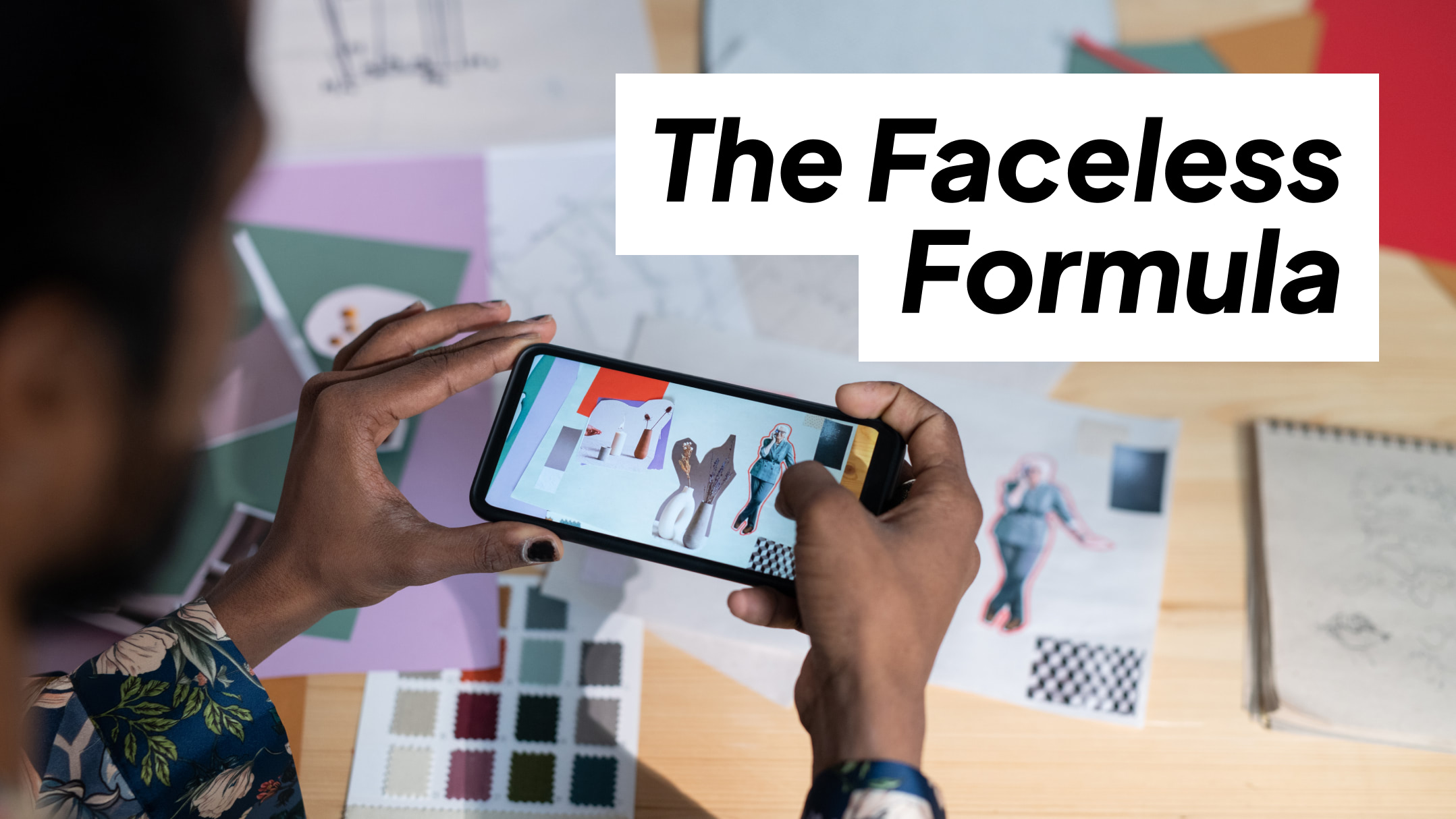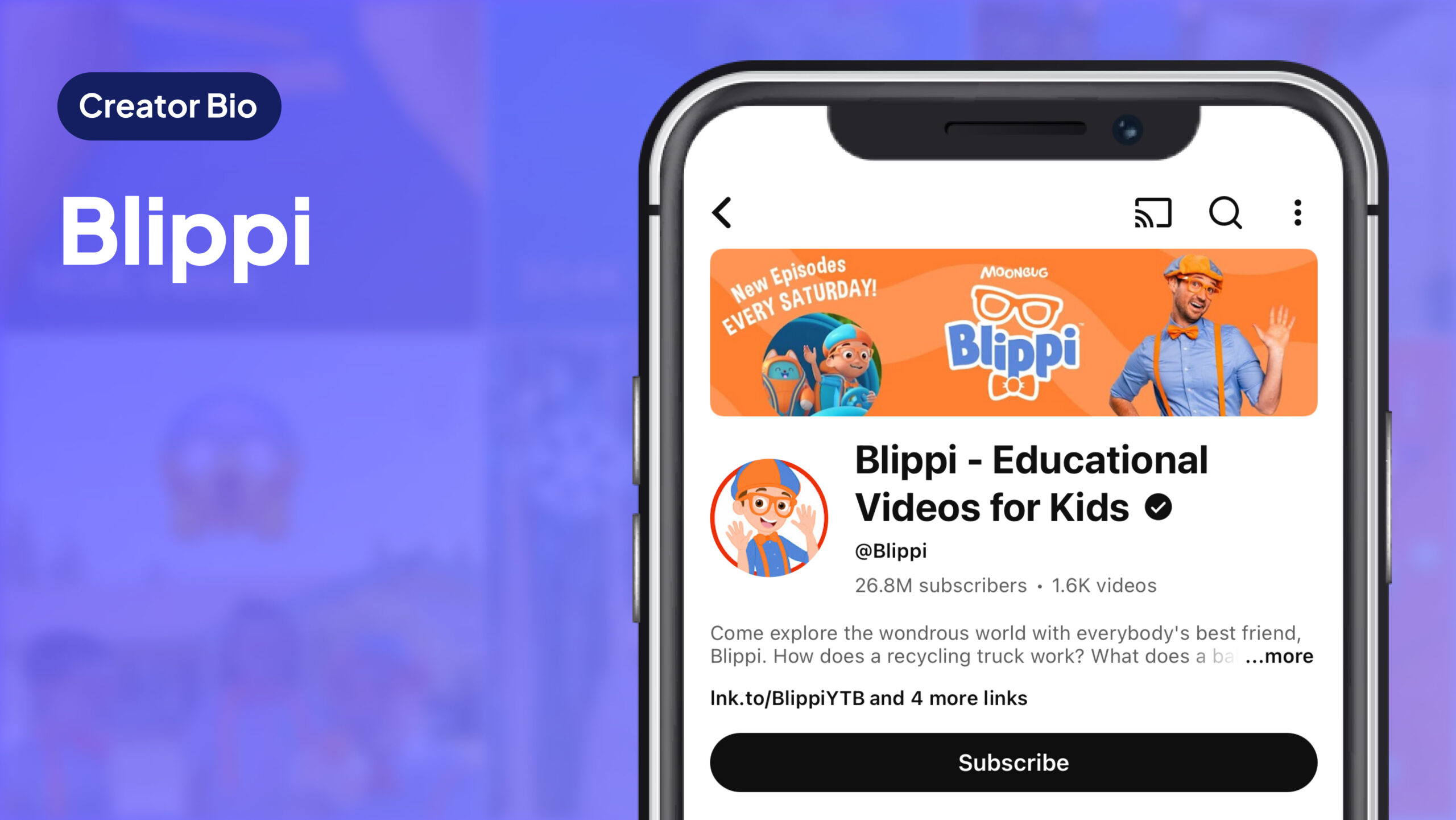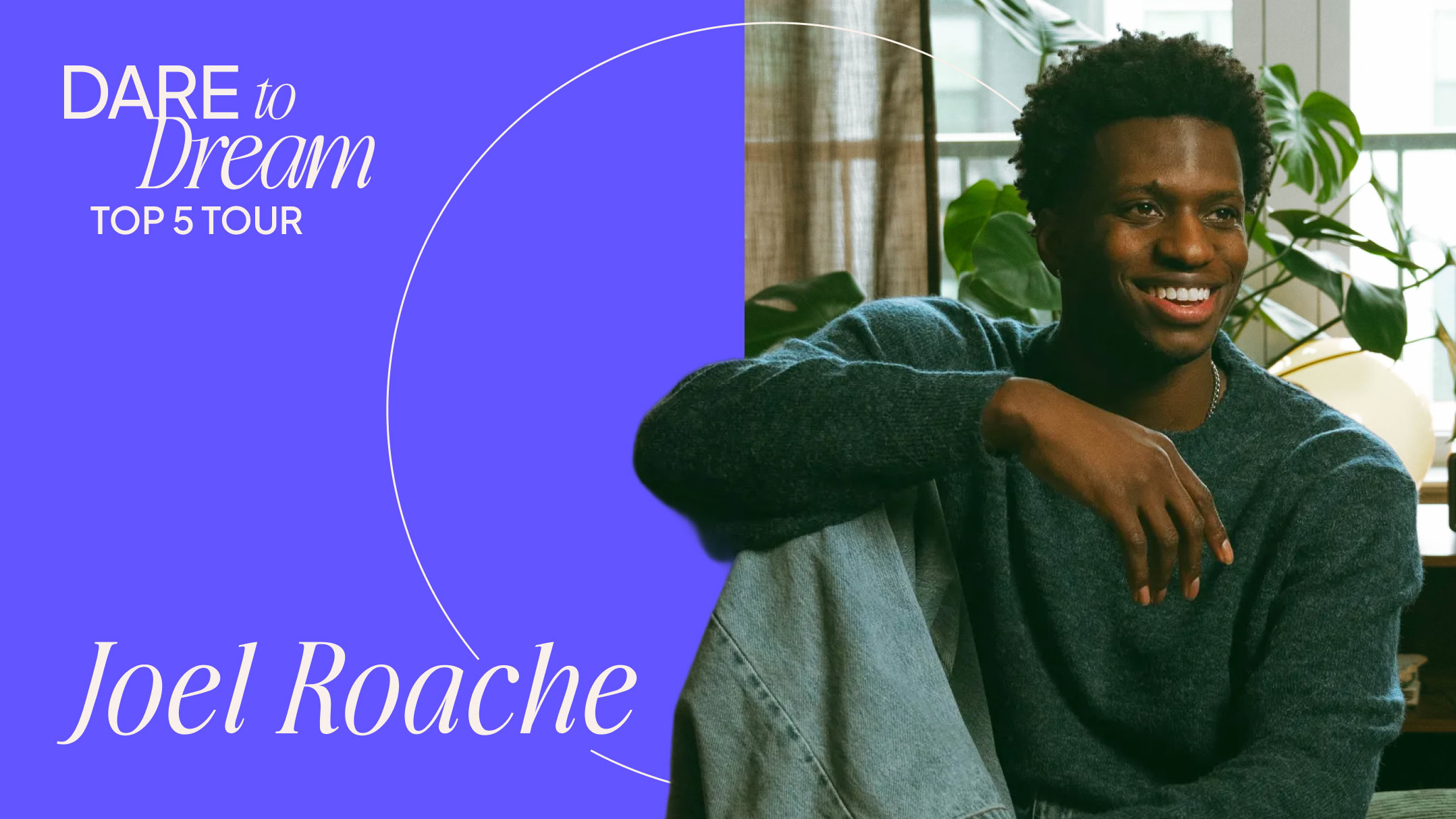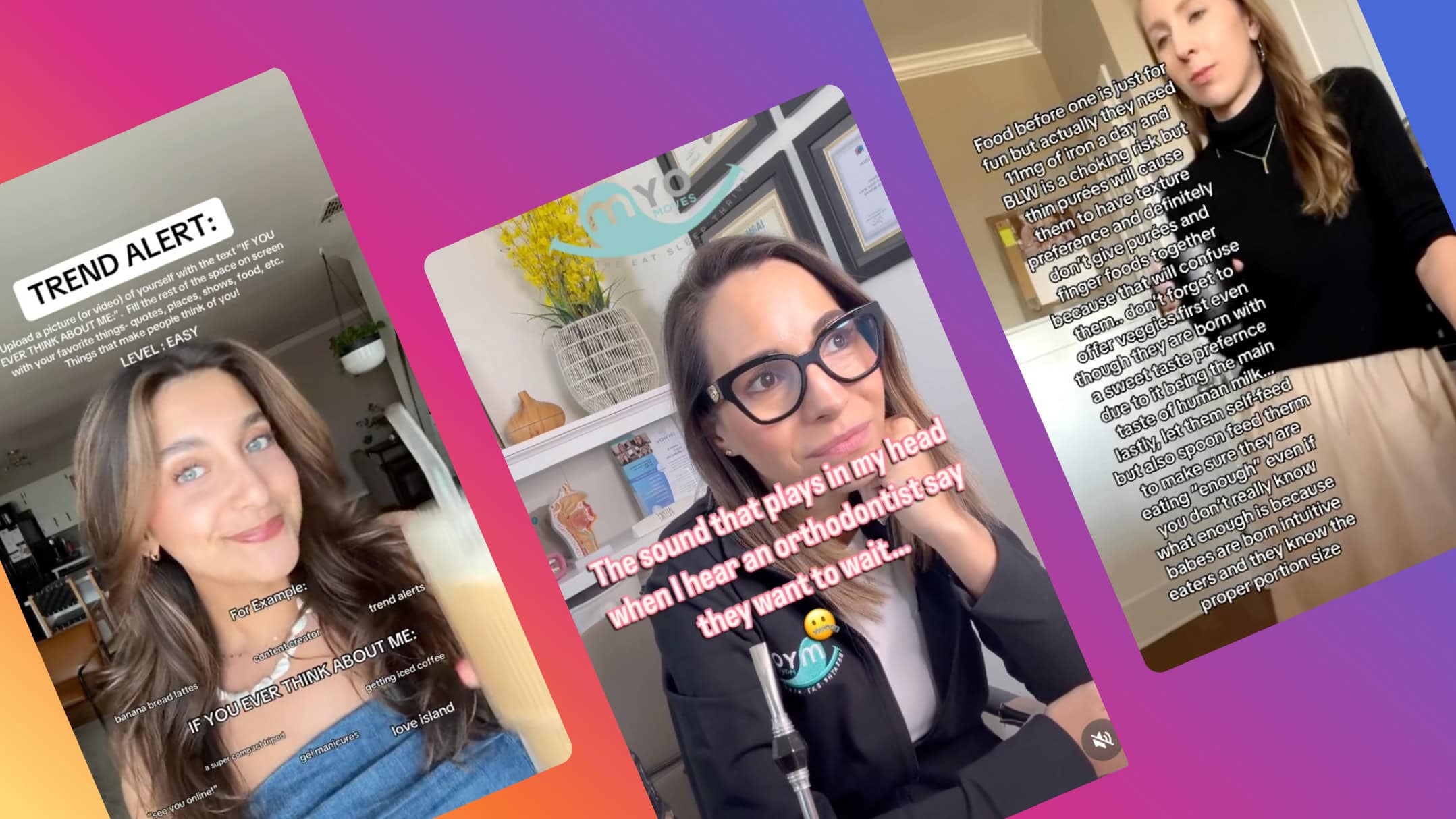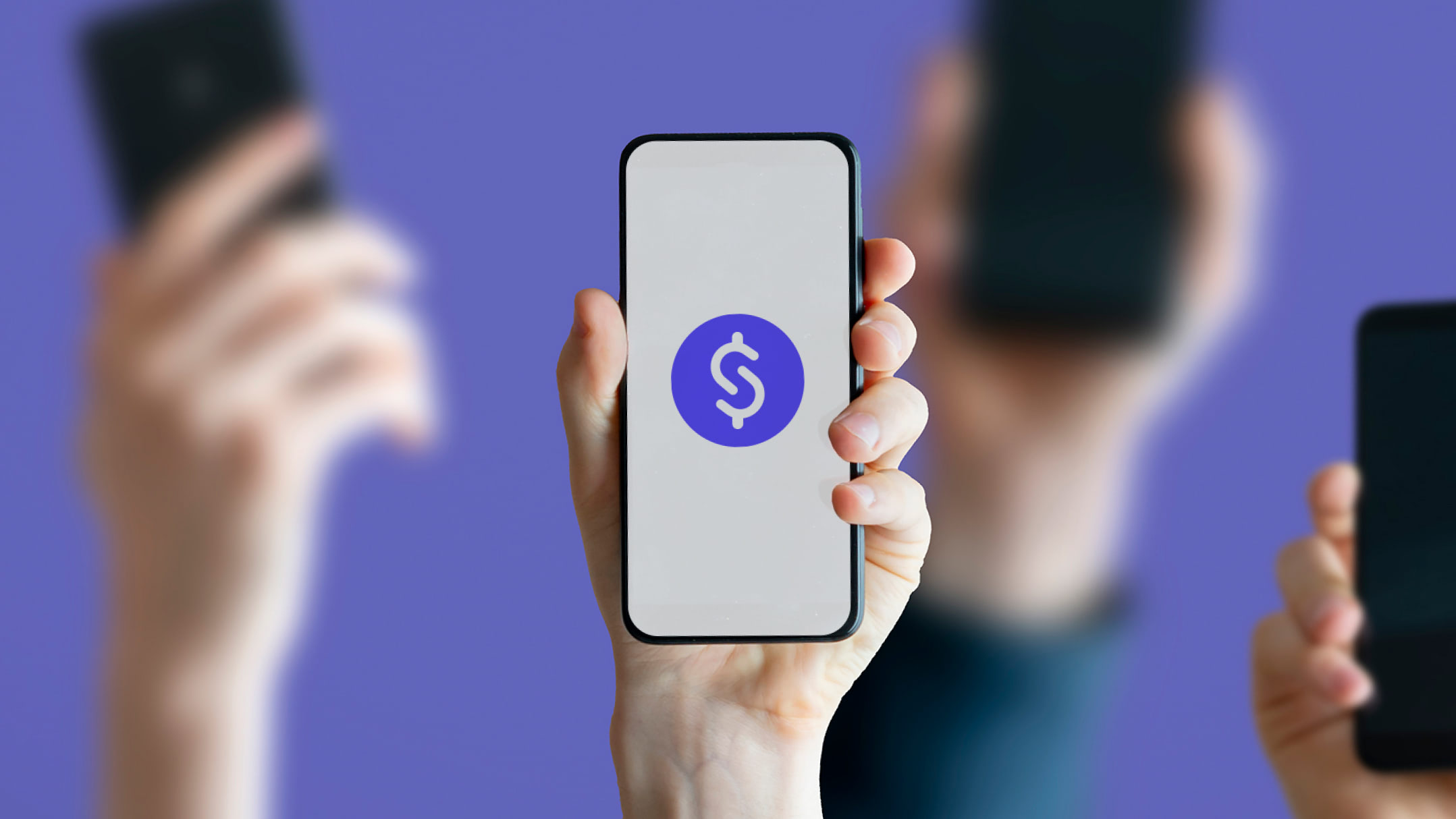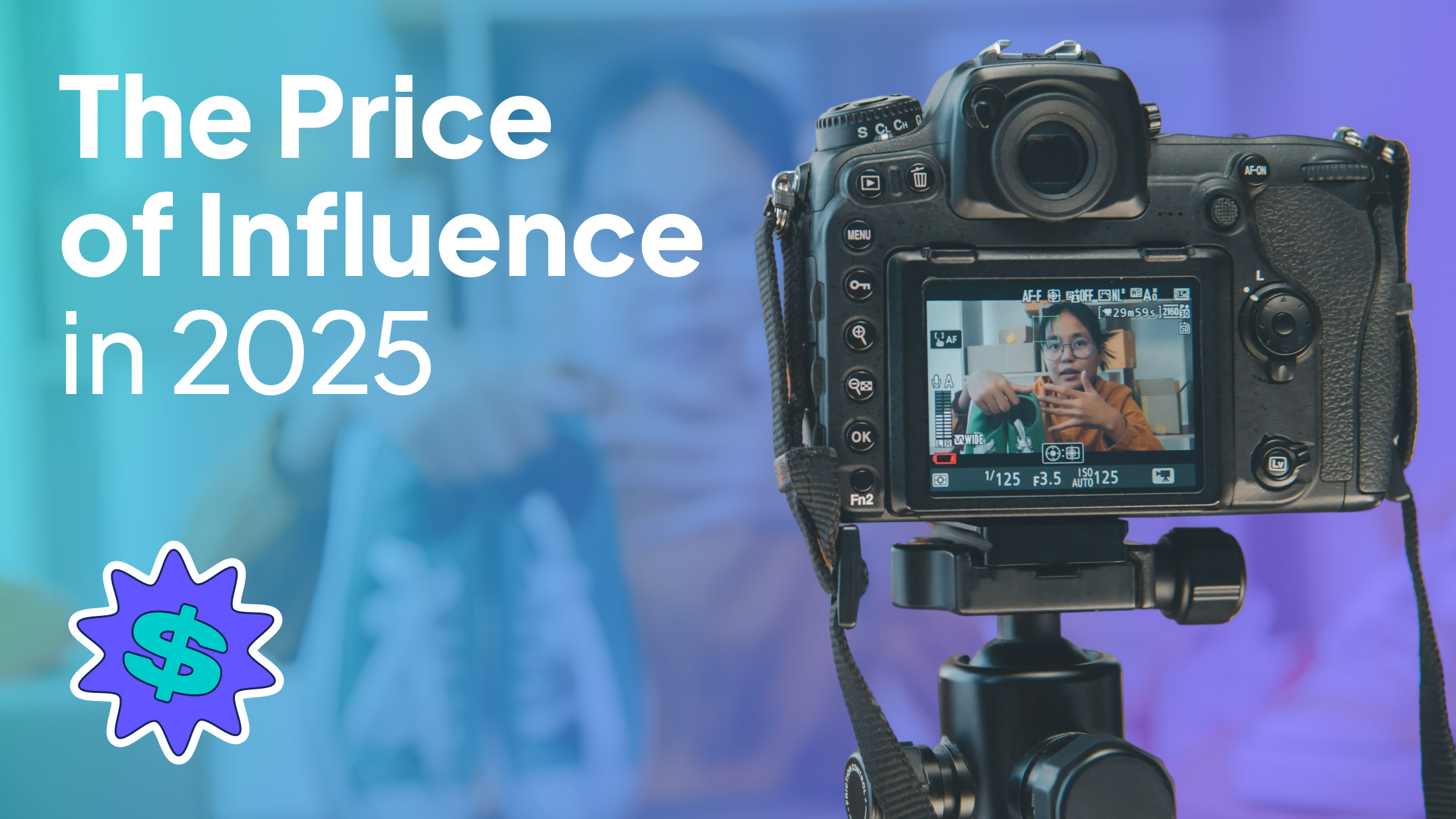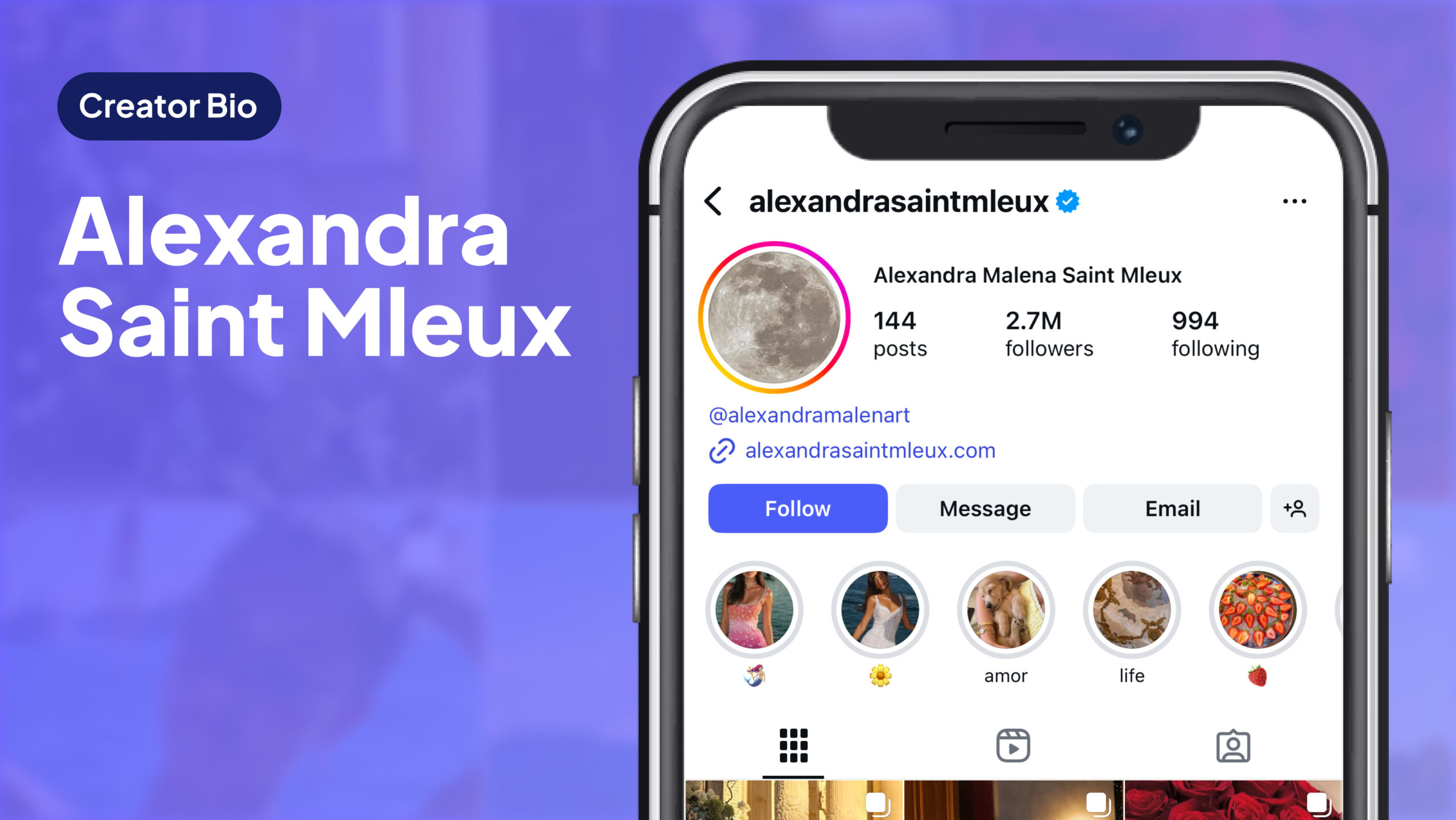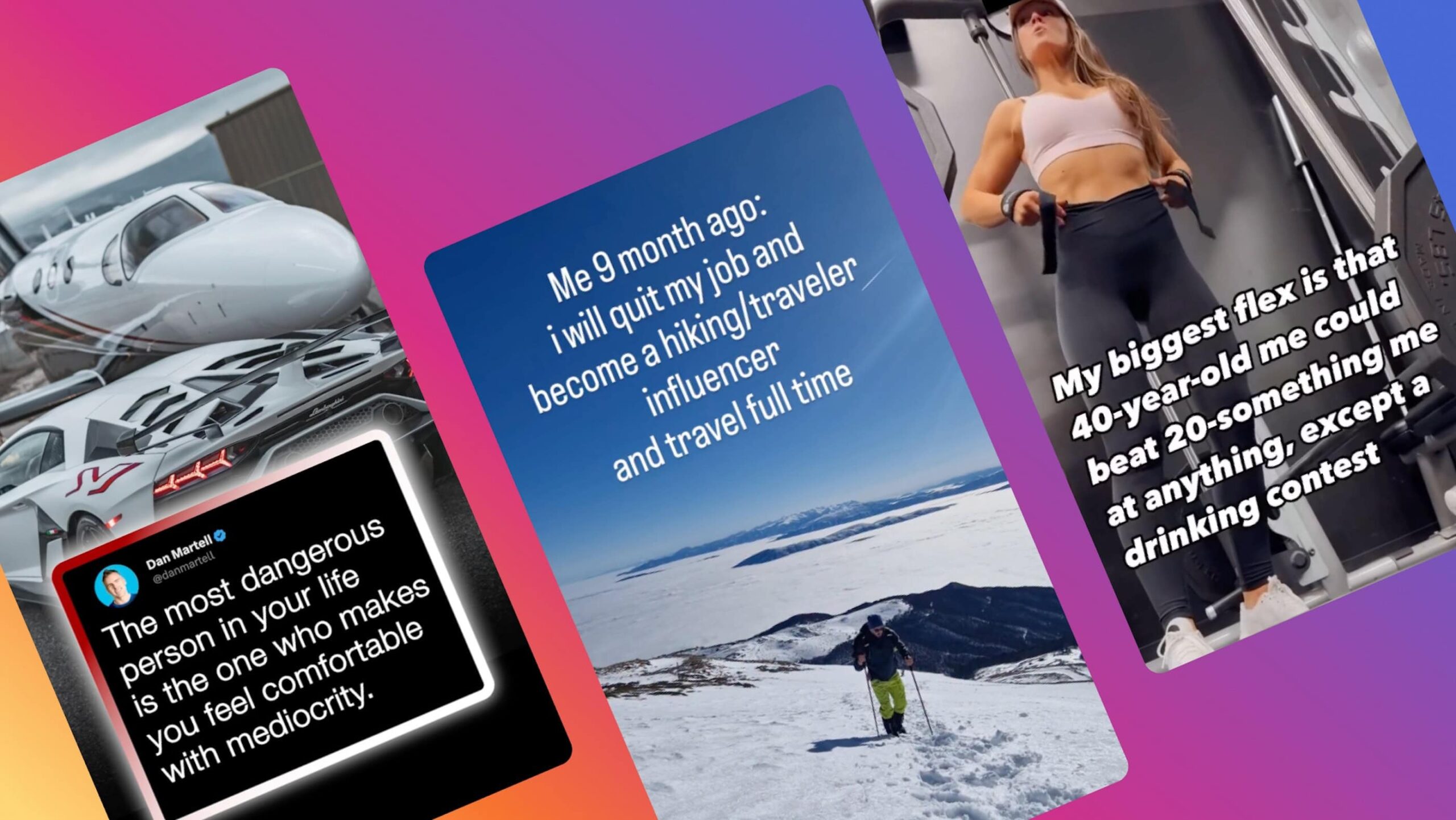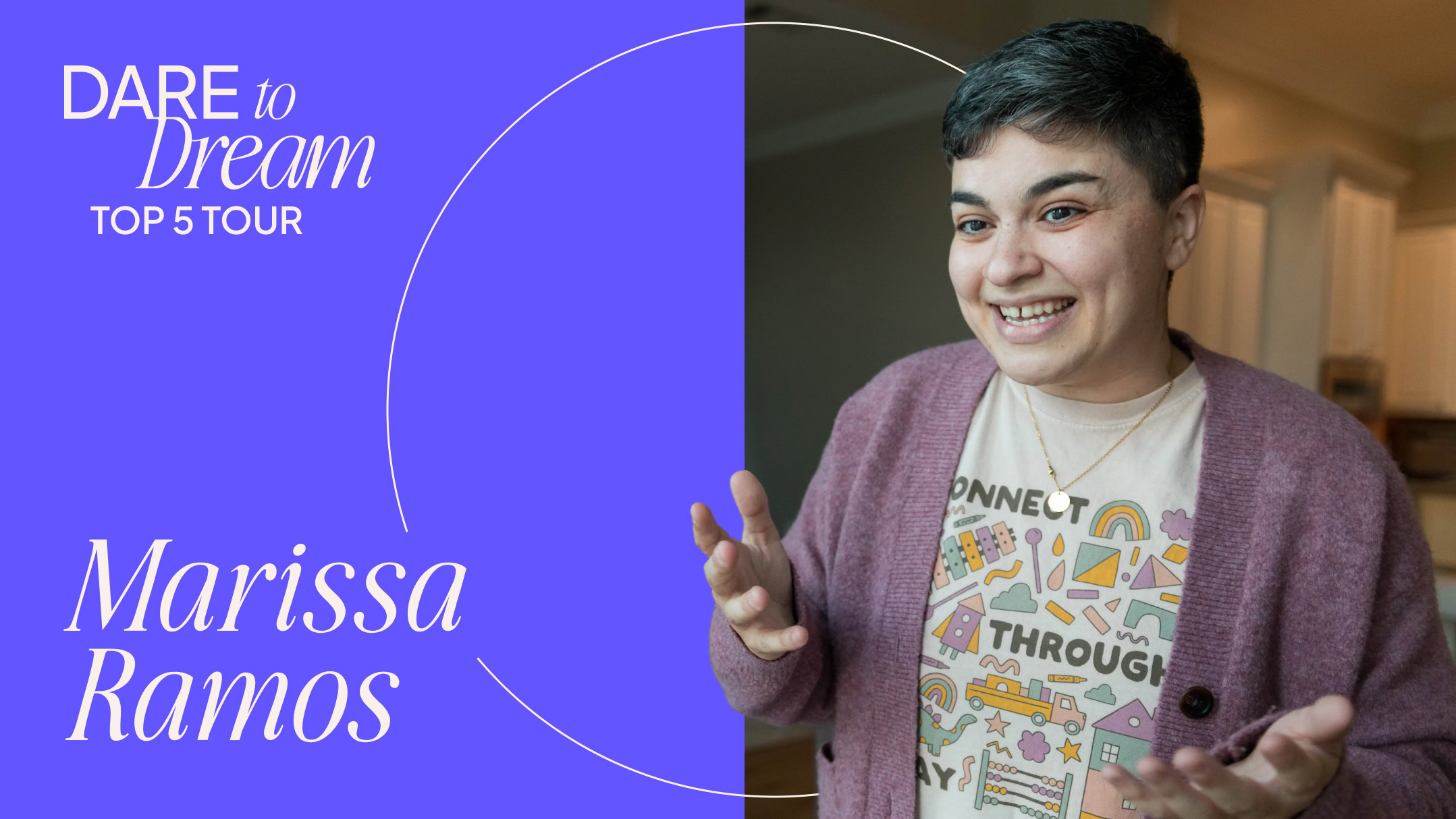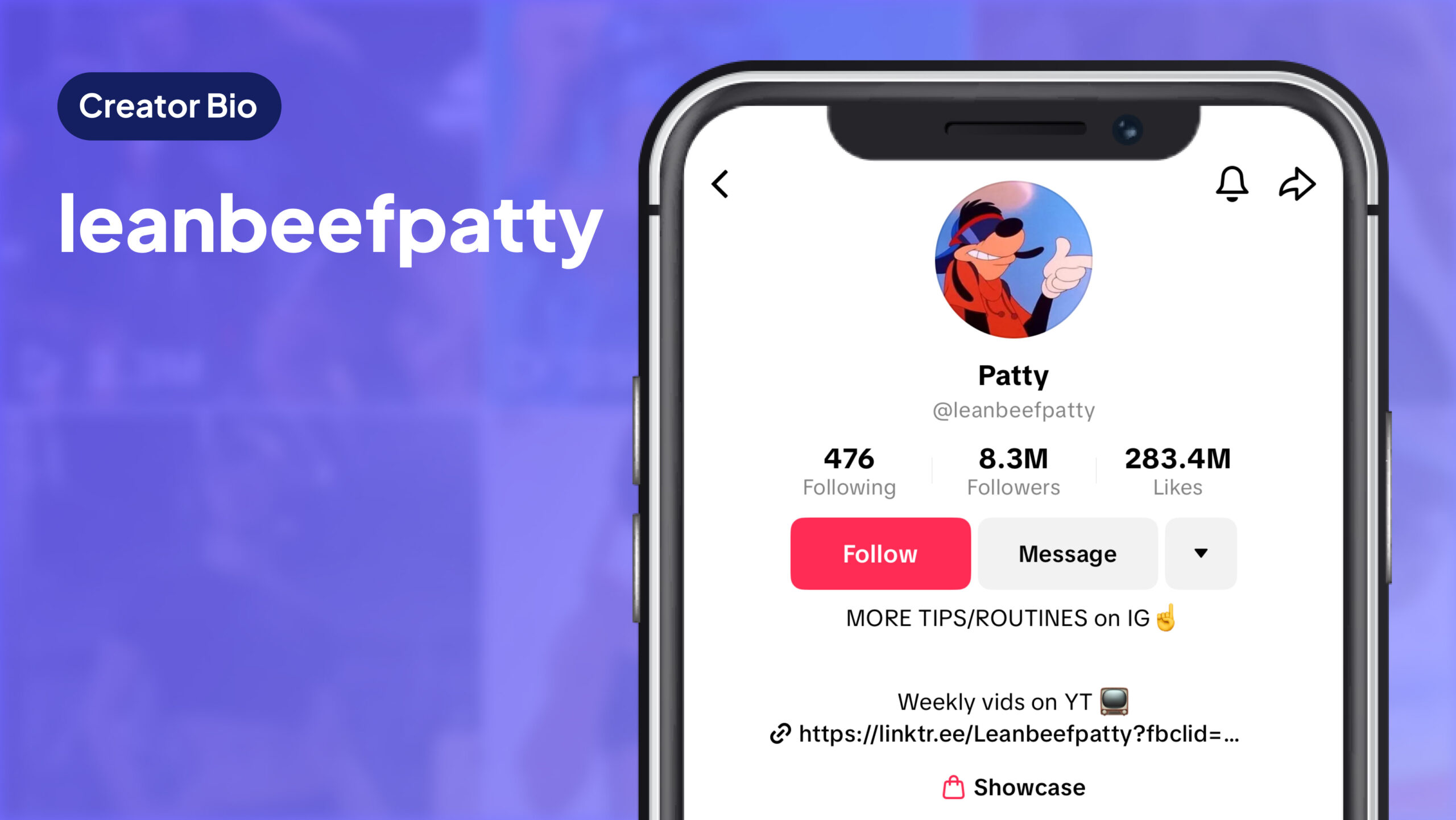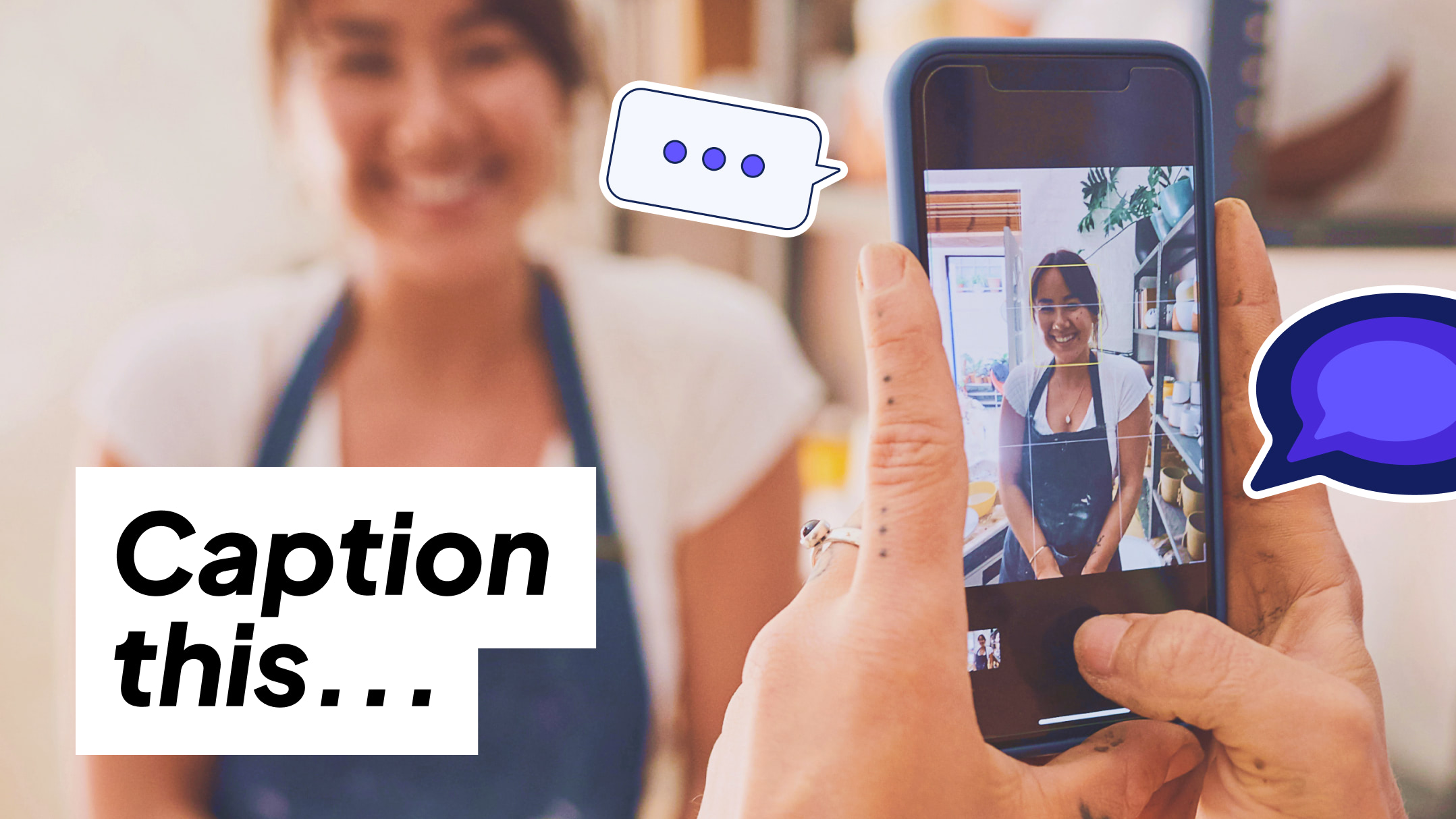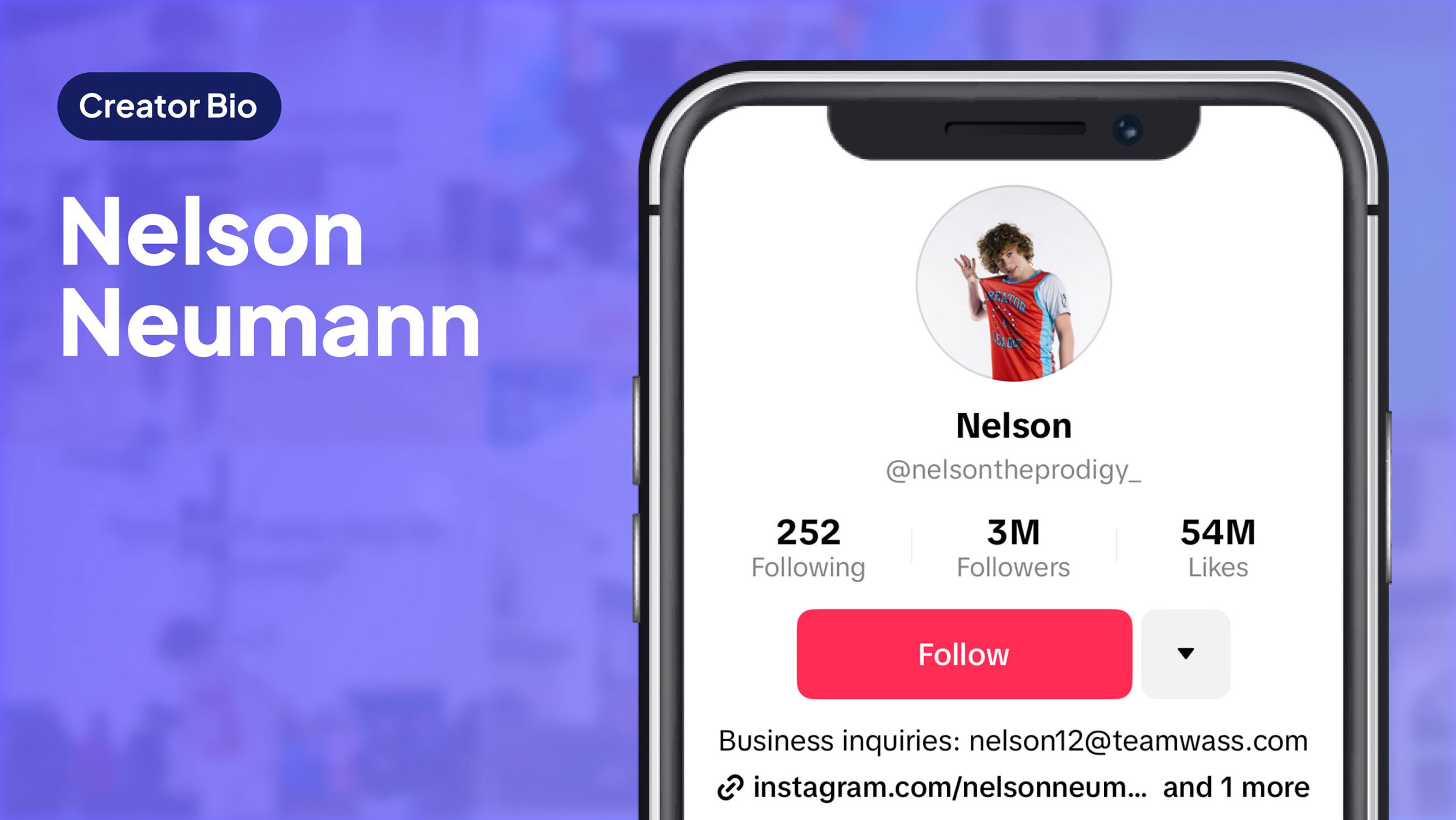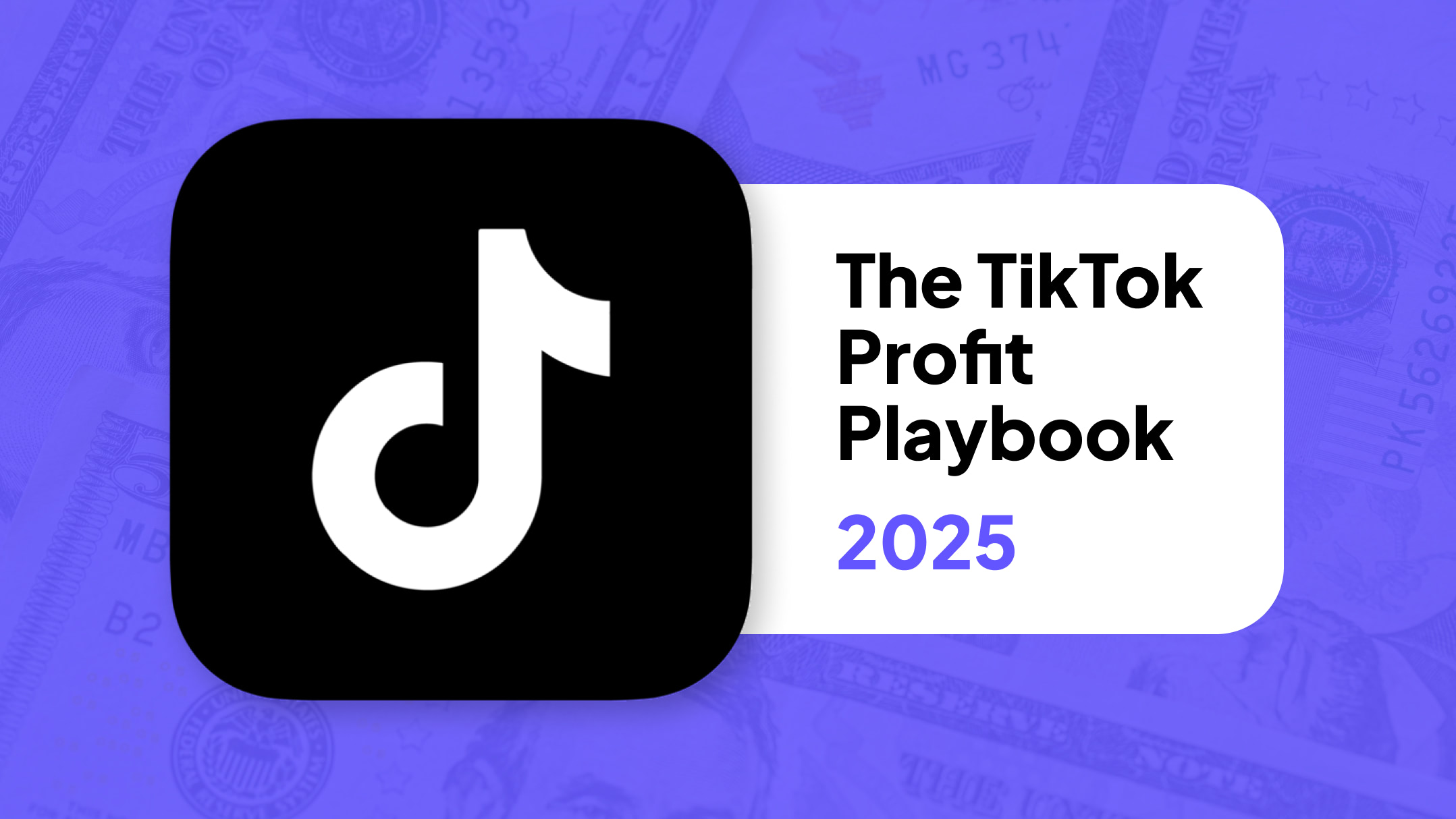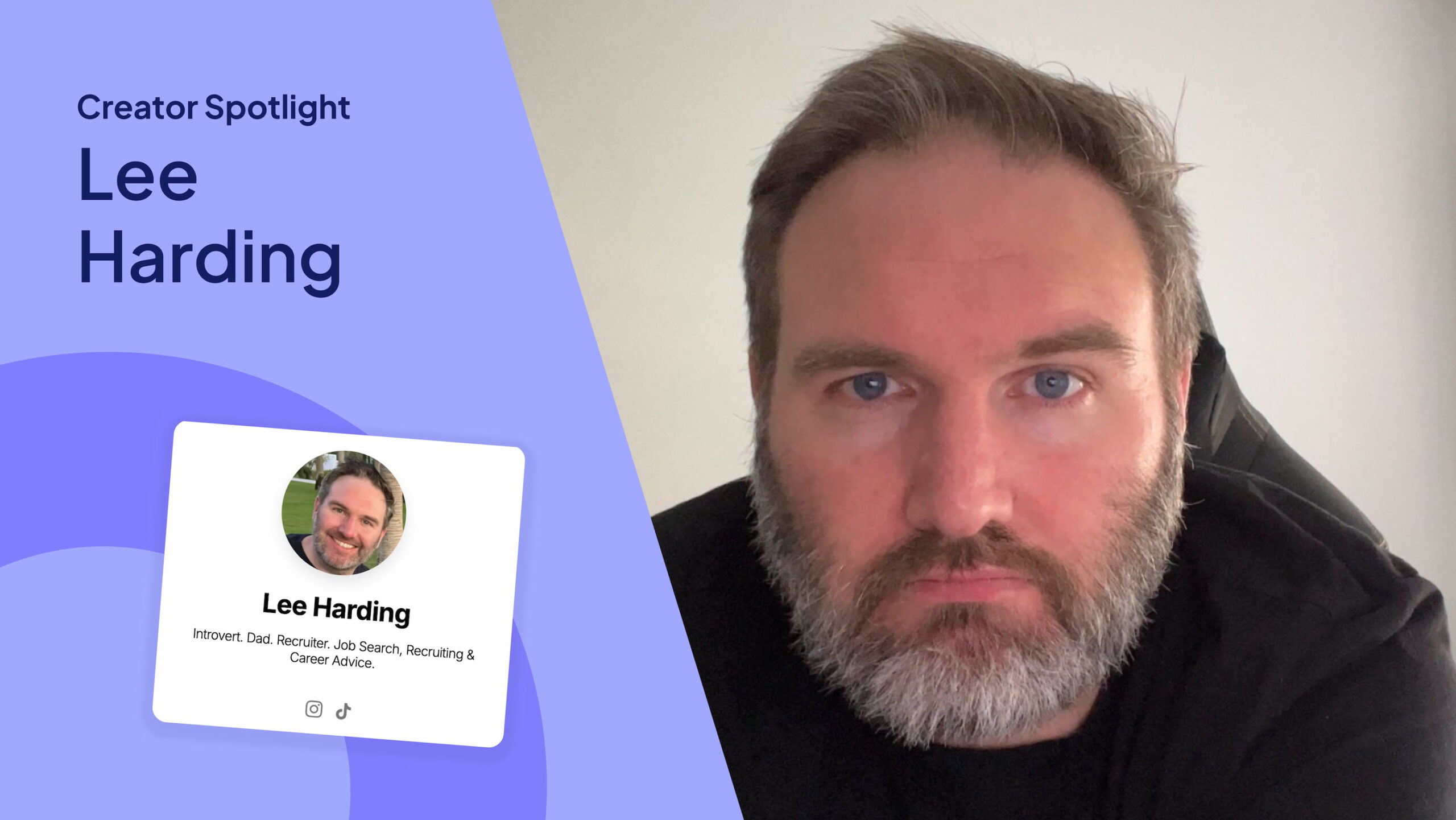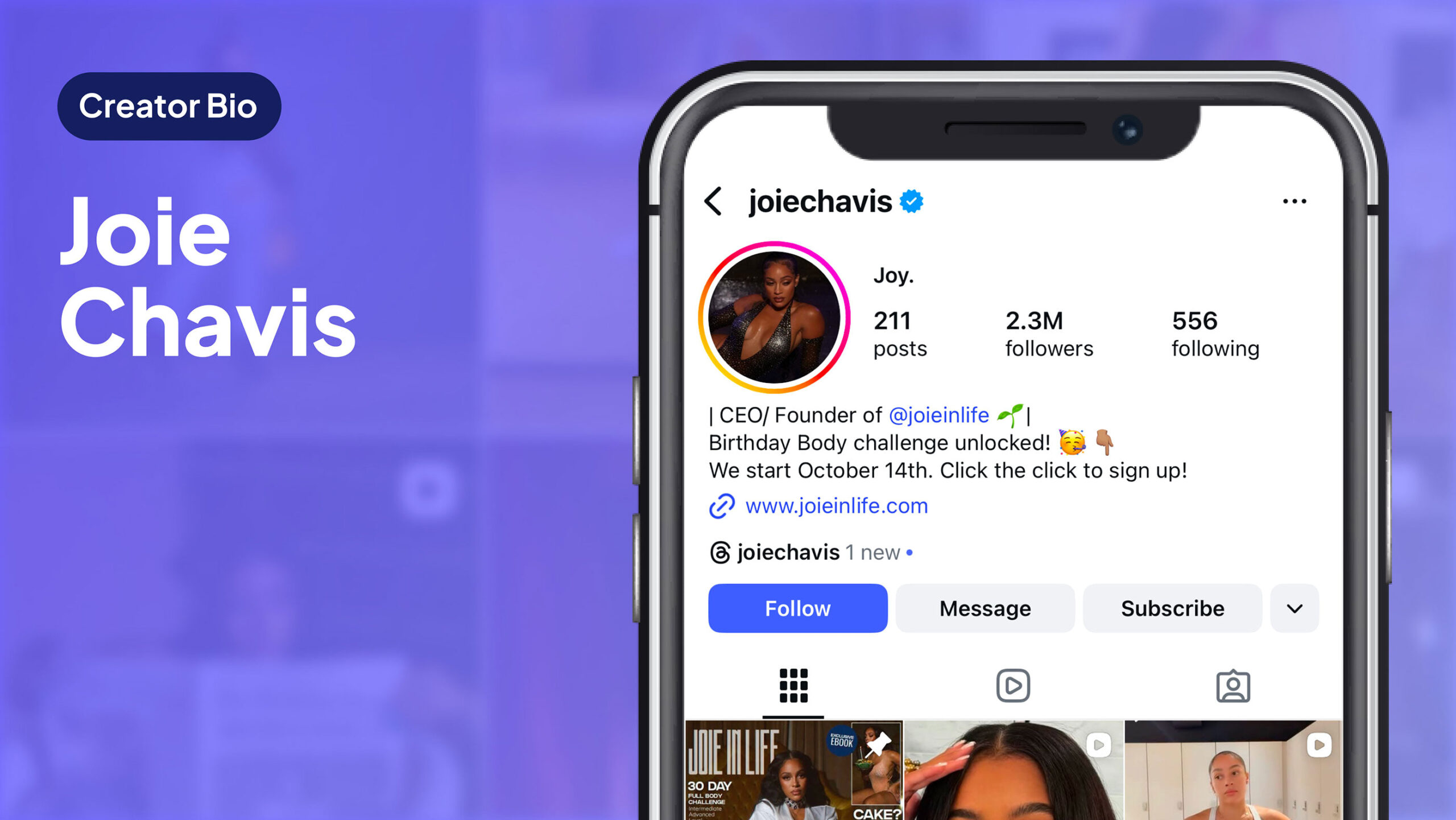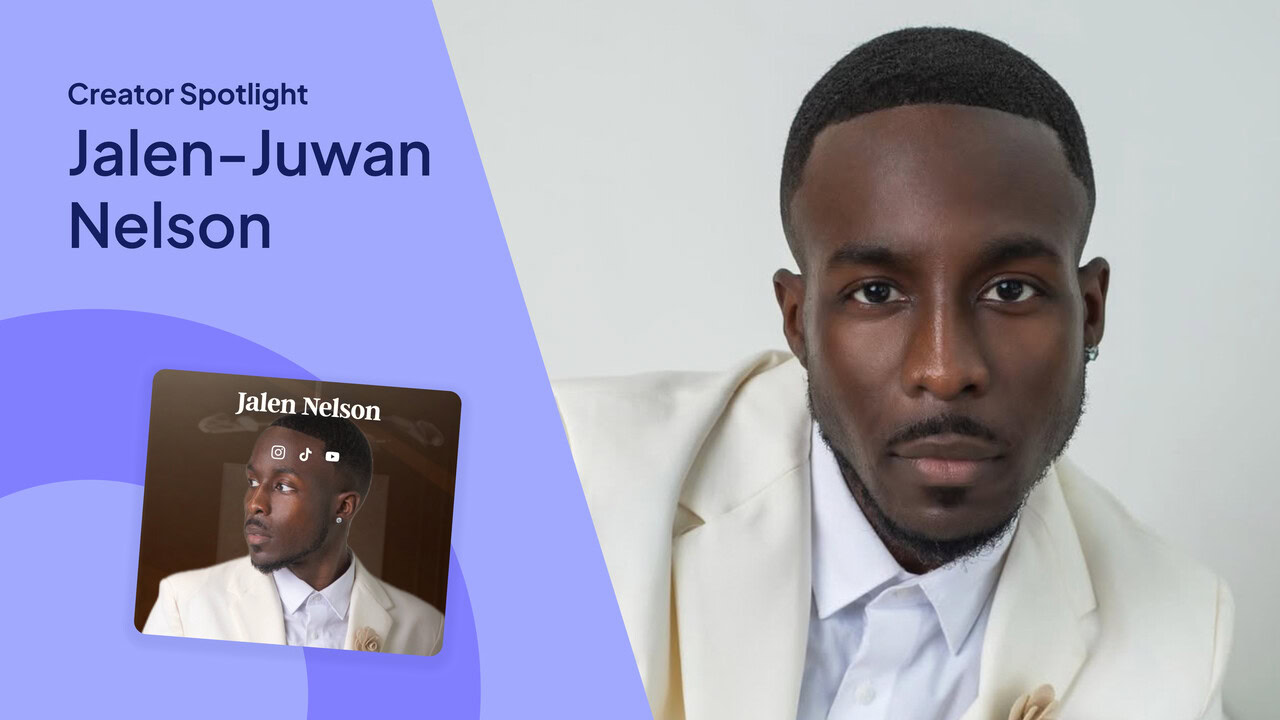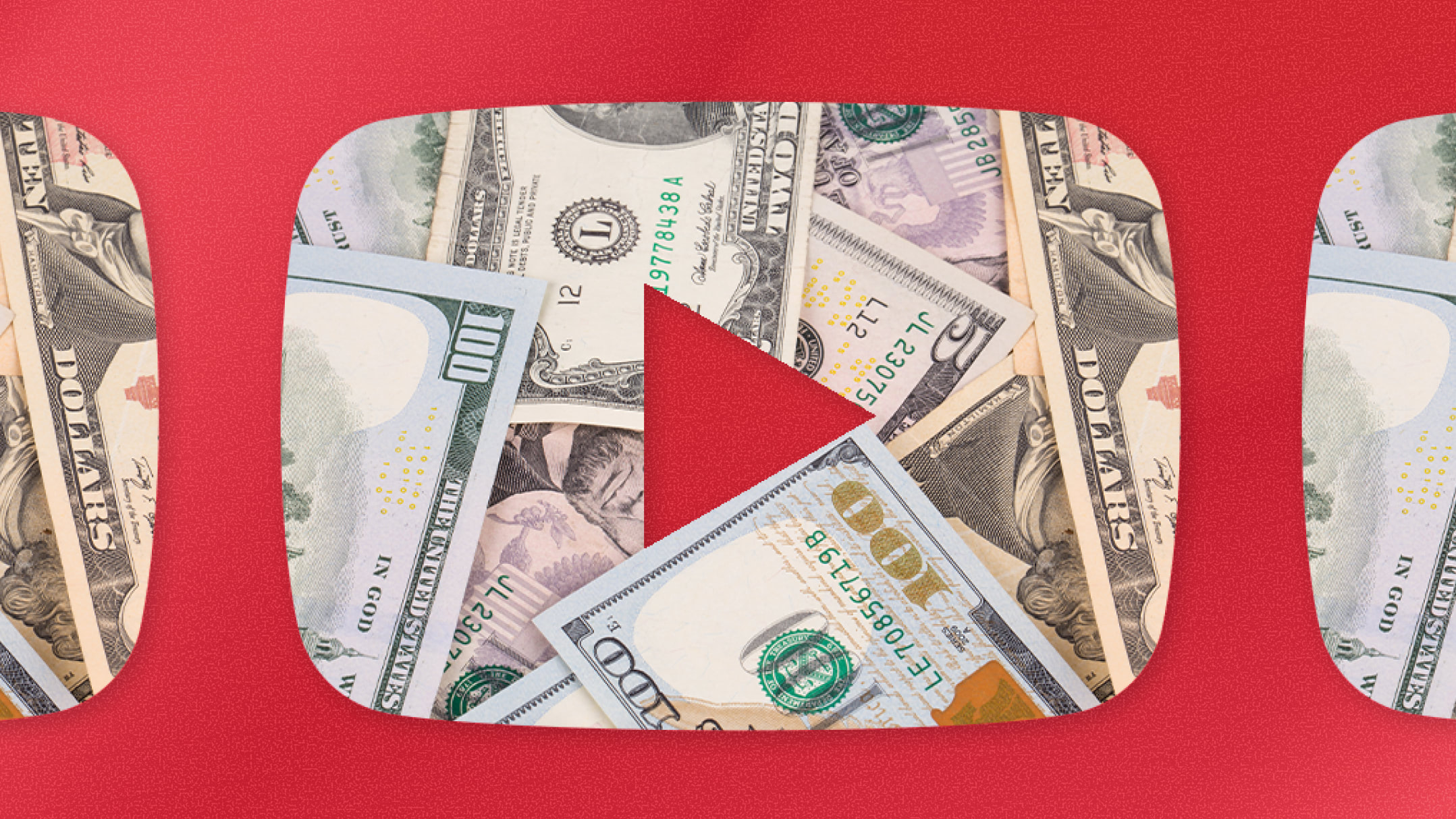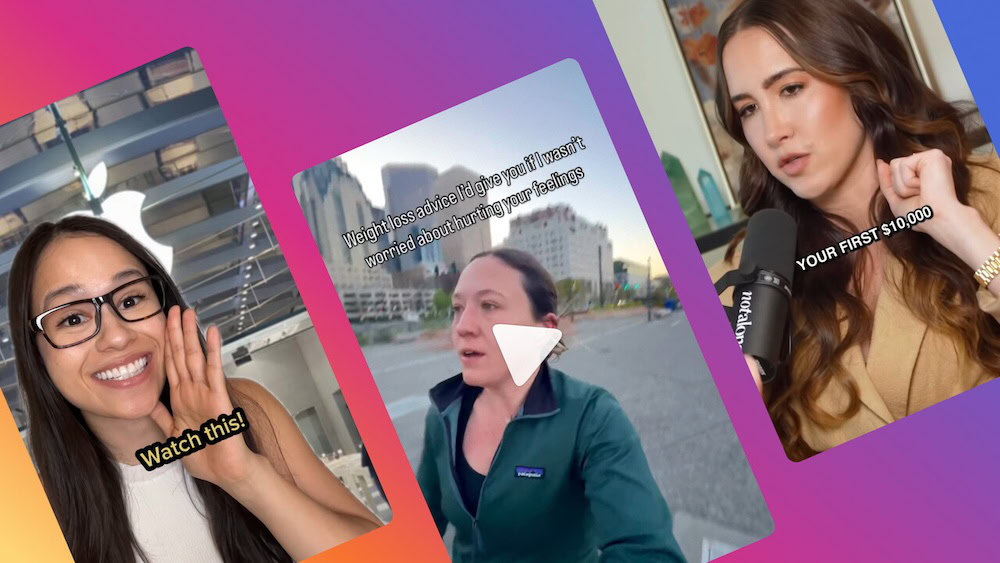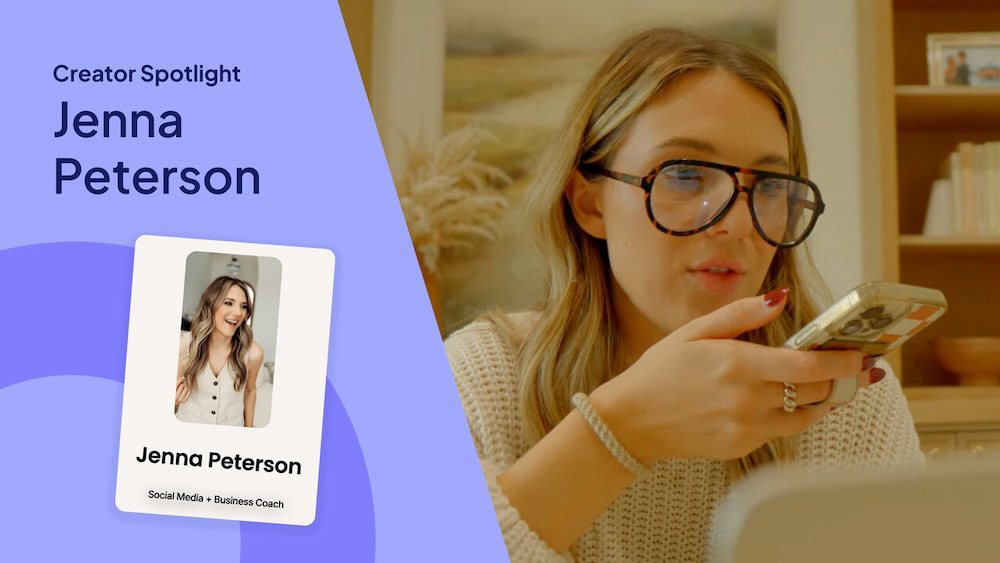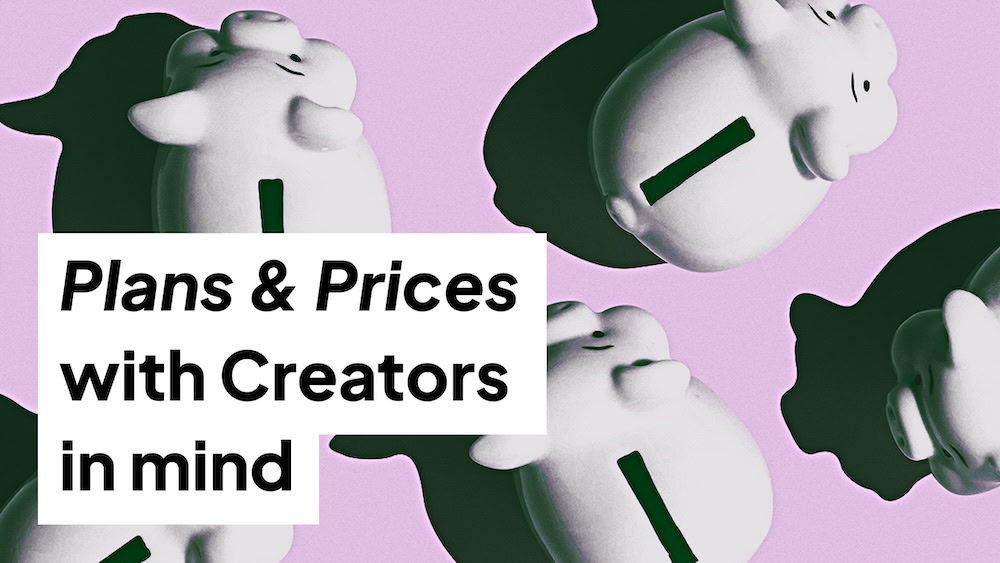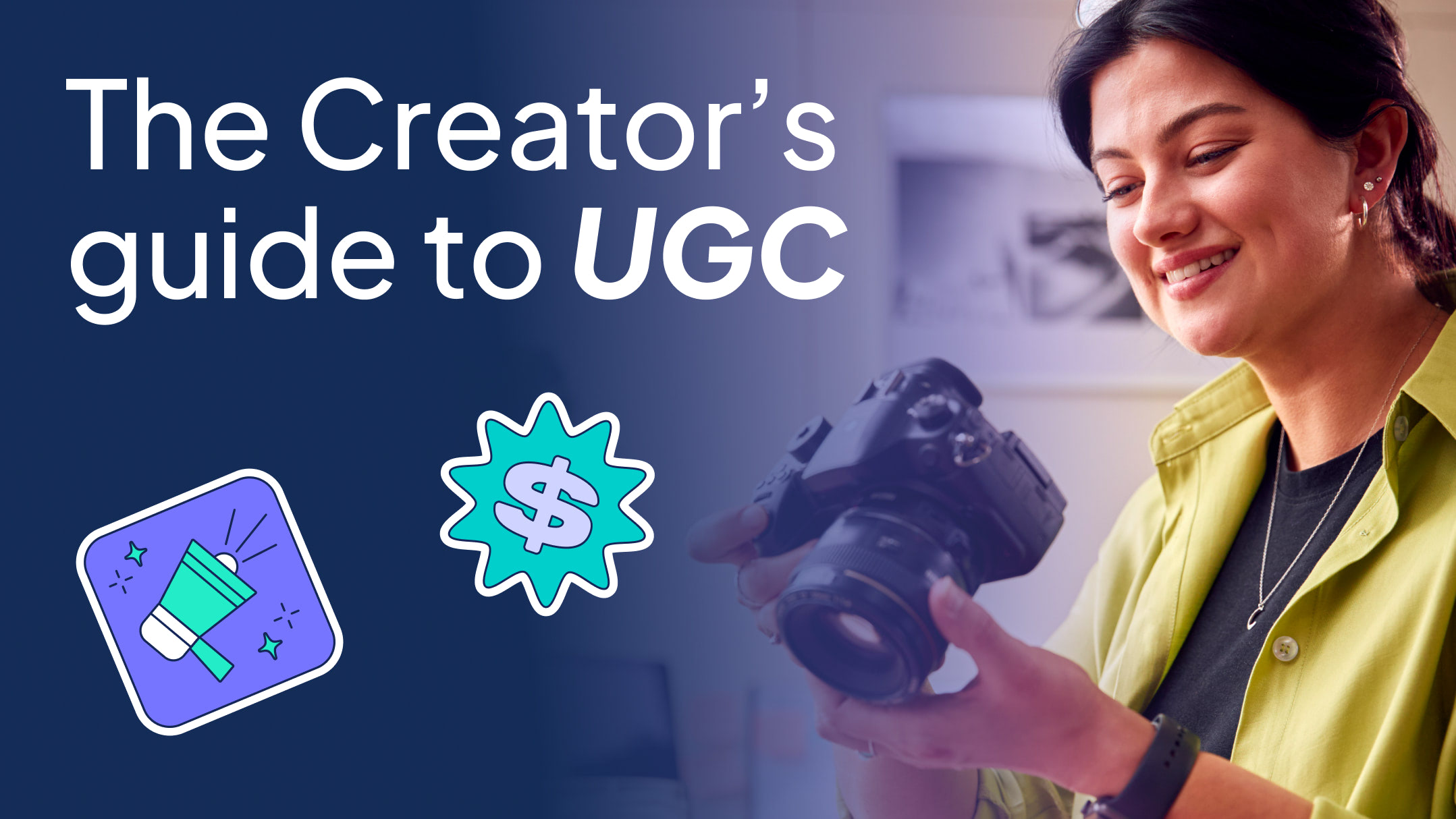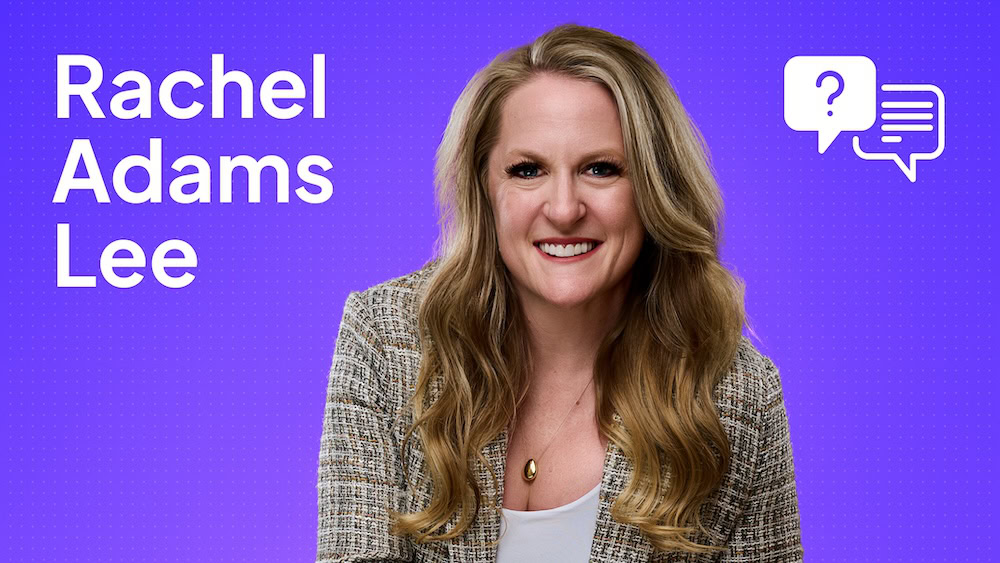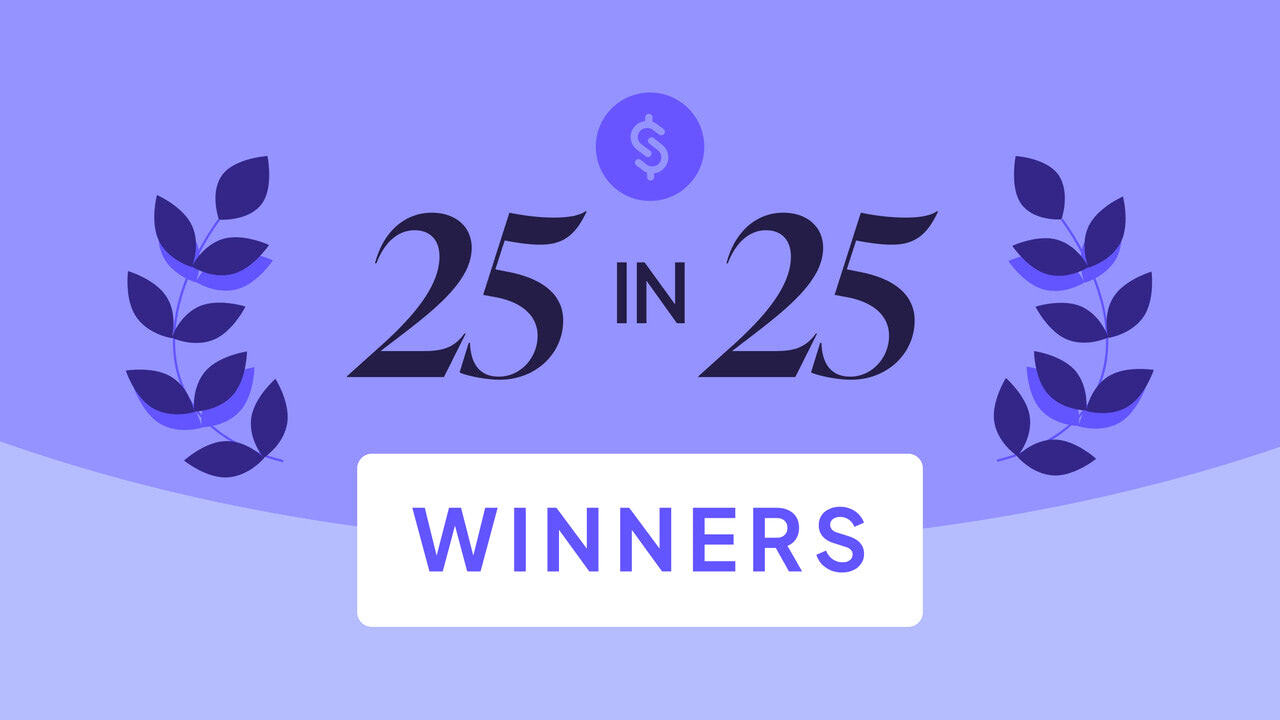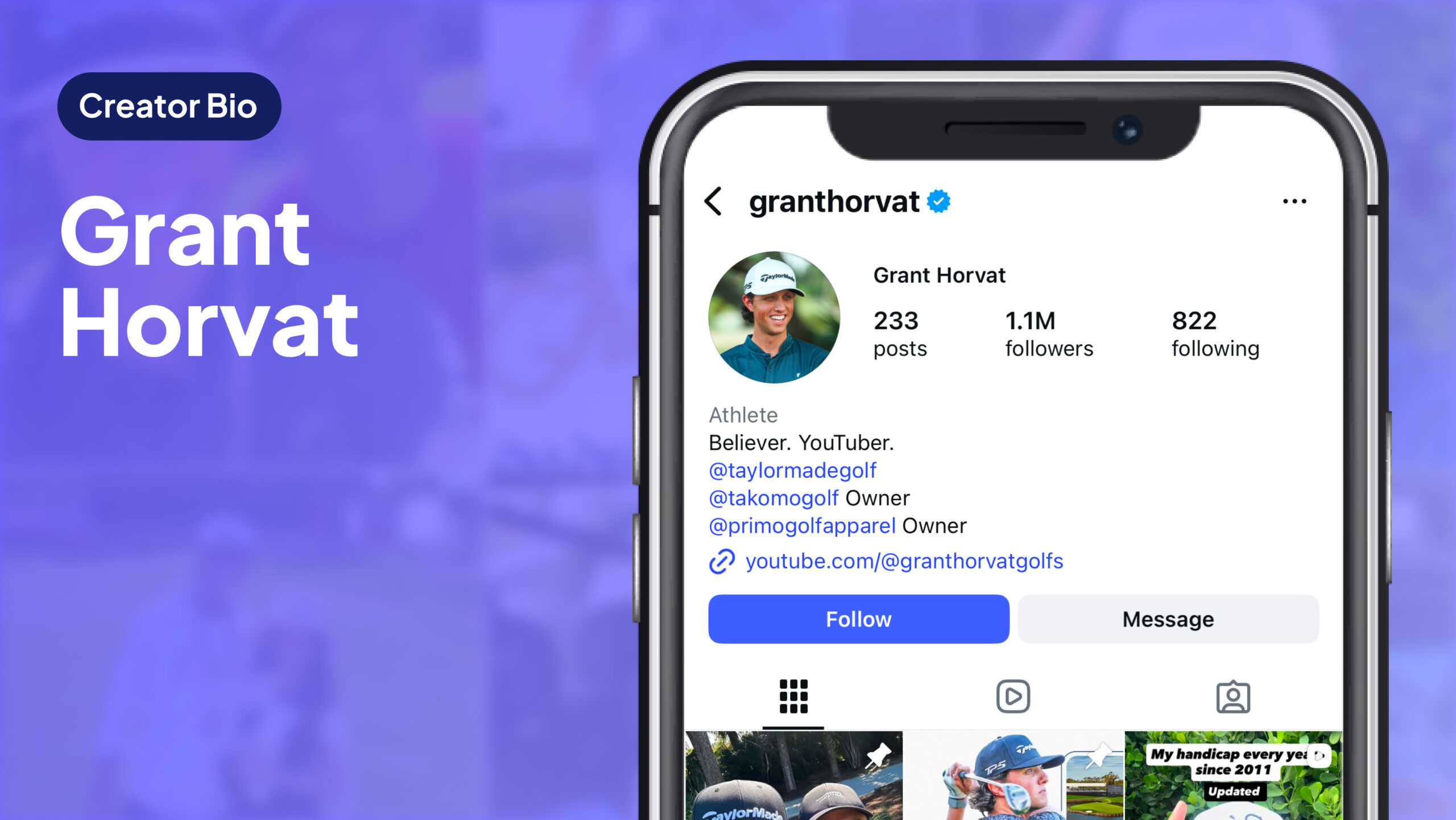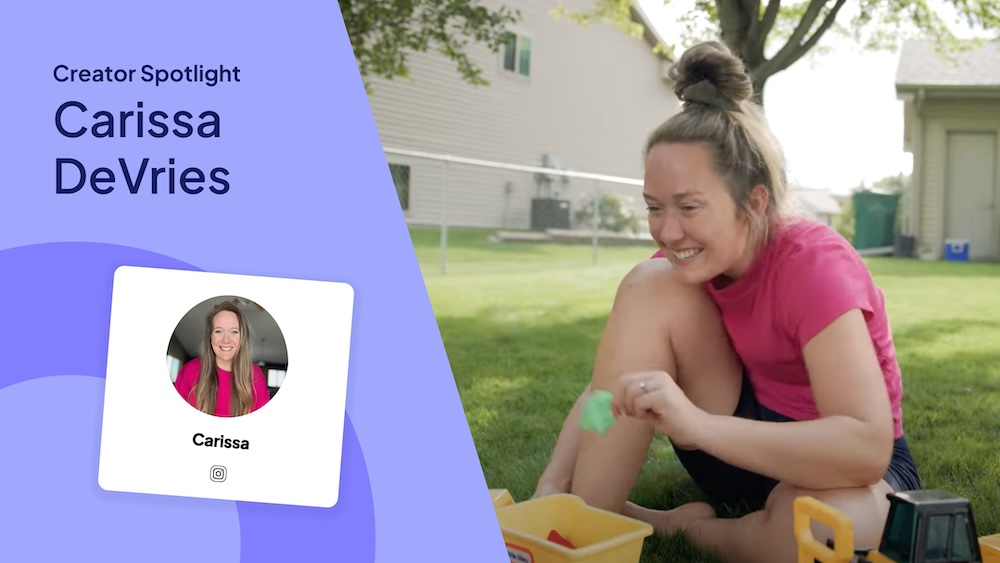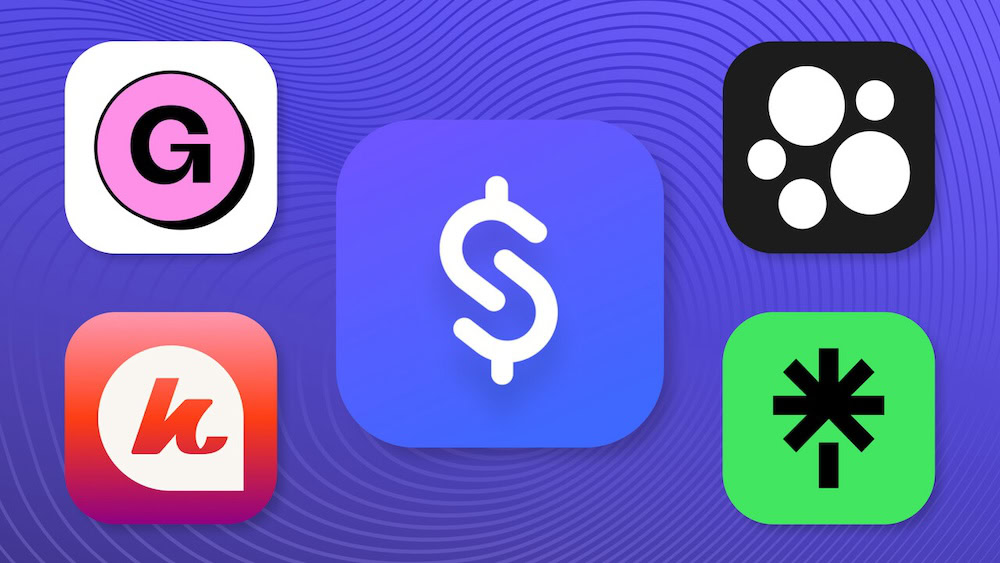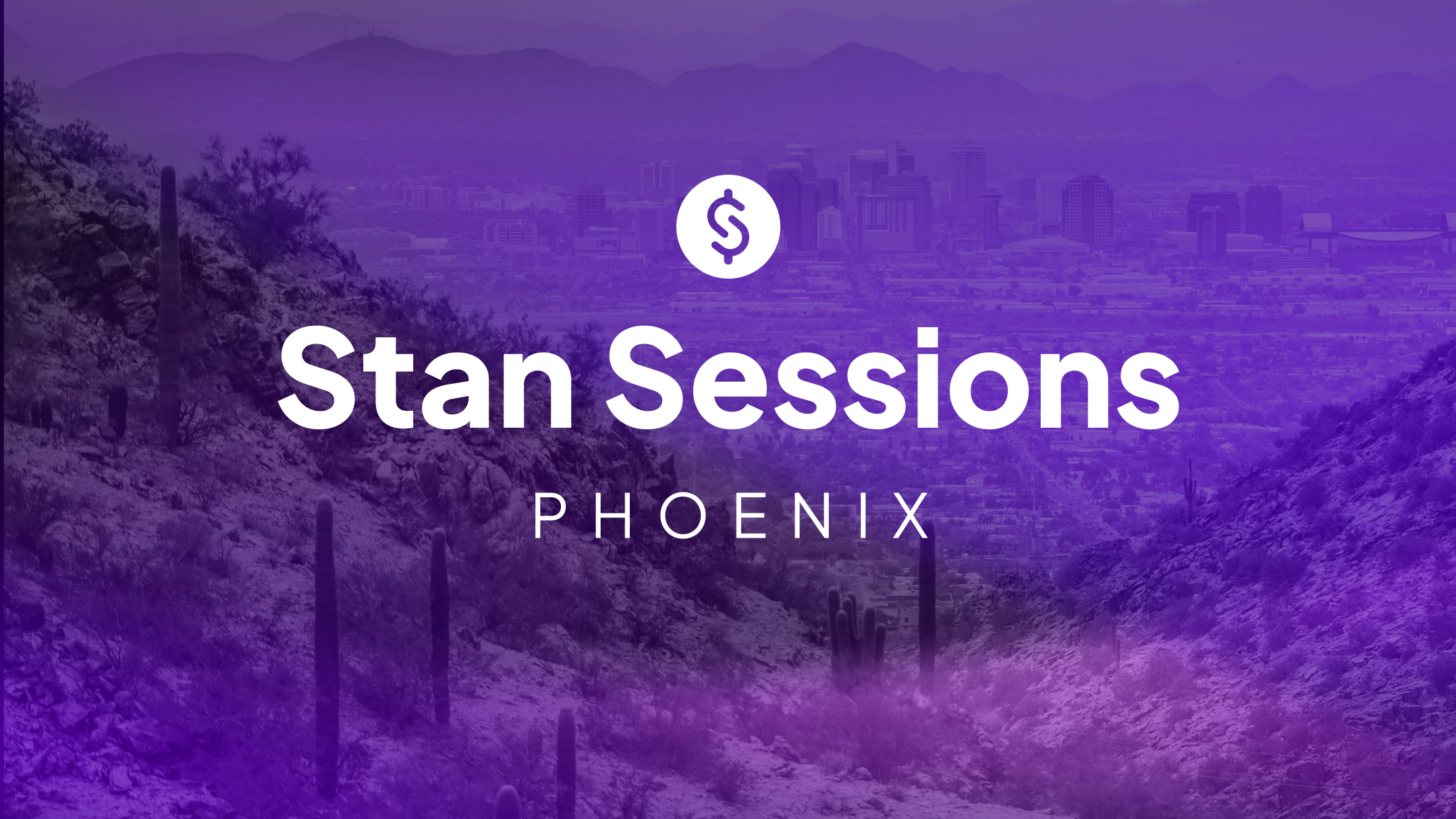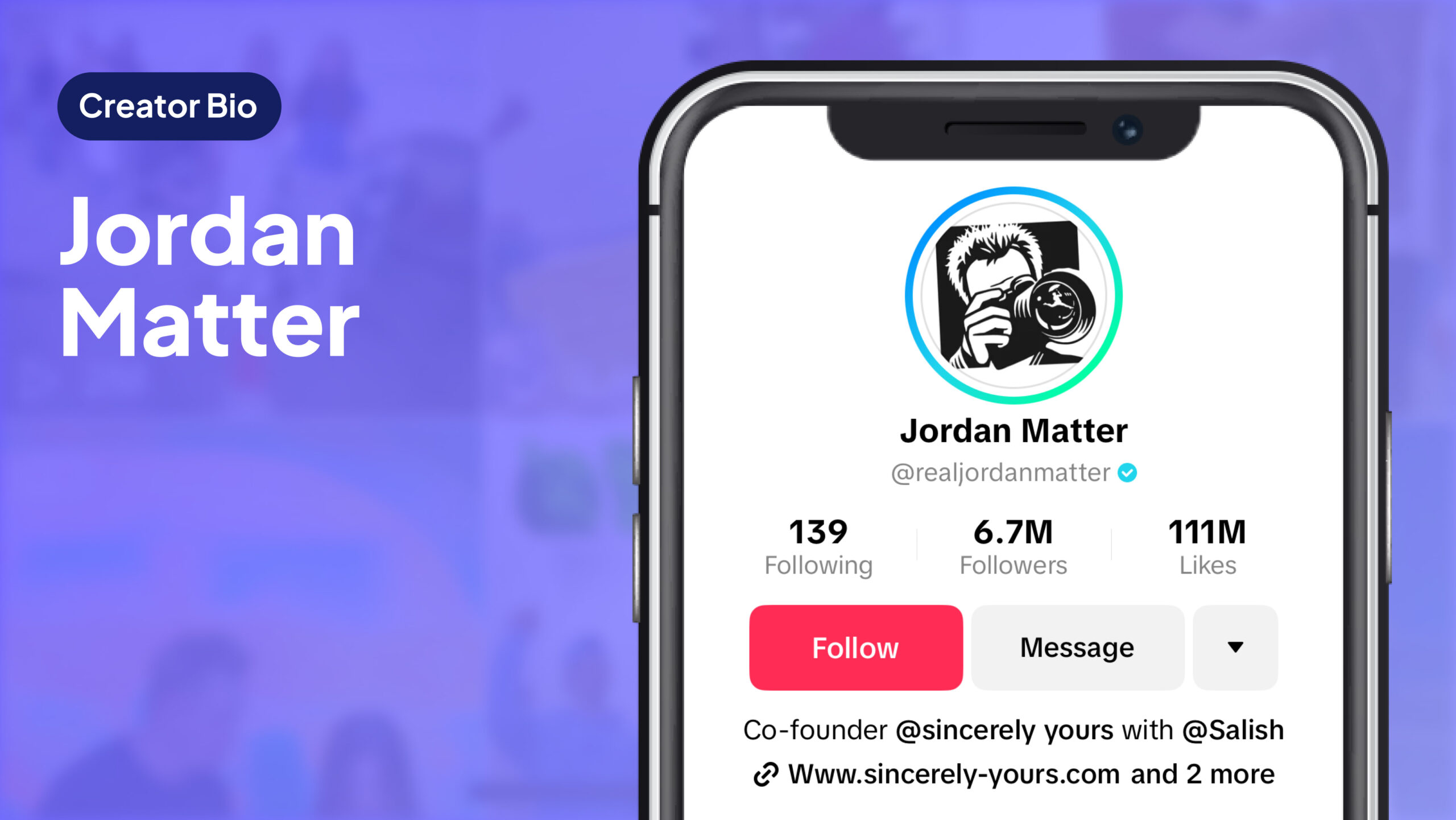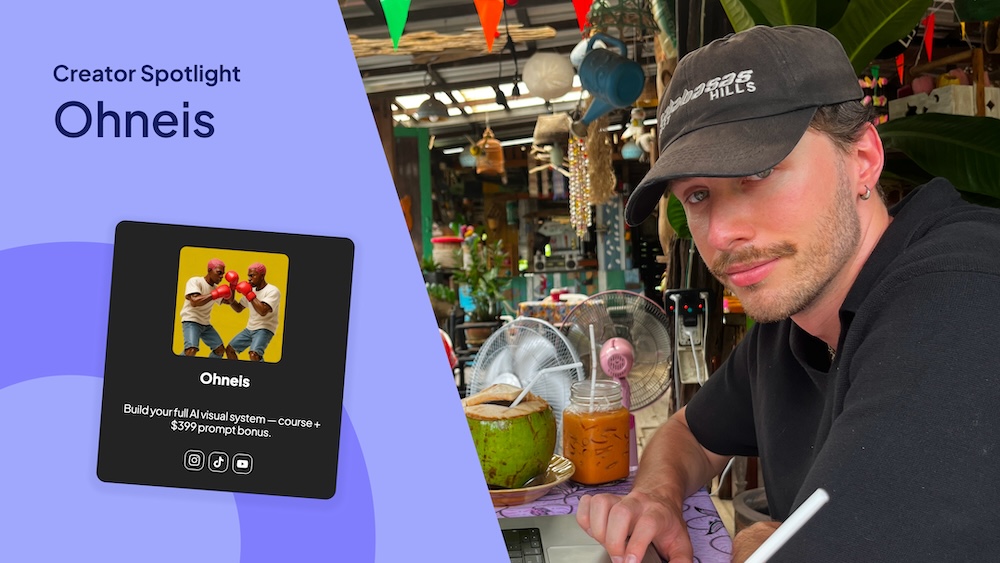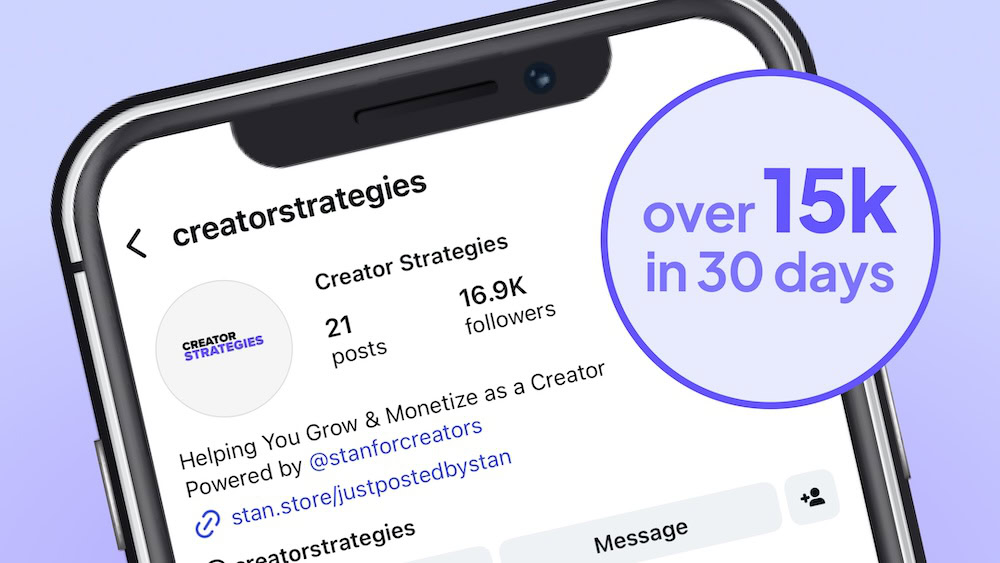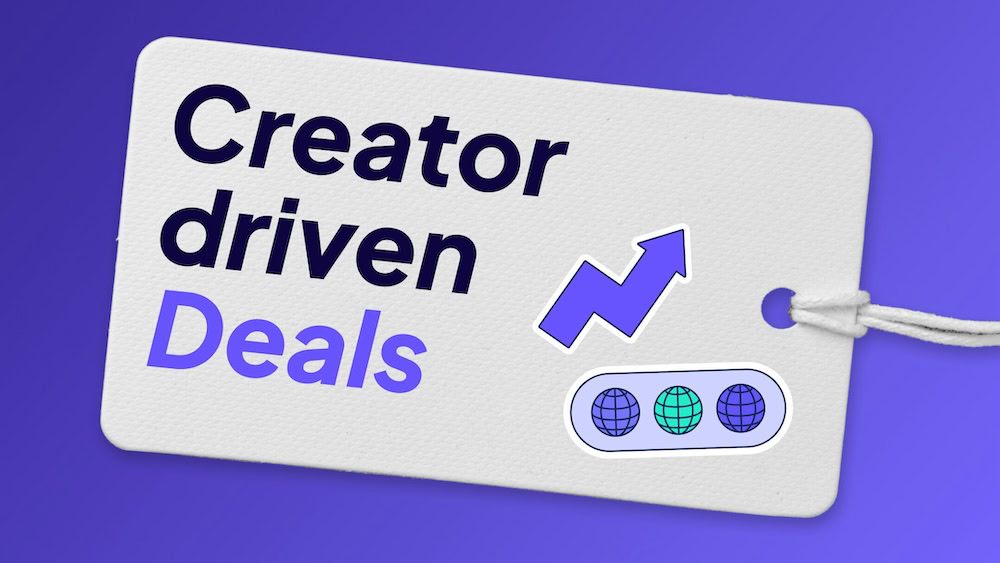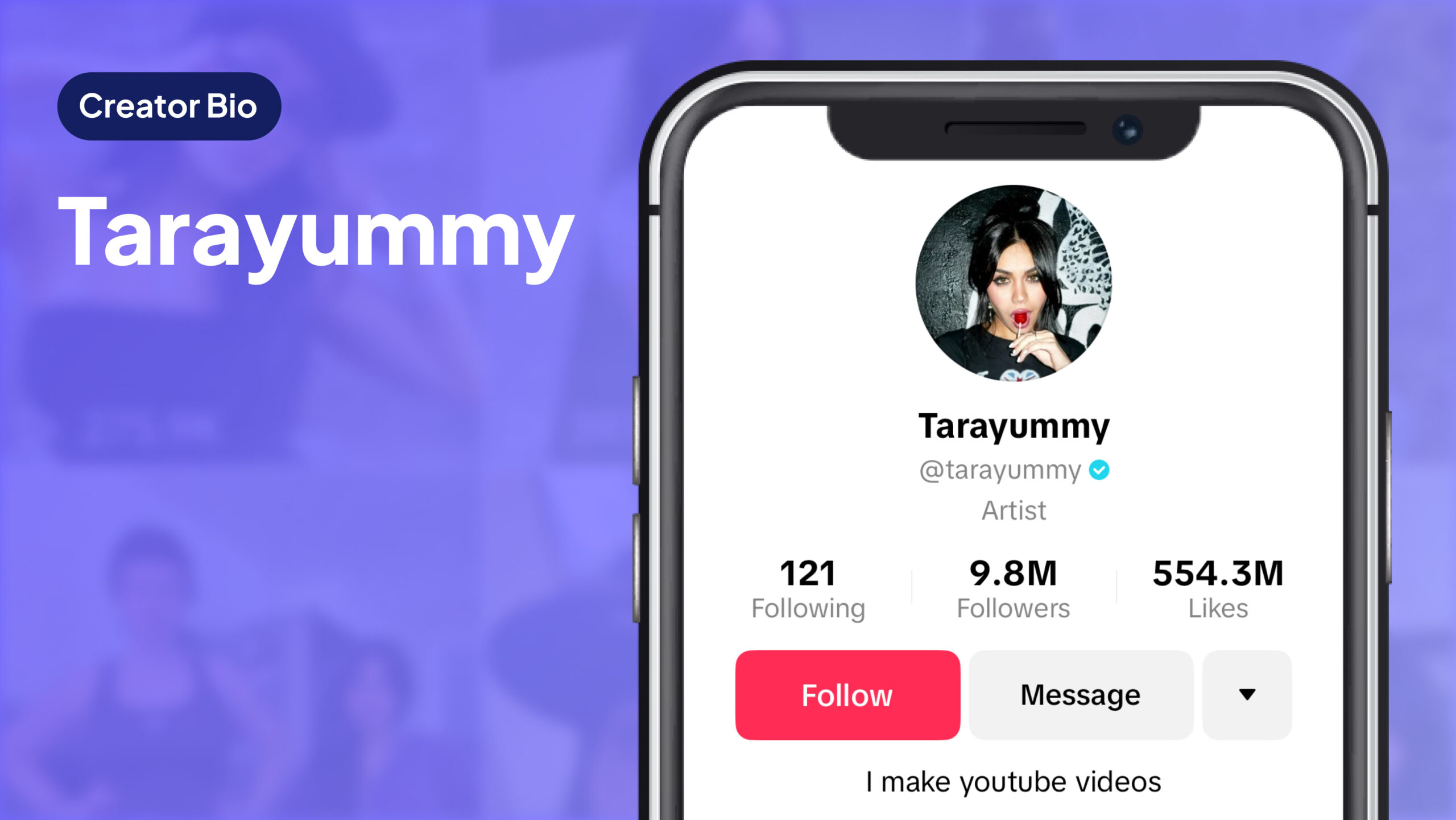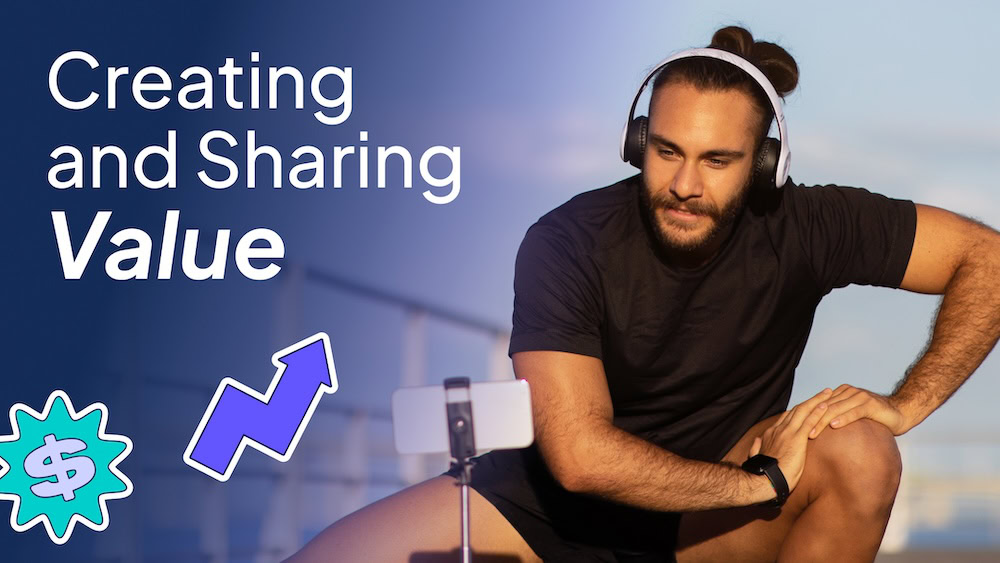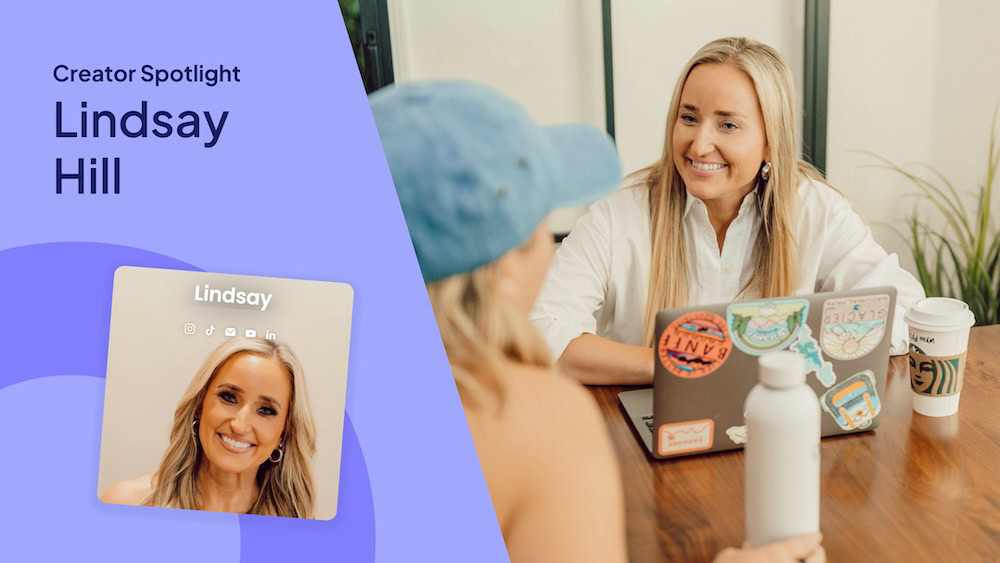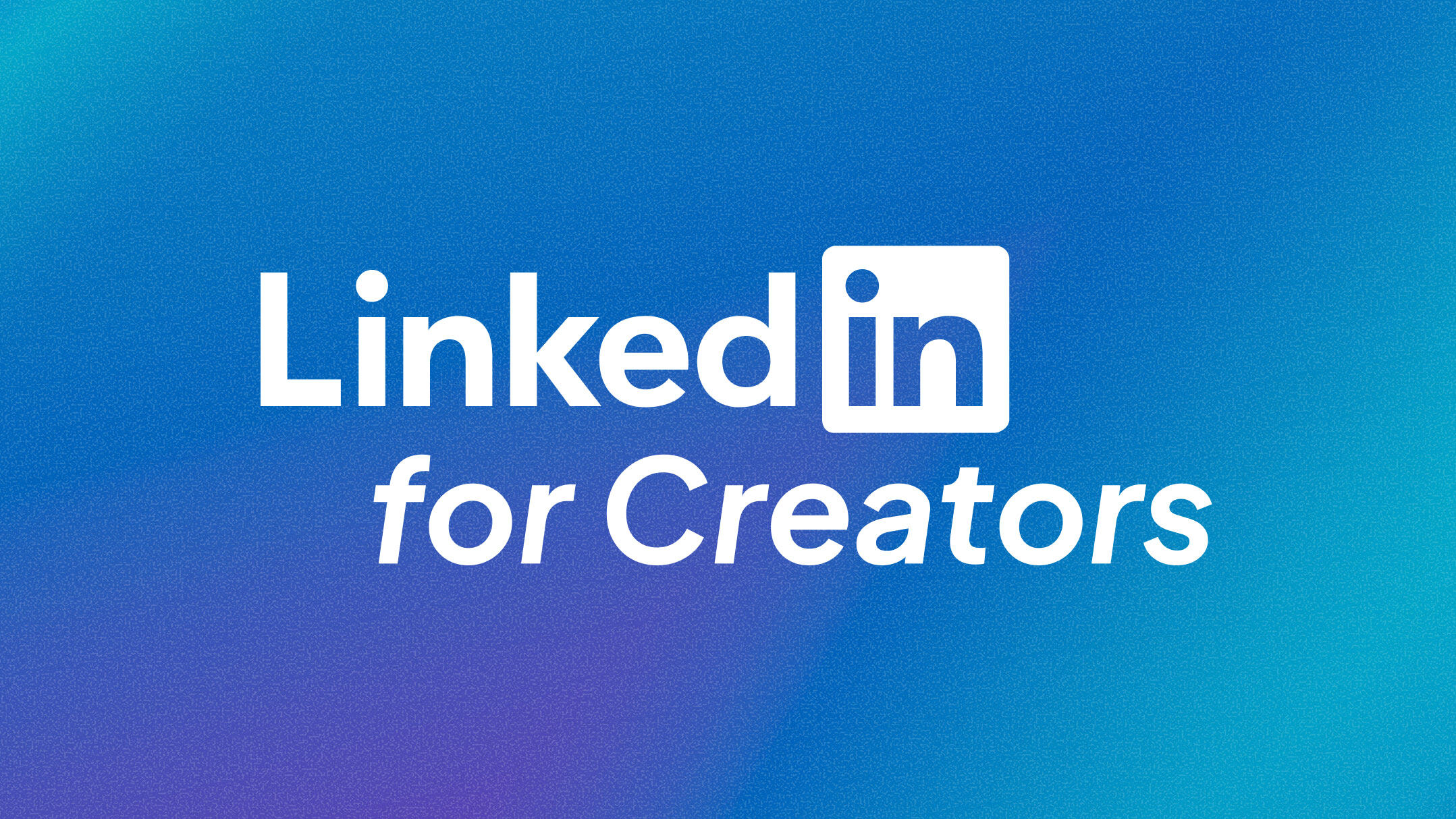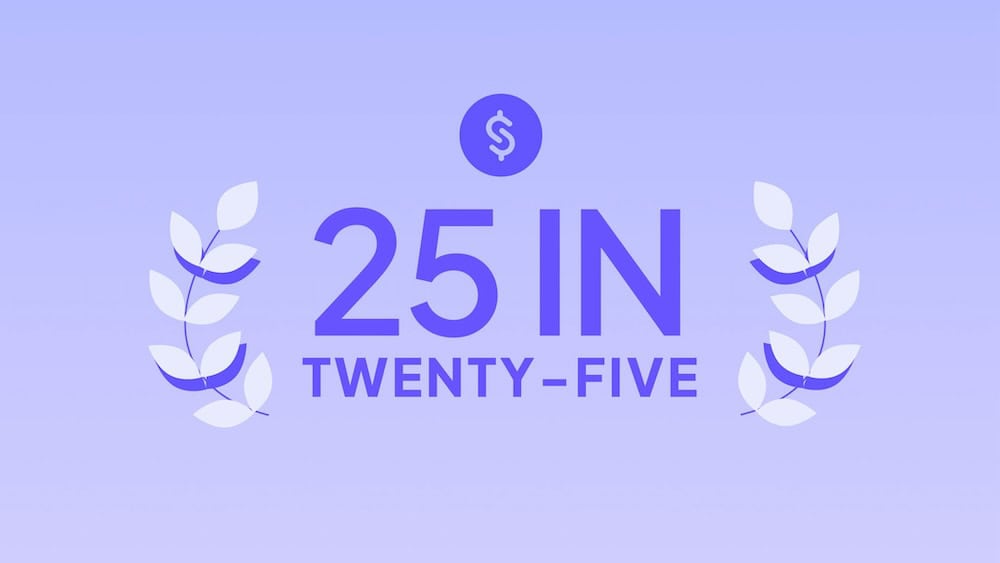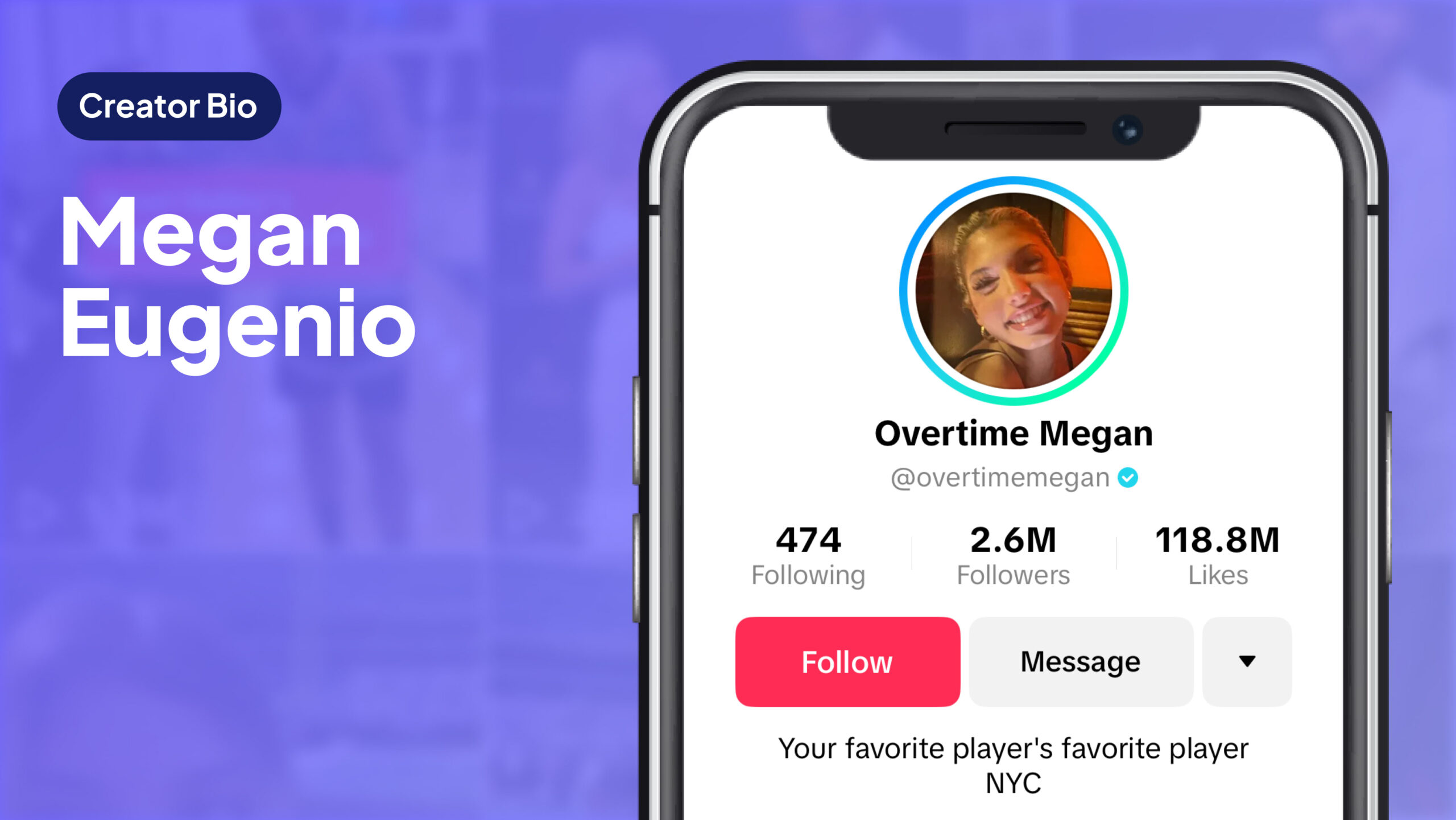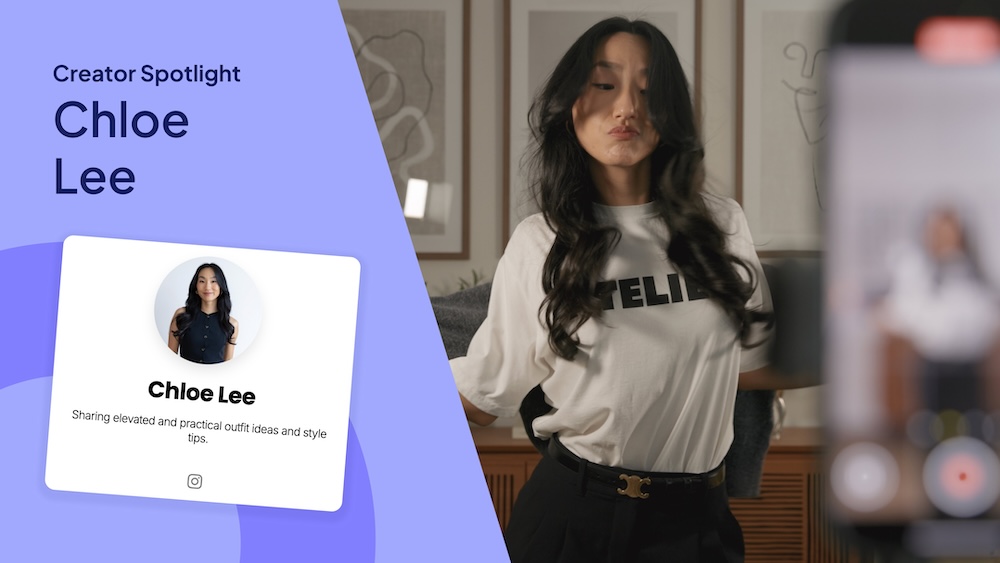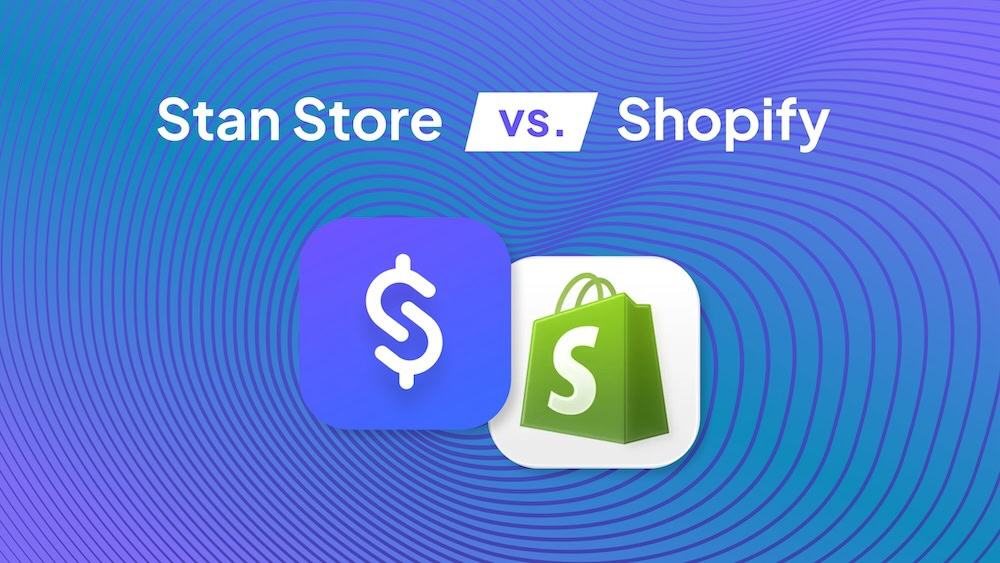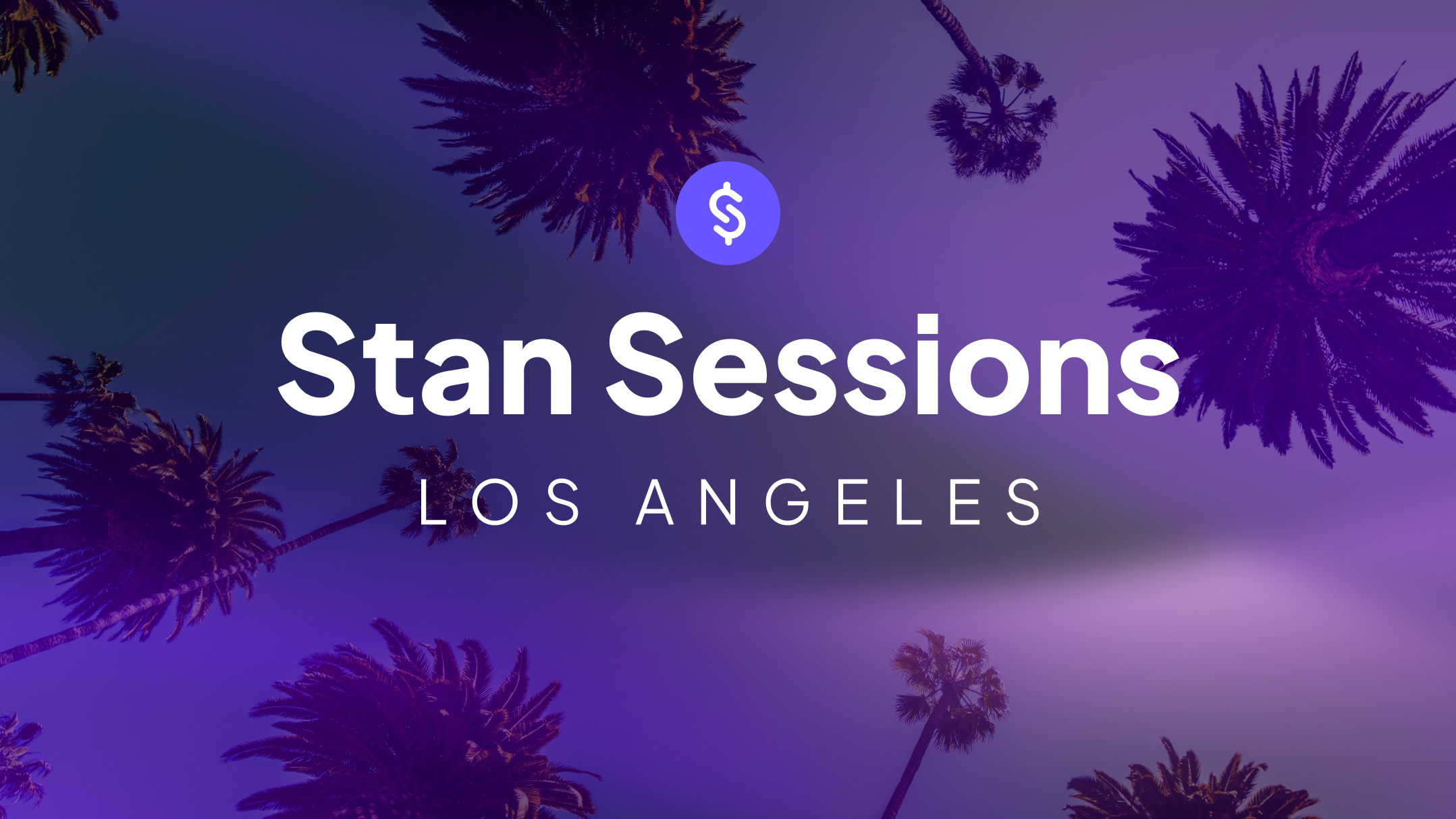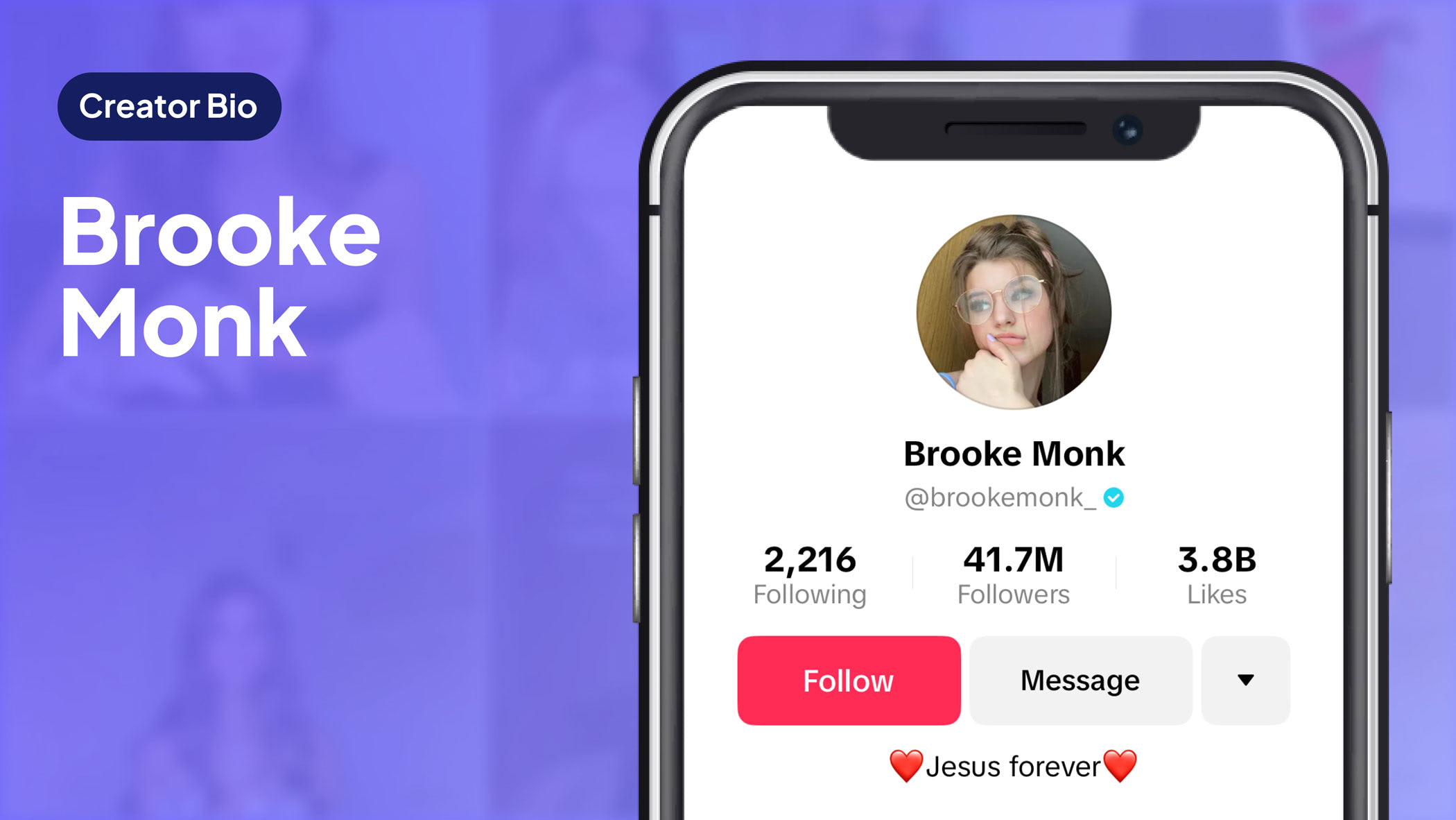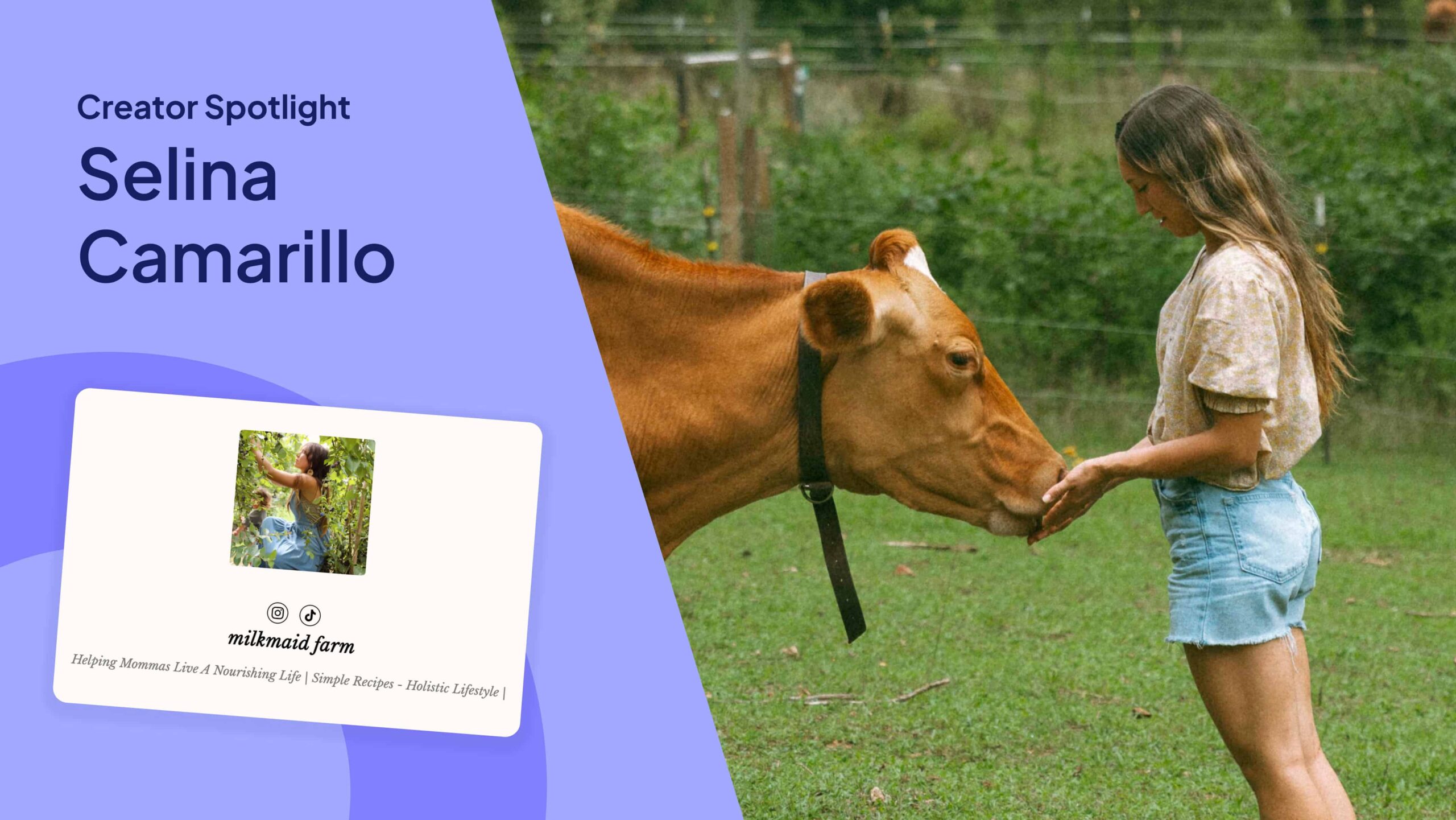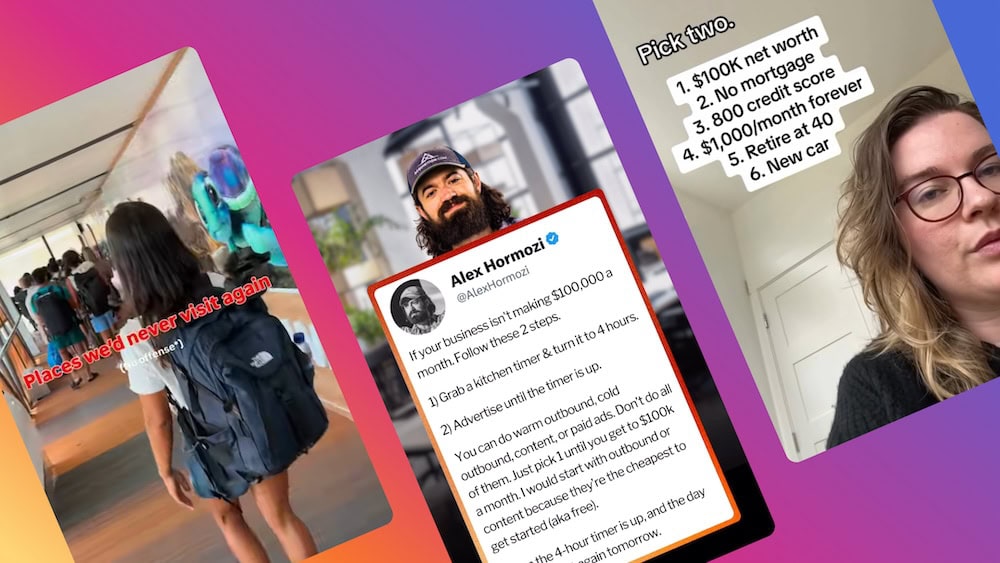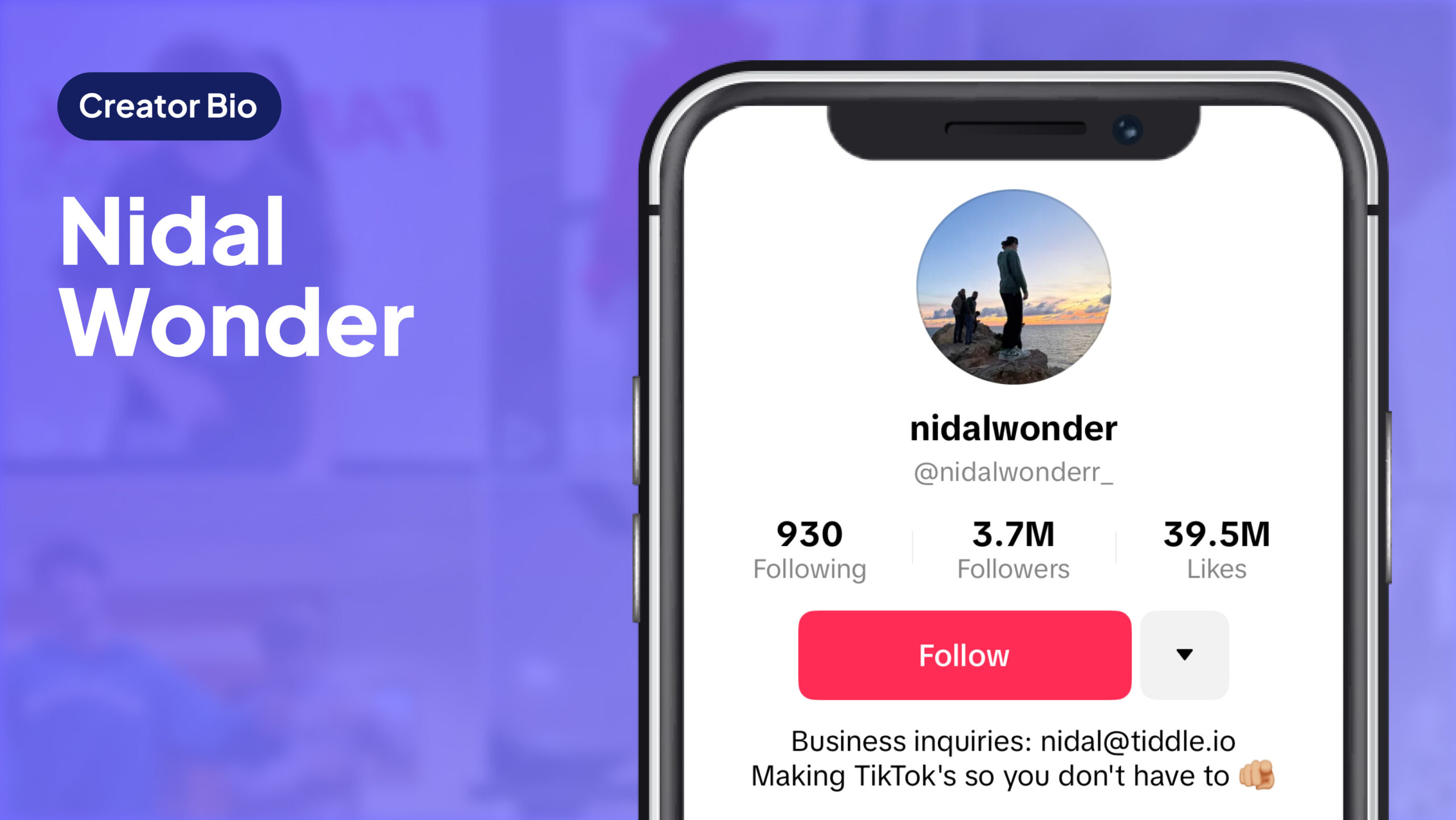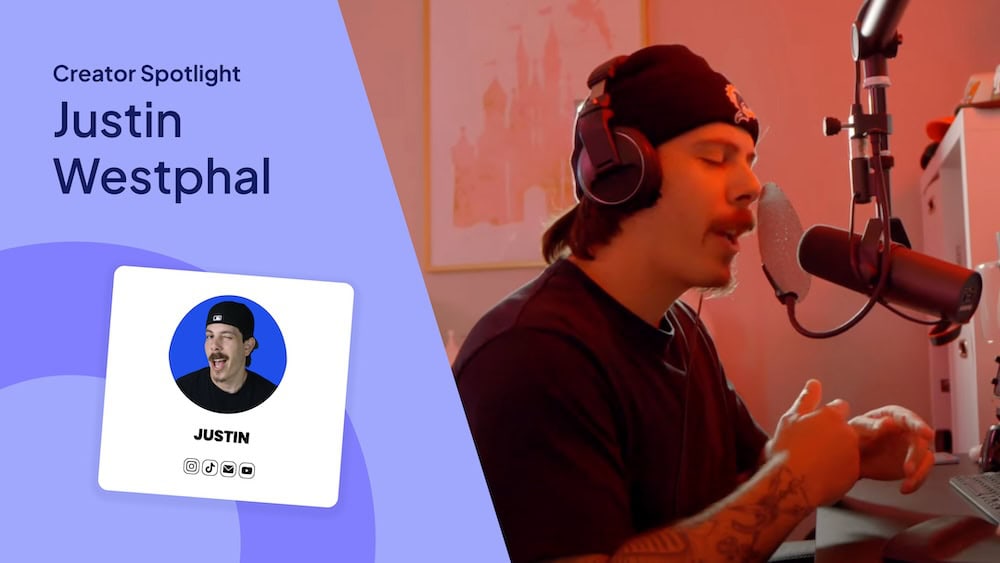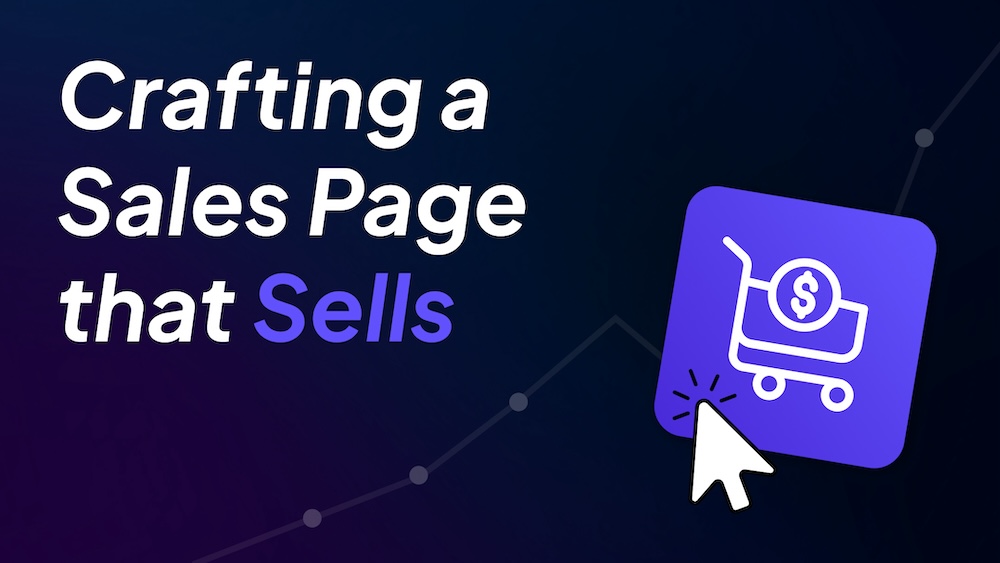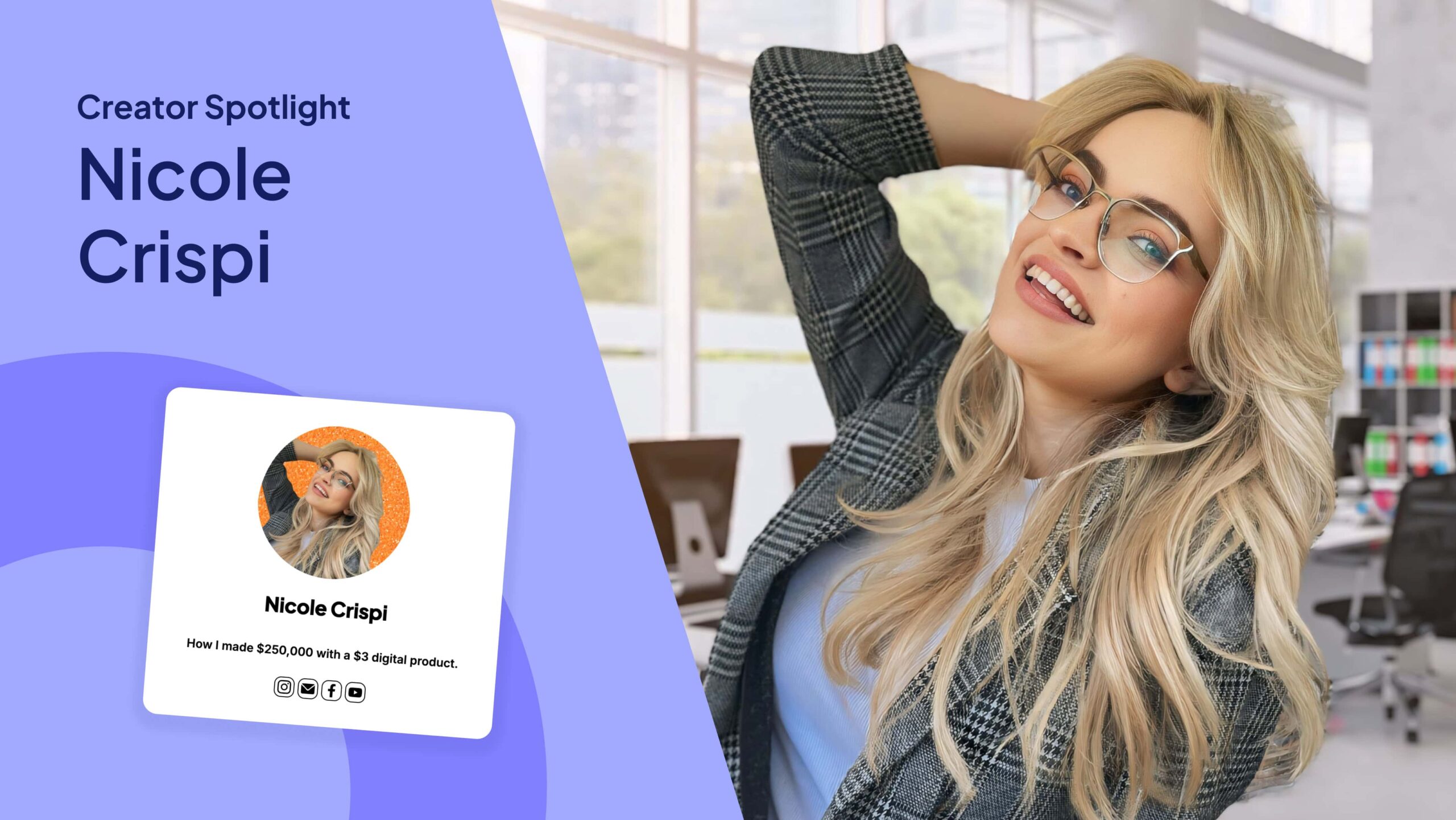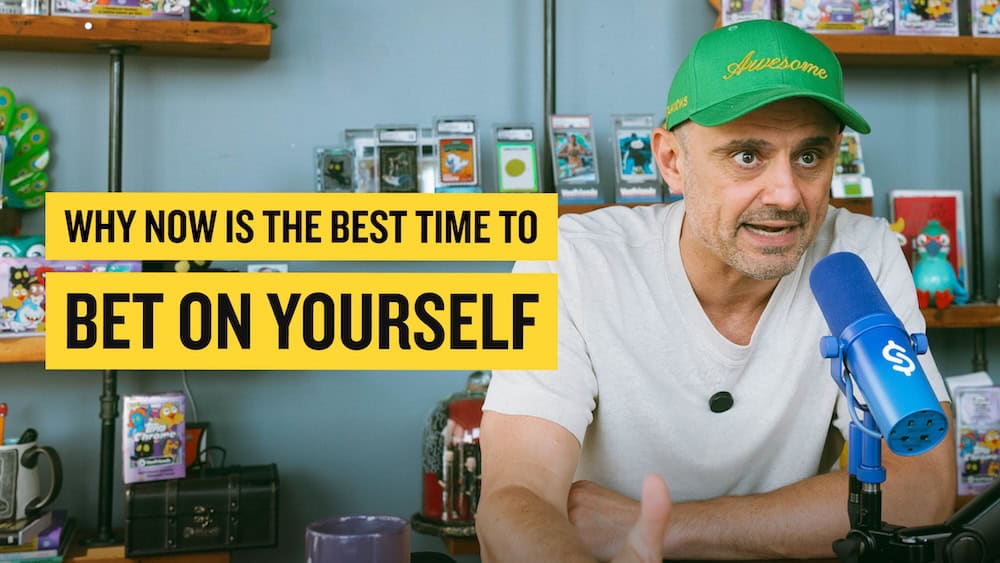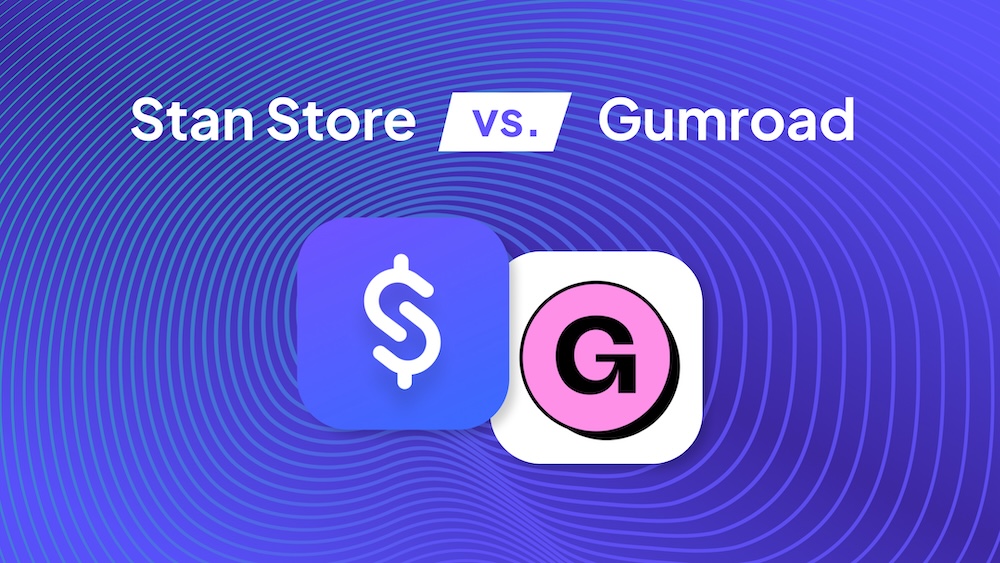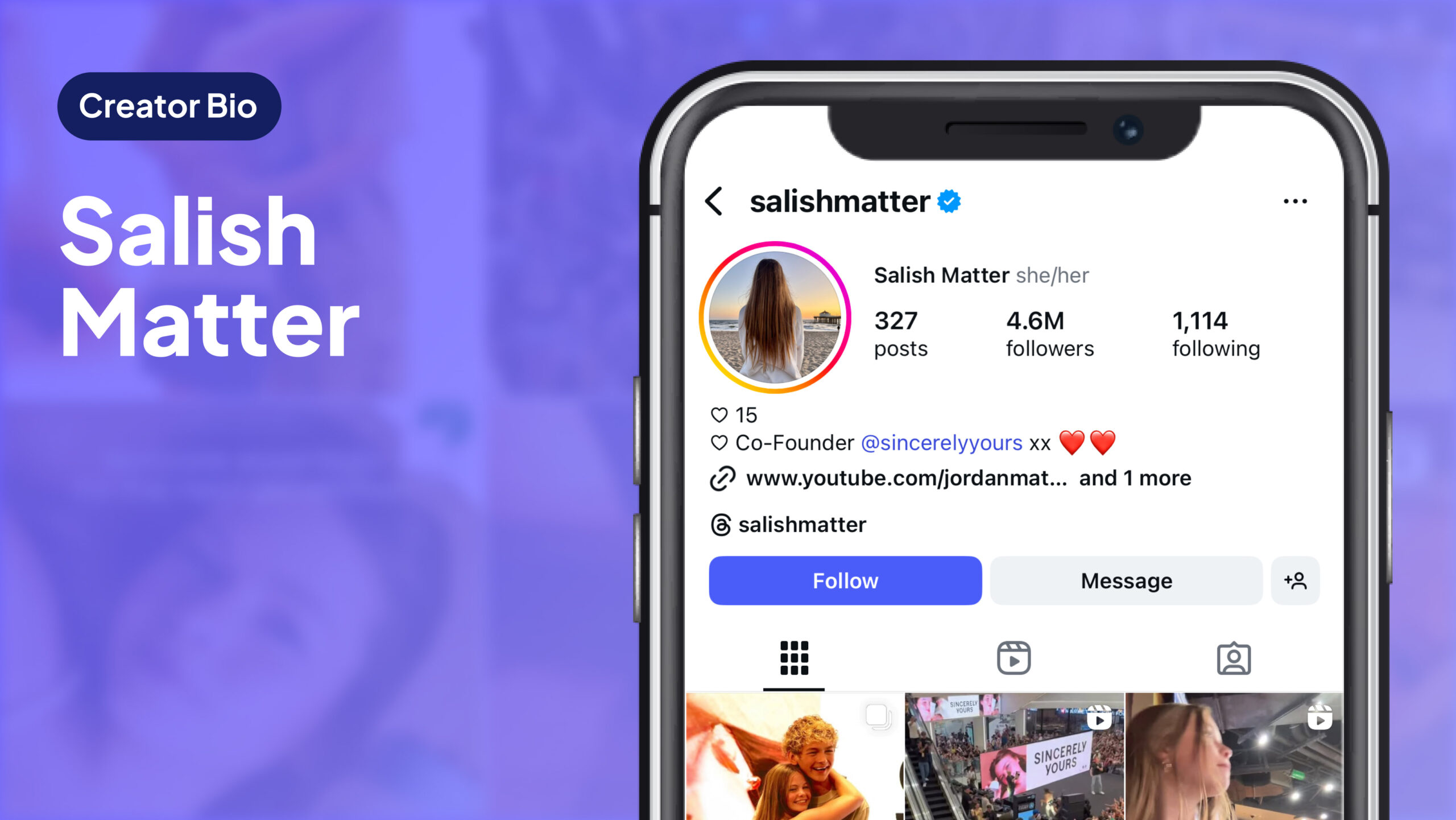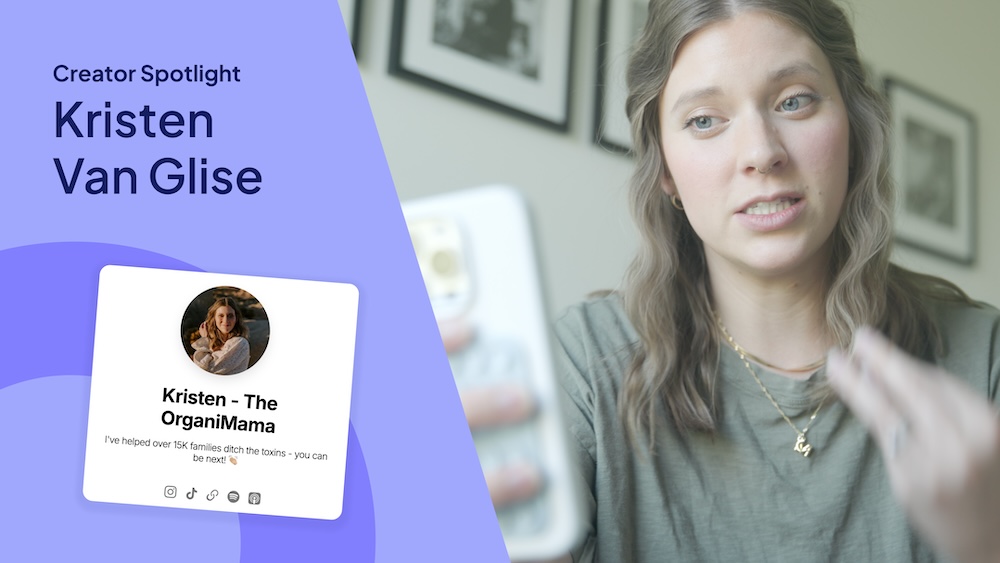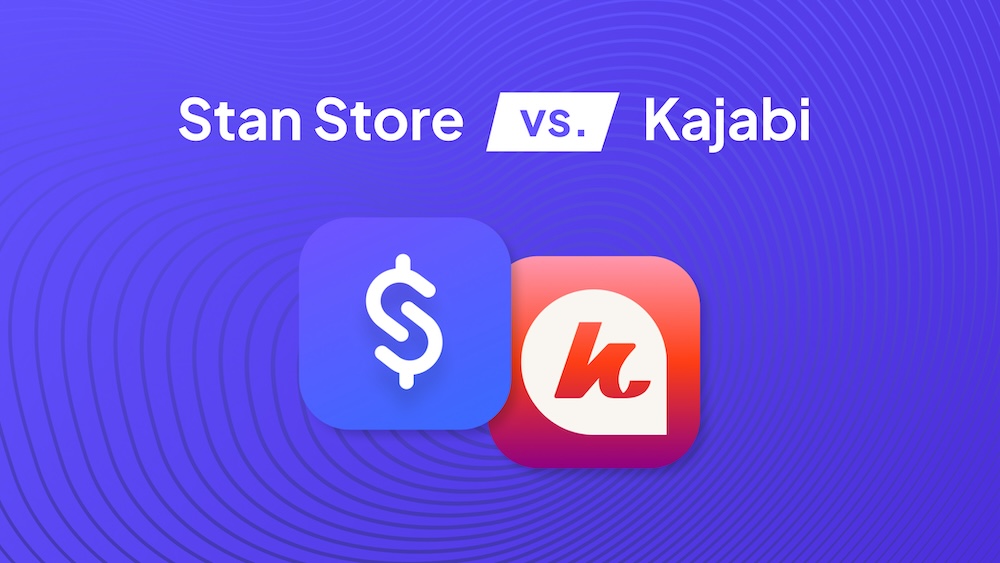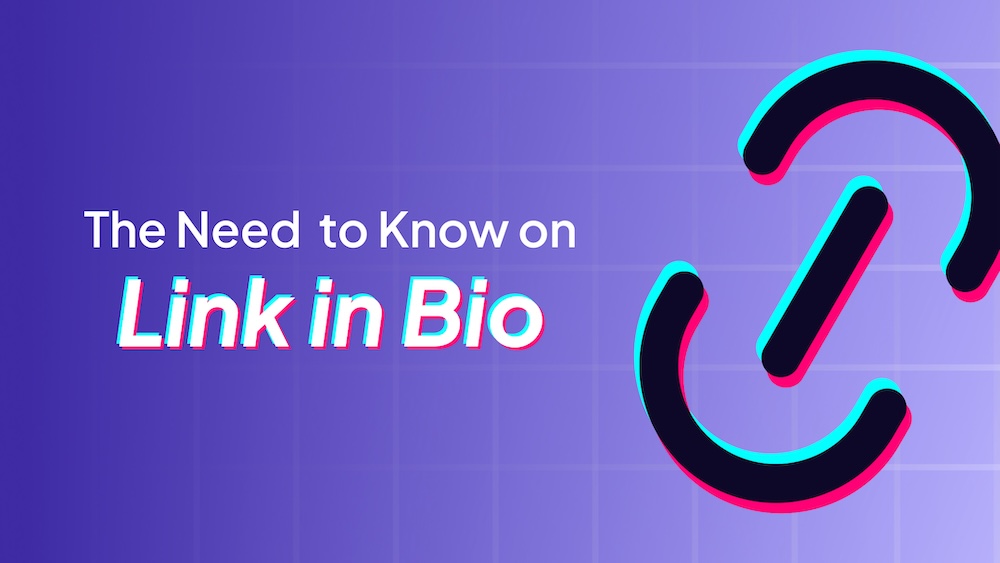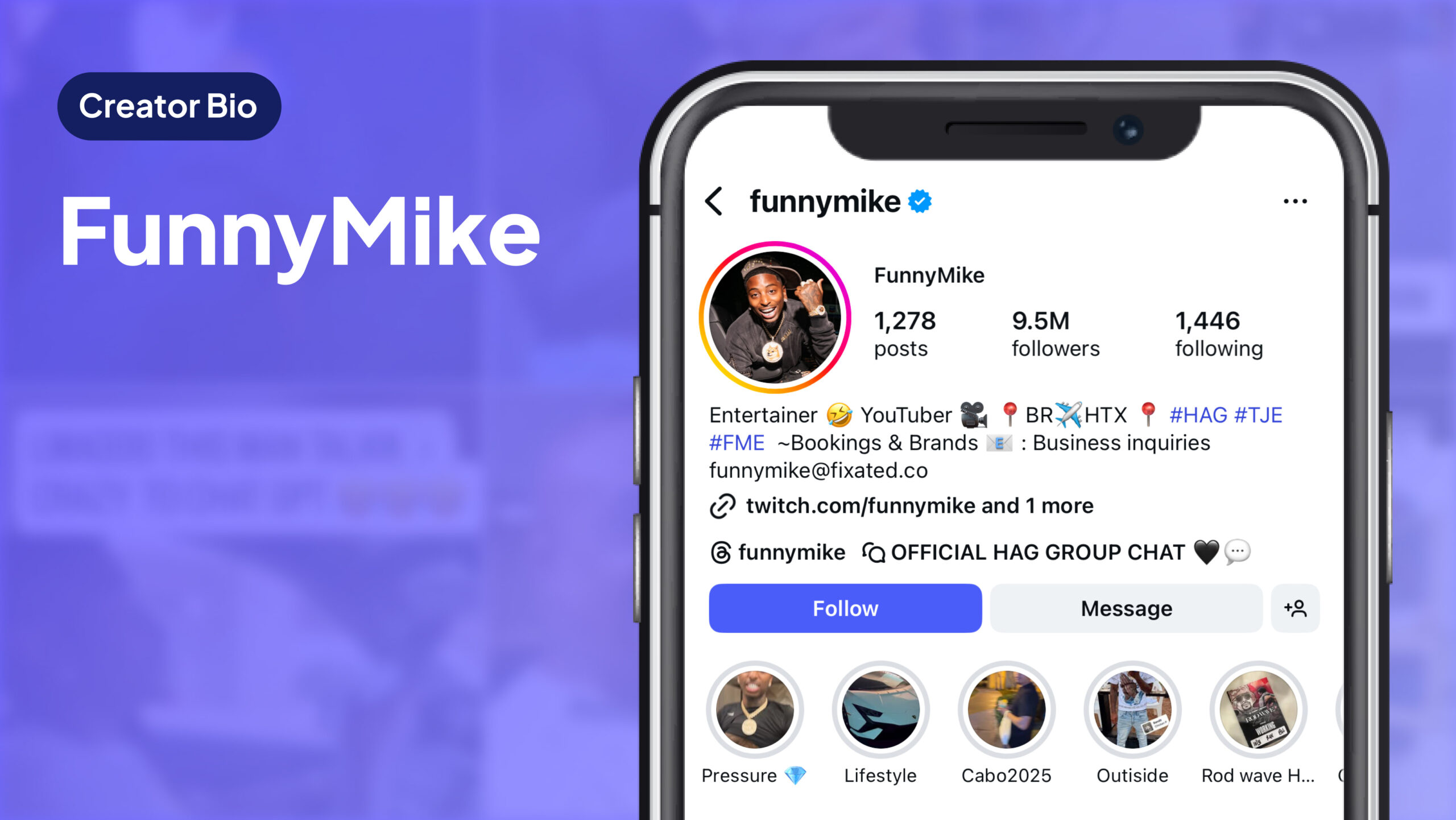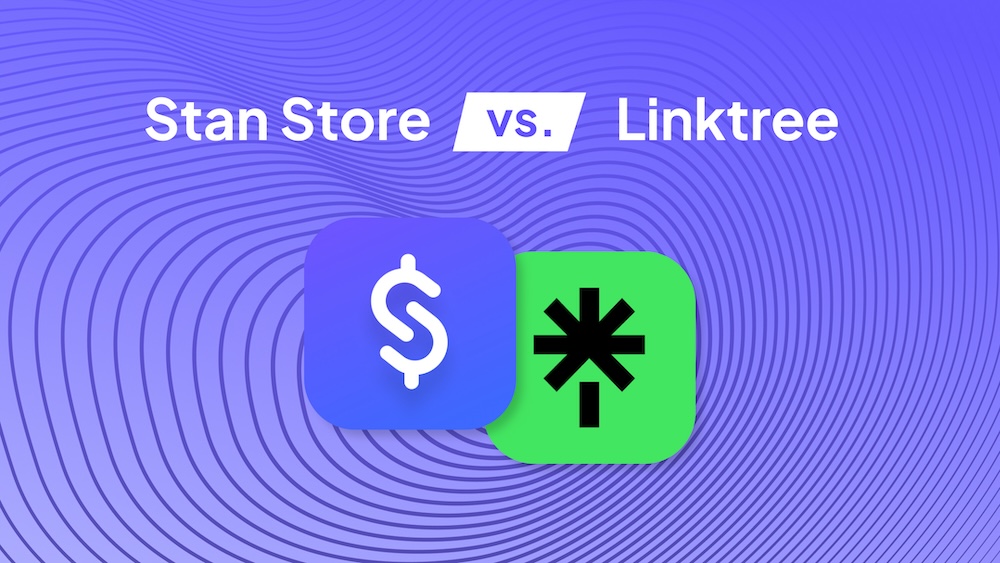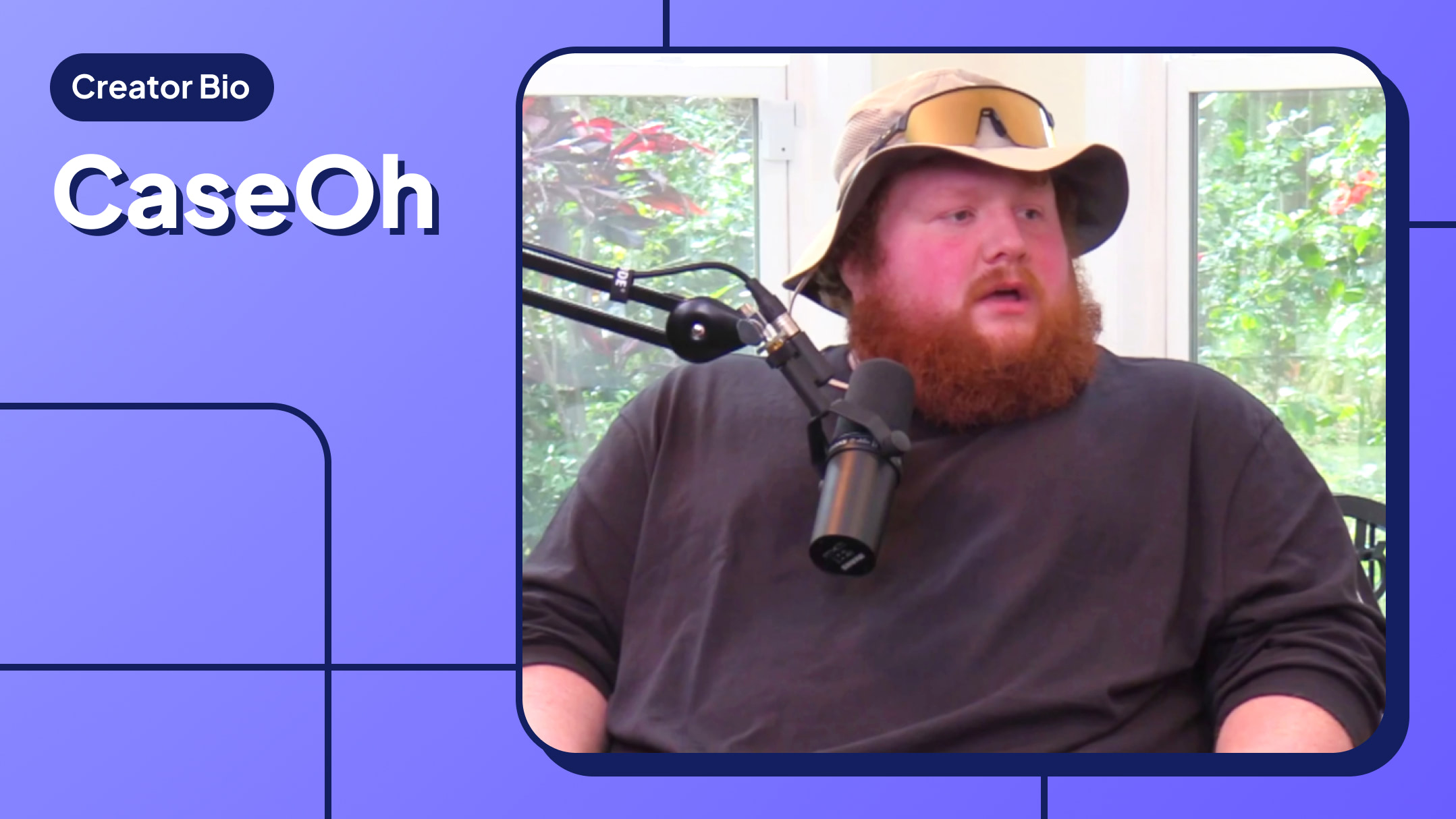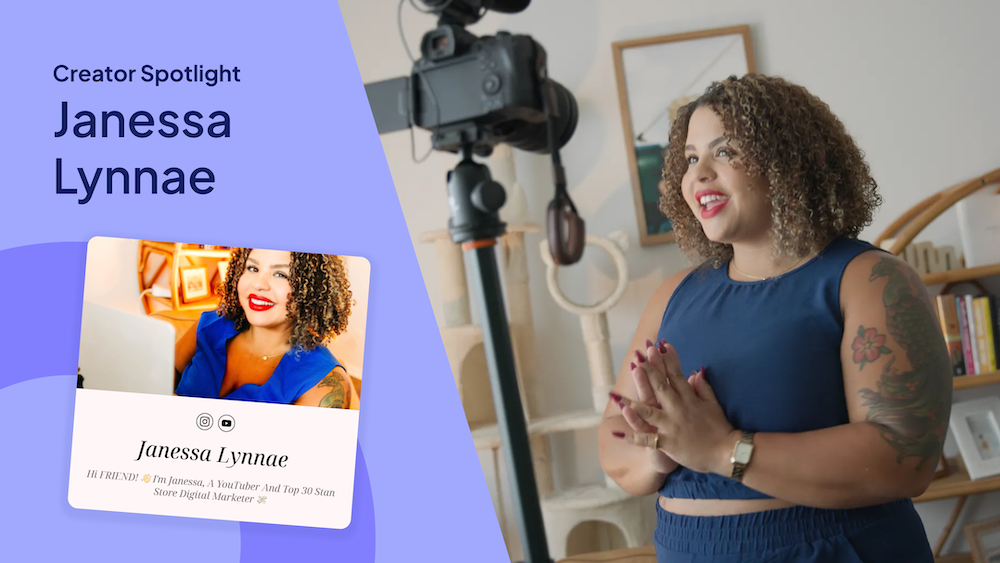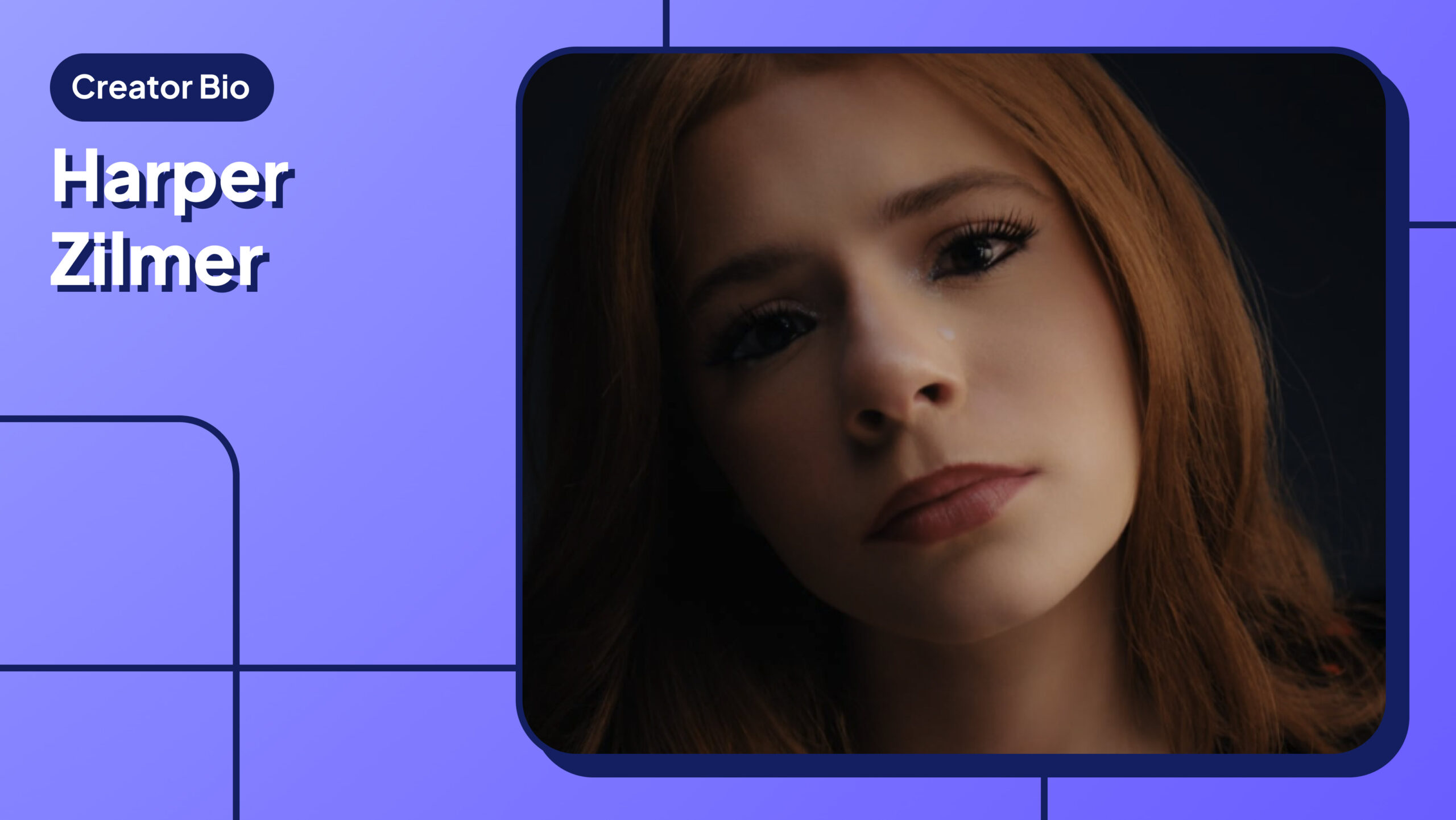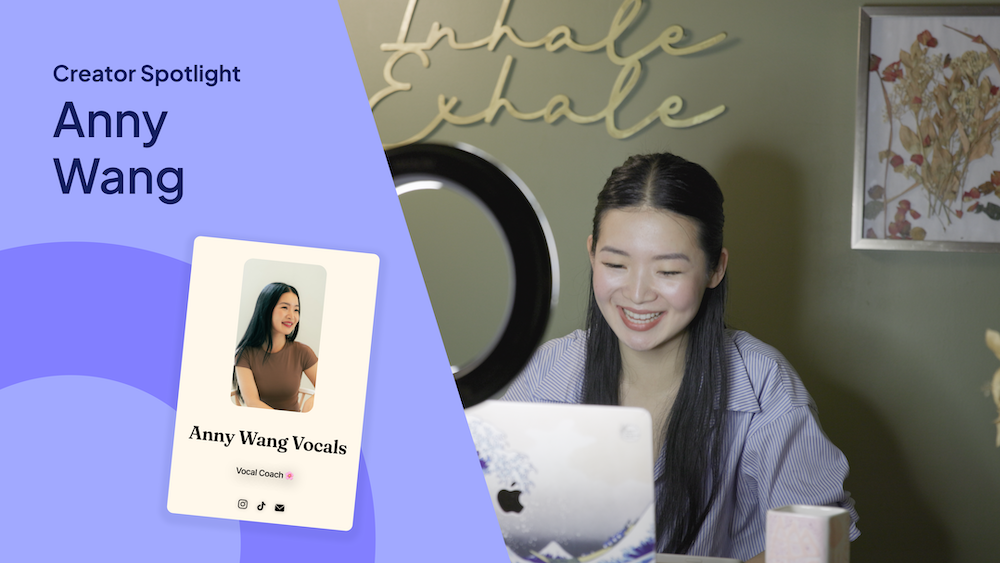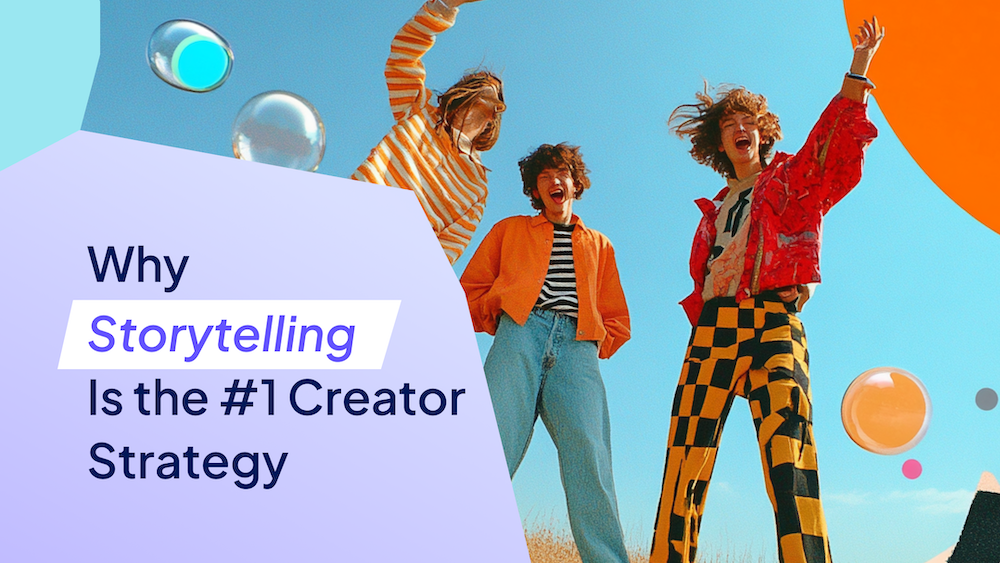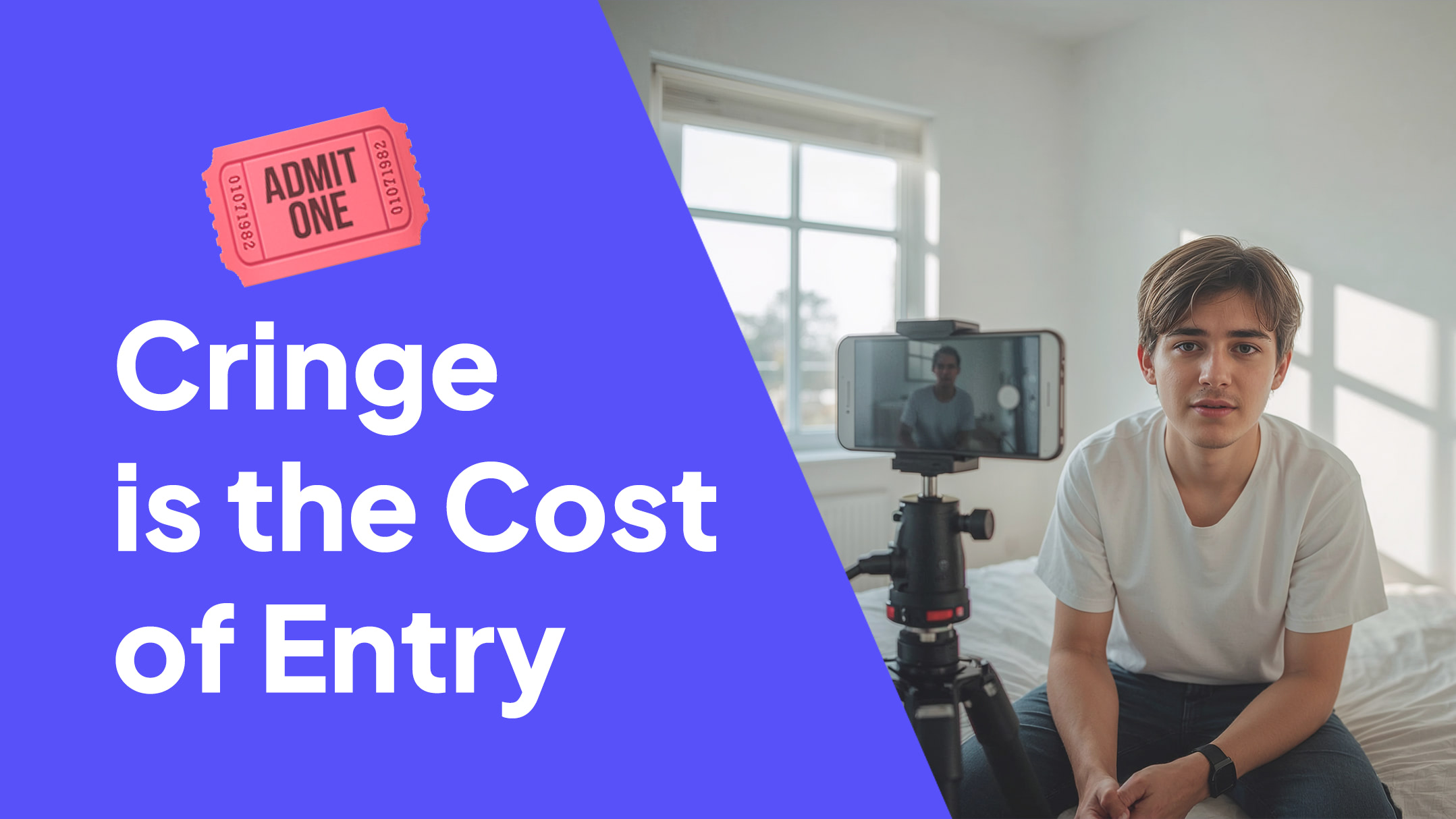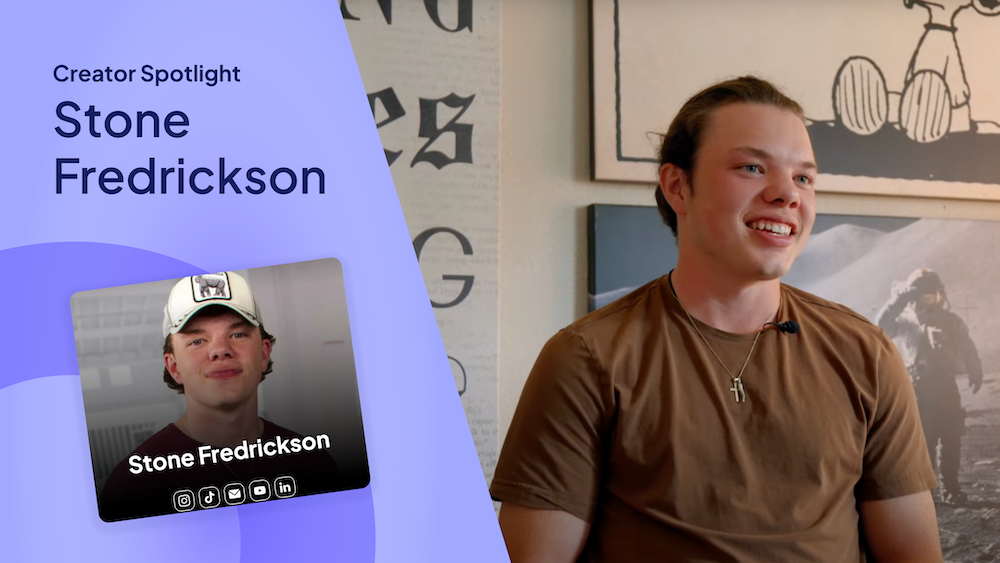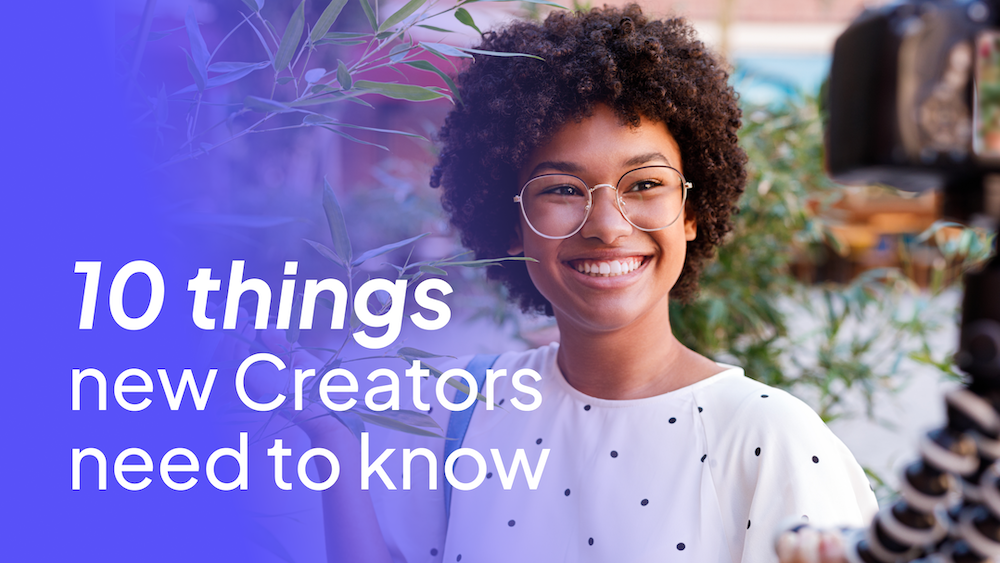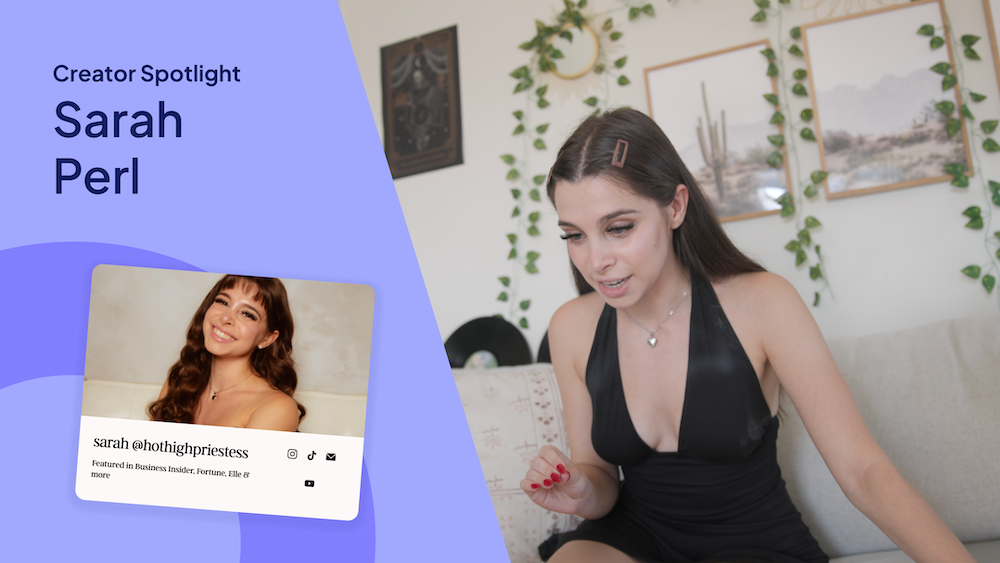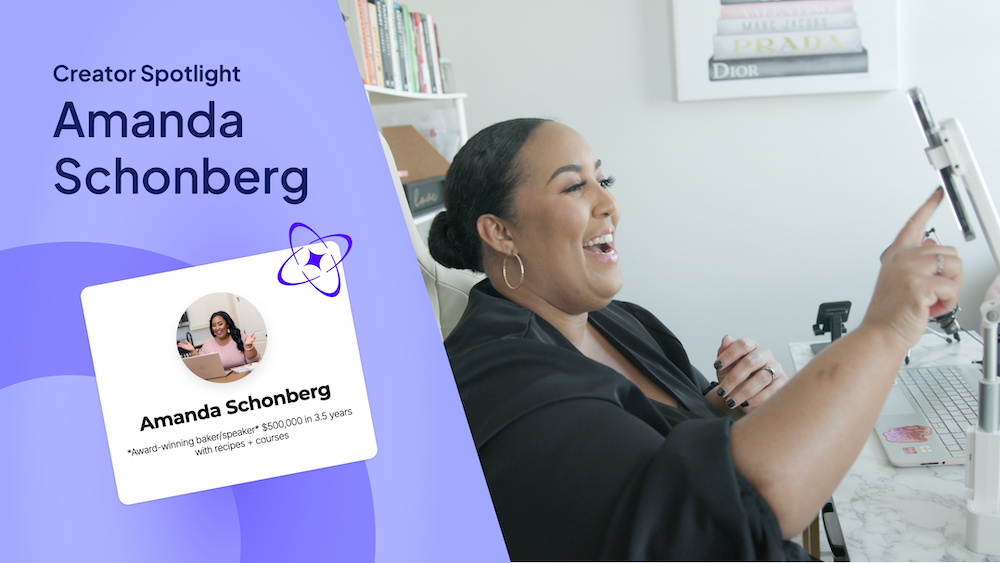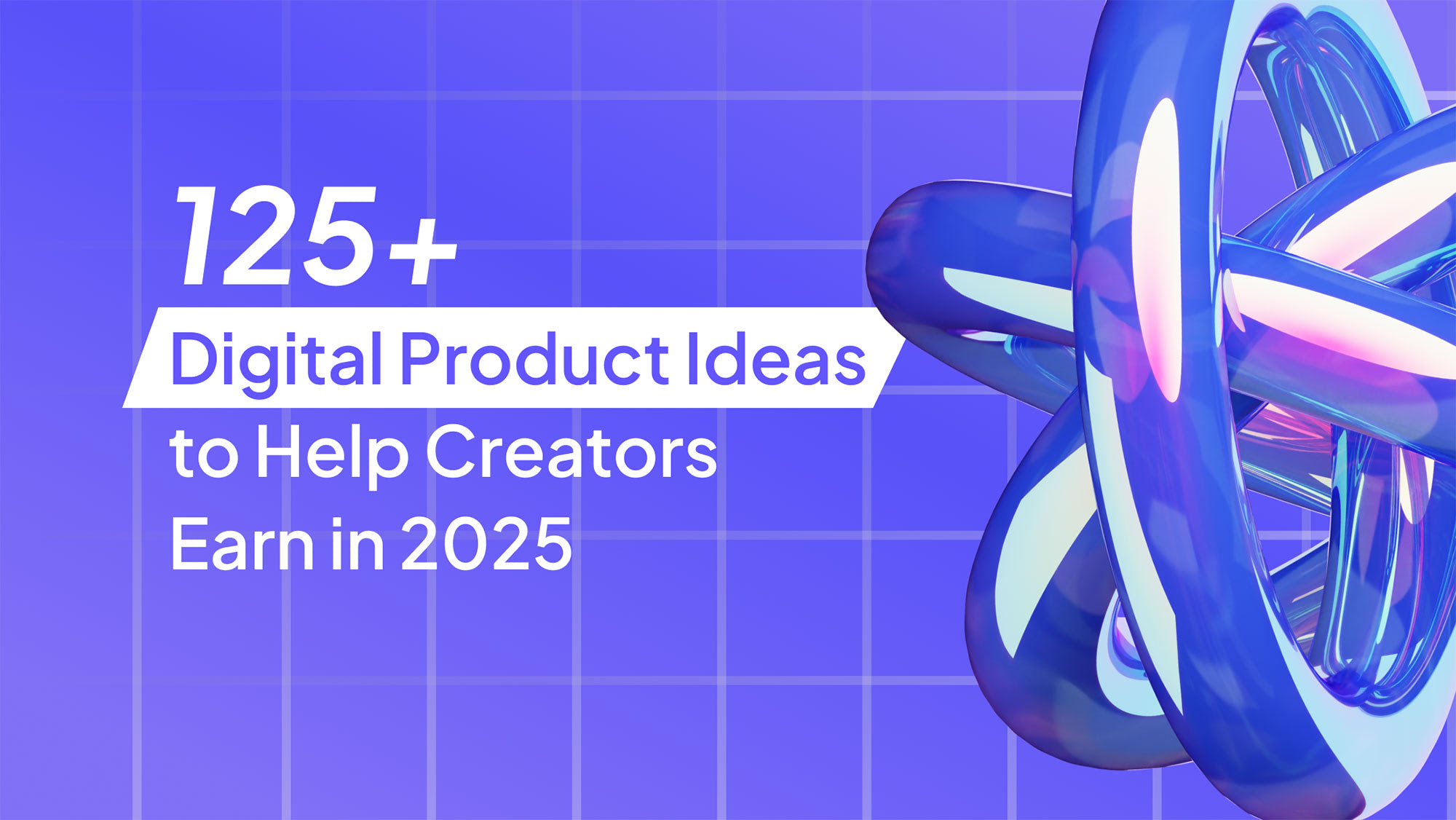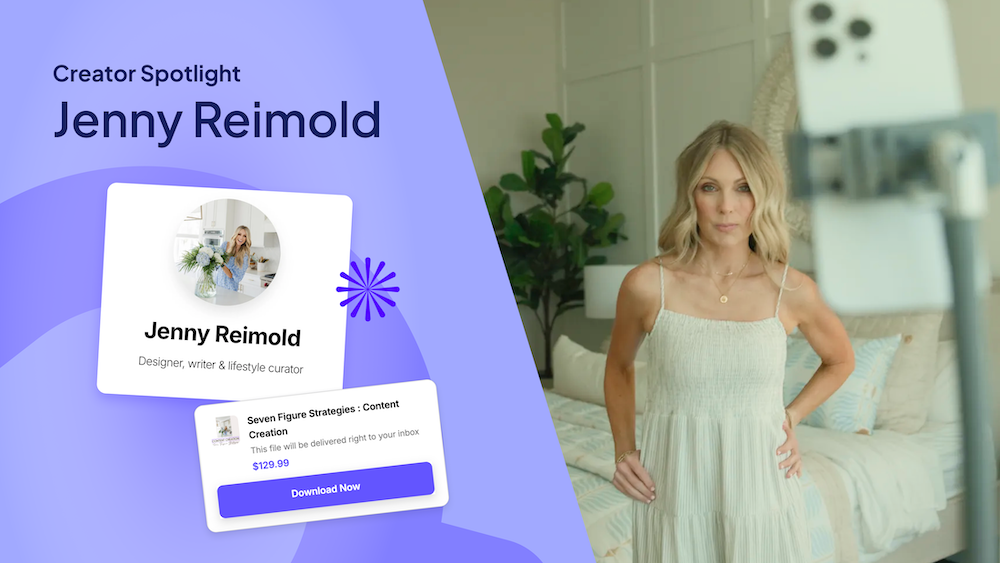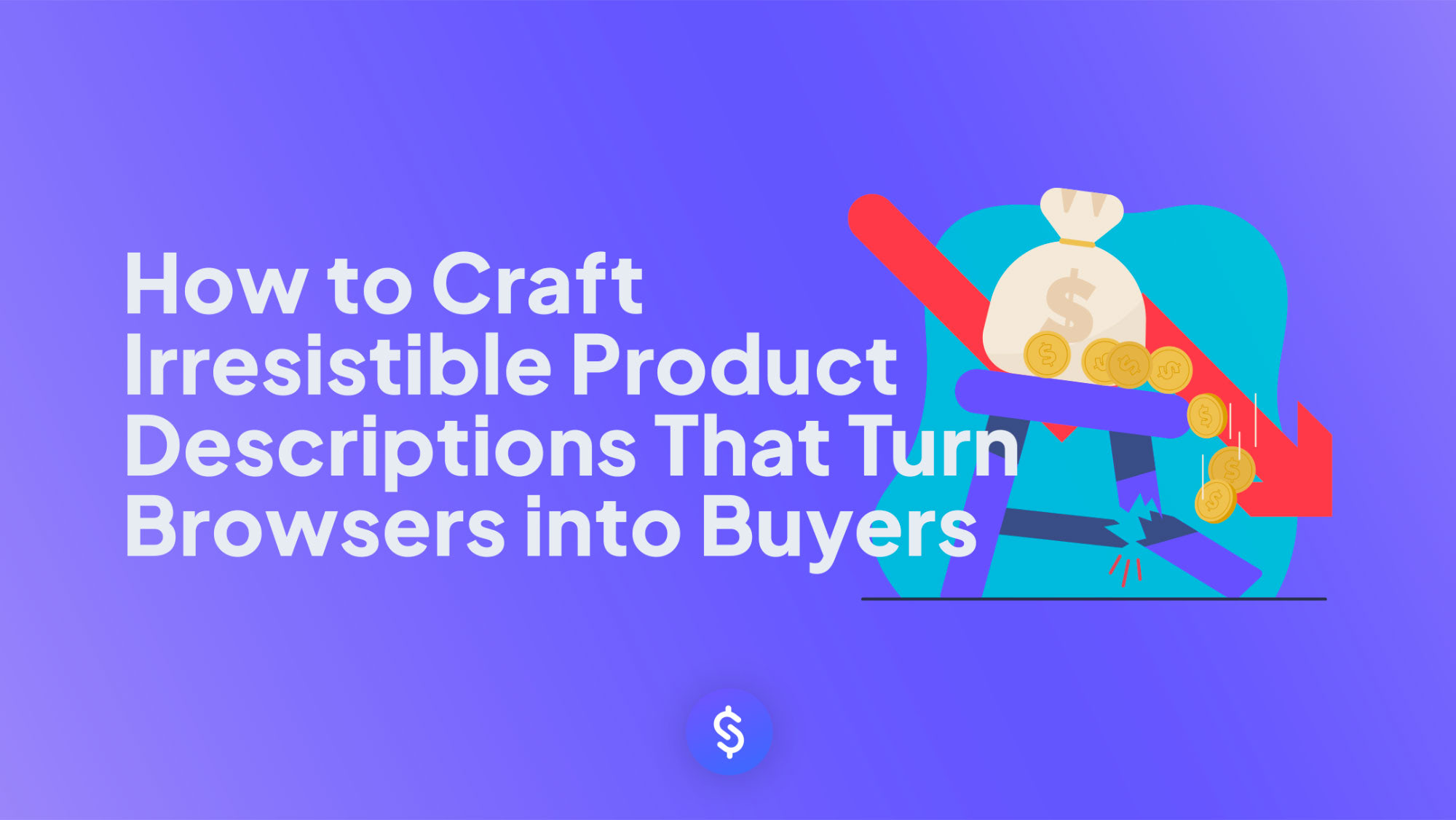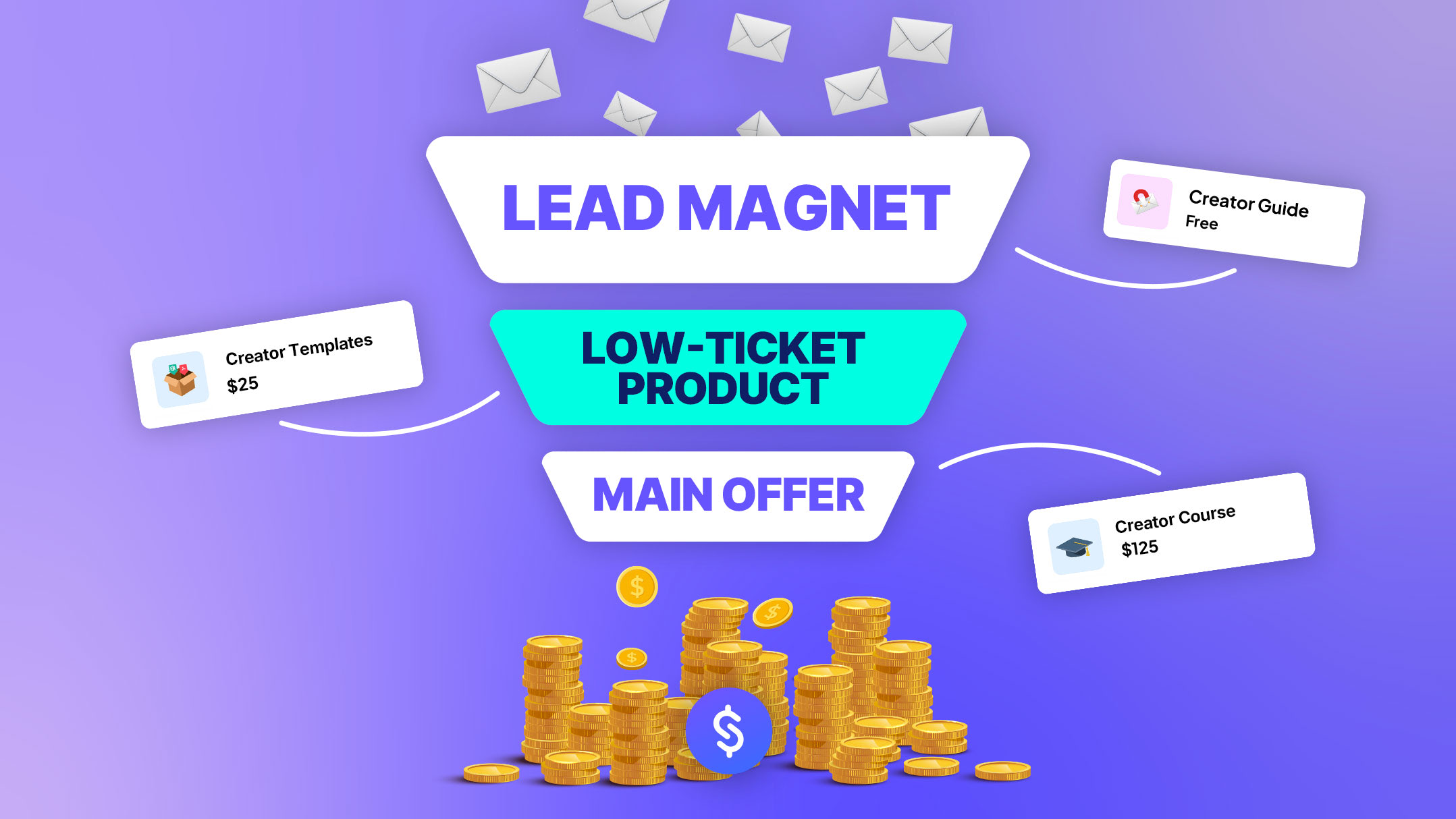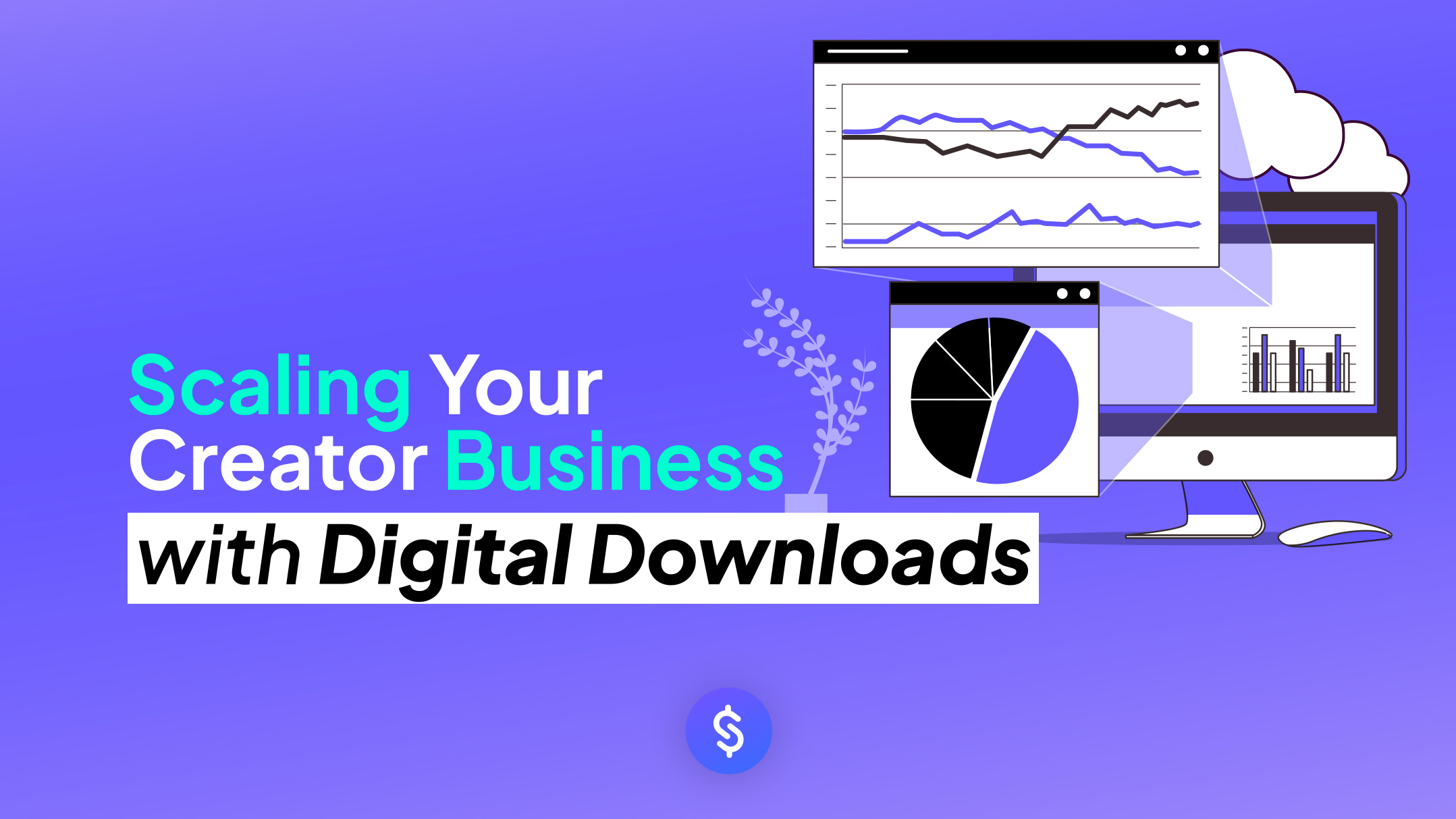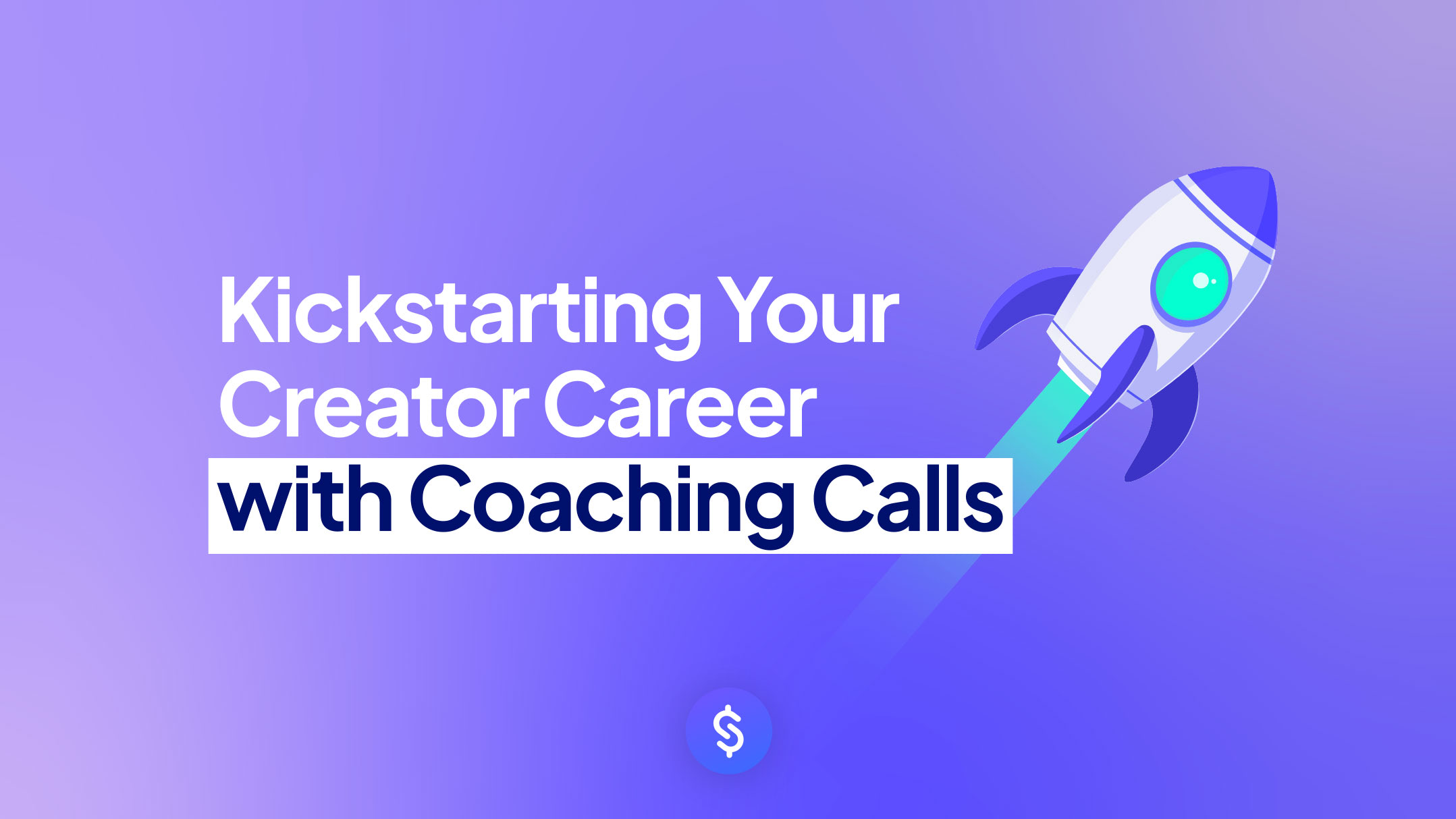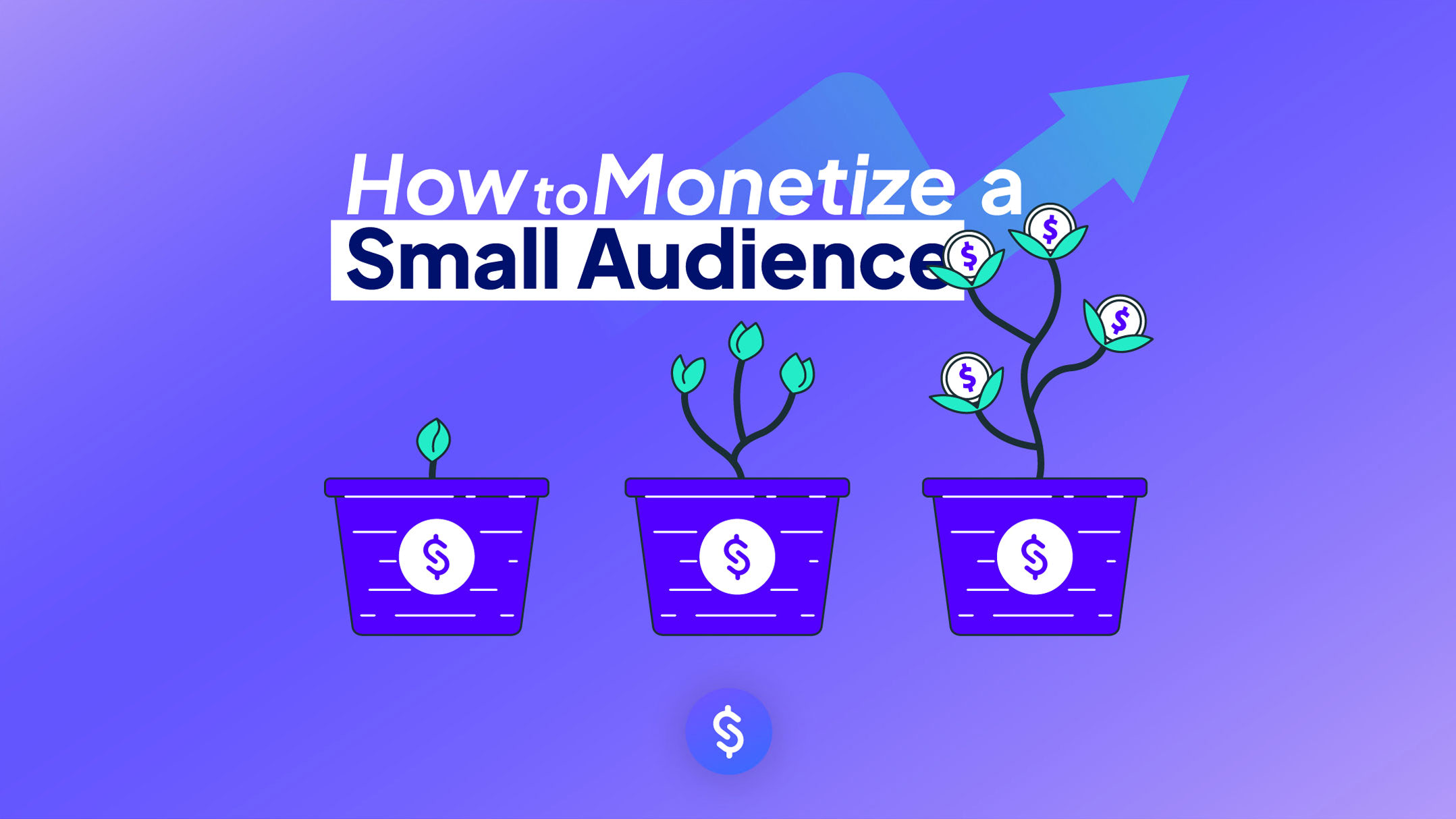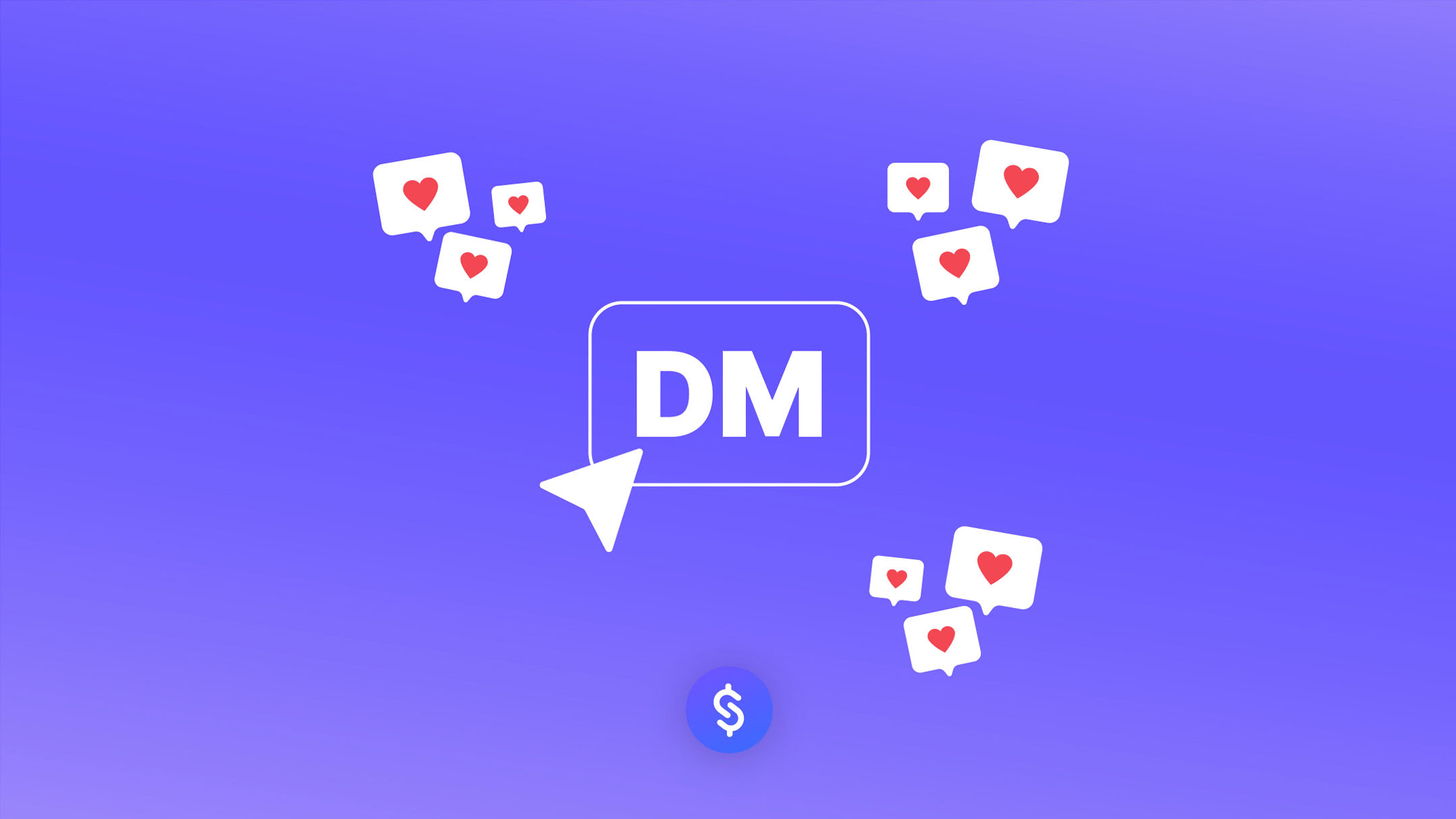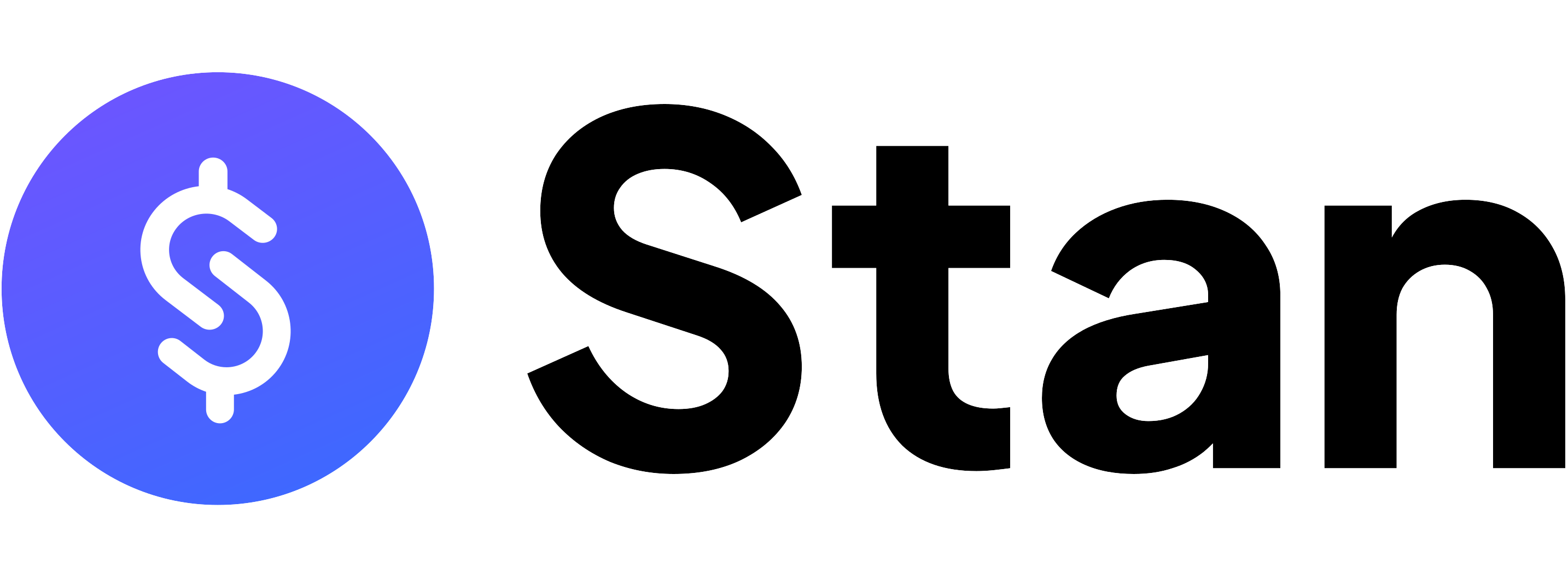TL;DR: Going viral on YouTube means crafting emotionally charged, instantly gripping, and easily discoverable videos that spark sharing beyond an existing audience. The payoff: with a few smart tweaks—not bigger budgets—you can lift click-through, retention, and recommendations in 2025. The guide breaks down five moves: choose one core emotion with a timely hook; design scroll-stopping thumbnails and curiosity titles while nailing YouTube SEO; publish more Shorts and leverage new features like Hype; repurpose and collaborate across platforms to widen reach; and stoke comments, watch time, and follow-ups to convert a viral spike into sustained growth and monetization.
Going viral on YouTube can feel impossible when your views stay stuck in double digits.
But the creators who break out aren’t “lucky.” They’ve learned how to make people stop scrolling, pay attention, and care enough to share.
If it feels like everyone else is blowing up while your numbers crawl, you’re not alone. Millions of videos go live every day, yet only a small fraction spreads beyond the people who already know the creator.
This guide will show you exactly how to change that. You don’t need a massive budget or years of experience to make it happen—just a few smart tweaks to what you’re already doing.
Let’s dive in.
5 Proven Ways to Go Viral on YouTube in 2025
There’s no magic formula for virality, but videos that take off almost always follow a few key principles. In this section, we’ll break down five you can start using right now to increase your chances of going viral.
1. Start With Videos That Trigger Emotion
The foundation of viral content isn’t fancy production or expensive gear—it’s emotion. People share videos that make them laugh, gasp, or feel inspired.
MrBeast is a perfect example. His challenges are designed to shock or surprise viewers within seconds, which is why they spread so quickly.
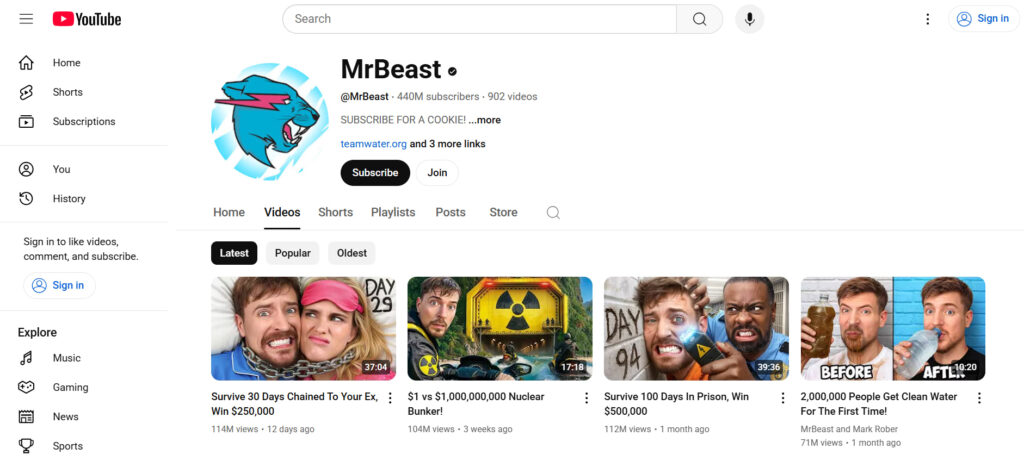
Before you script, pick one core emotion—laughter, surprise, inspiration, or curiosity—and build every beat of your video to deliver that feeling as quickly and powerfully as possible.
Your opening matters most. Use the first 5–10 seconds to hook viewers with a question, a reveal, or a glimpse of the payoff they can expect. When the emotion lands early, people keep watching and they share.
Relevance amplifies emotional impact. Tie your angle to what’s happening in your niche, on social platforms, or in broader culture. Timely ideas feel current and relatable, which makes them spread faster.
| Emotion | Content type examples | Viral potential |
| Laughter | Comedy skits / funny reactions / parodies | High, easy to share |
| Surprise | Plot twists / unexpected reveals / shocking facts | Very high, drives comments and rewatches |
| Inspiration | Success stories / motivational content / tutorials | Moderate, builds loyal audience |
| Curiosity | Mysteries / experiments / behind-the-scenes | High, increases watch time |
Examples in action:
- A “we tried X so you don’t have to” challenge blends curiosity and surprise.
- A before-and-after tutorial leans into inspiration.
- A parody or playful reaction video sparks laughter.
Before you film, ask yourself one question: Would I send this to a friend without being asked? If the answer isn’t an immediate yes, sharpen the emotion and the hook until it is.
2. Use YouTube SEO to Get Found Faster
Creating emotionally compelling content is only half the battle. If people can’t find your video, it won’t matter how good it is. Discoverability on YouTube depends on how well you optimize for both the algorithm and human psychology.
Your thumbnail and title are your first and most important tools. They decide whether someone clicks or keeps scrolling, and that click-through rate signals to YouTube whether your content deserves to be promoted.
Design thumbnails that stop the scroll:
- Use bright, contrasting colors
- Show clear facial expressions that match your video’s emotion
- Keep text short, bold, and readable on mobile
Craft titles that spark curiosity while making the value obvious. Avoid clickbait that overpromises, because poor retention will hurt you in the algorithm. Instead, use proven tactics like:
- Power words (“secret,” “mistake,” “truth,” “exposed”)
- Numbers (“5 Ways,” “In 10 Minutes,” “3 Secrets”)
- Questions your audience is already asking
- Urgency words (“now,” “today,” “before it’s too late”)
Need inspiration? Take a look at how top creators use thumbnails and titles to pull viewers in.
Tech reviewer Mrwhosetheboss often leans on clean, high-contrast shots and straight-to-the-point titles like “iPhone 17 Pro Review – Something’s Missing” to spark curiosity about what Apple left out.

Airrack’s channel is built around outrageous challenges and dramatic setups. A title like “How Long Could You Secretly Live In A Mall?” paired with a bold thumbnail makes you want to click just to see how far he’ll go.

Automotive creator Mat Armstrong teases high stakes before you even press play. In “I Rebuilt a Fire Damaged Lamborghini SVJ,” a fire-scarred car and a blurred-out price tag hint at a massive restoration story.

Once you’ve nailed titles and thumbnails, optimize for search. Research what your audience is typing into YouTube with tools like Ahrefs or VidIQ.
Place your main keyword in the first 125 characters of the description, weave in secondary keywords naturally, and add timestamps for longer videos. These details give both viewers and the algorithm clear context about your content.
3. Publish More YouTube Shorts and Use New Features
YouTube Shorts have transformed how content goes viral. They get prime placement in the algorithm, surface across multiple parts of YouTube, and even appear in Google search results. That means a 60-second video can reach people who aren’t even on YouTube yet.
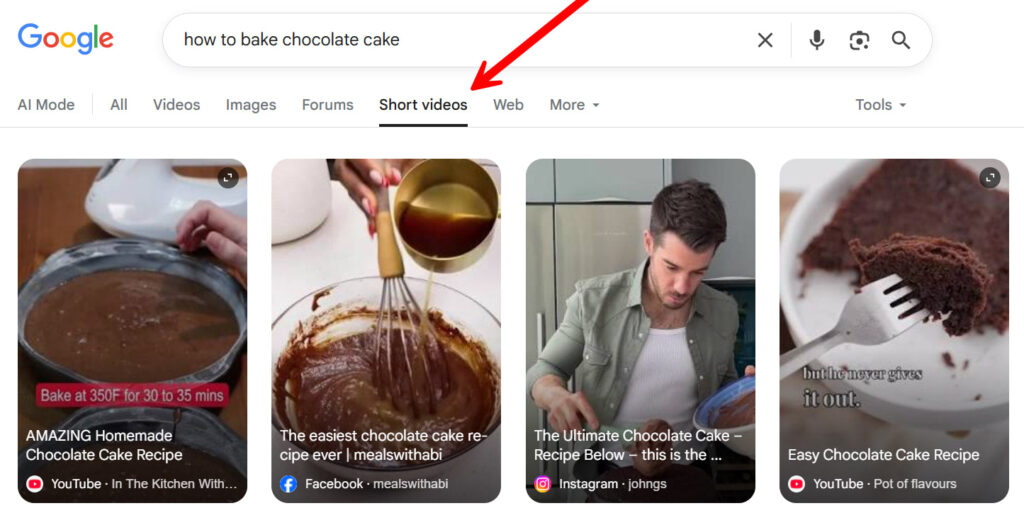
When you create Shorts, make them stand on their own while pointing viewers back to your longer videos. Hook people in the first few seconds, keep the pacing tight, and end with a clear call to action.
Match format to your goal:
| Content Type | Ideal Length | Best Use Case |
| YouTube Shorts | 15–60 seconds | Quick tips/teasers/trending topics |
| Standard Videos | 8–15 minutes | Detailed tutorials/storytelling |
| Long-form | 15+ minutes | Deep dives/interviews/comprehensive guides |
YouTube is also rolling out new tools that give smaller creators an edge. One of the biggest is the Hype feature.
Fans can now “hype” up to three videos per week from channels with fewer than 500,000 subscribers. Hyped videos get extra visibility through a leaderboard, leveling the playing field and giving your audience a direct way to boost your reach.
Want to see how it works in action? Watch the Stream Scheme video below for a quick, clear walkthrough of the Hype feature.
YouTube’s NEW Feature Promotes Small Channels!
Encourage viewers to use their Hype votes on your strongest content. Acknowledge them when they do, and explain how it helps your channel grow. When your audience feels involved, they’re more likely to keep supporting you.
4. Promote Your Videos Beyond YouTube
Your video’s viral potential doesn’t stop on YouTube. Smart creators plan from the start to spread their content across multiple platforms, tailoring it to fit each one.
Simply dropping the same link everywhere rarely works because each platform has its own culture and content style. Instead, create teasers designed for the channel you’re posting on:
- Instagram: Share a behind-the-scenes clip or a key quote with a link sticker.
- Twitter/X: Spark a conversation around the topic of your video.
- TikTok: Post a short-form version that points back to the full video.
- LinkedIn: Write a detailed post if your content fits a business audience.
- Email: Send subscribers extra context or exclusive insights tied to the video.
Communities can also be a huge driver of traction. Reddit, Discord, and Facebook groups are powerful when you show up with value first. Join conversations already happening in your niche, then share your video as a natural extension of those discussions.
Collaboration is another amplifier. Partnering with other creators lets you tap into new audiences and grow together. These don’t have to be “big name” collaborations. Working with creators of similar size but different audiences is often more effective than chasing someone with millions of followers.
The key is to build real relationships. Engage with other creators long before you pitch. Share their content when it’s useful for your audience, comment meaningfully, and look for ways to collaborate that feel organic.
5. Engage Your Audience to Keep the Momentum Going
Virality may bring people in, but engagement is what keeps them around. YouTube pays close attention to likes, comments, shares, and watch time when deciding which videos to promote. The more your audience interacts, the stronger your video’s chances of spreading.
Prompt engagement directly inside your videos. Ask viewers to share their opinions, vote in the comments, or suggest what you should cover next. Pin a top comment to guide discussion and show that you’re active in the conversation.
Don’t stop at the video itself. Respond to comments quickly, shout out viewer contributions, and build community through polls, YouTube Stories, and community posts. When people feel seen, they’re far more likely to stick around and support future videos.
Over time, that engagement compounds. Instead of chasing one viral hit after another, you’ll create an active community that pushes every new video further.
Turn Viral Moments Into Lasting Success
Going viral once is exciting, but the smartest creators know the real opportunity is what comes next. A viral video can spark attention, but turning that spike into long-term growth requires a plan.
The moment you see traction, act fast. Create follow-up content that builds on the video’s success. If your viral clip answered one question, make a series that tackles related ones. If it showcased a technique, record tutorials that go deeper. Keep new viewers engaged while their interest is fresh.
This is also the time to point people toward your monetization channels. Viral traffic is short-lived, but products, coaching, and email lists can turn that attention into lasting revenue.
Examples of how to extend virality:
| Viral video type | Follow-up strategy | Monetization opportunity |
| Tutorial/How-to | Advanced version / “common mistakes” video | Sell a detailed course or coaching program |
| Reaction/Commentary | Series of related reactions / deep-dive takes | Build an email list or offer exclusive content |
| Personal Story | Share lessons learned / behind-the-scenes | Launch coaching or consulting services |
| Trending Topic | Weekly series on similar trends | Sponsored content and affiliate partnerships |
Finally, analyze what worked.
Check your YouTube Analytics to see which traffic sources drove views, which formats performed best, and which emotions kept people watching. Replicate those elements in future videos, and learn from other creators who’ve turned viral moments into businesses.
Your Next Step to Going Viral on YouTube
You now have the playbook for creating viral videos: emotion, optimization, and consistent promotion. But a playbook only matters if you use it.
Pick one idea this week. Shape it into a video. Hit publish. Observe what happens, learn from it, and then repeat the process.
Viewers come to YouTube to solve a nagging problem, grab a burst of inspiration between tasks, discover something new, or just laugh at something unexpected. Give them that kind of moment, and the algorithm will follow.




